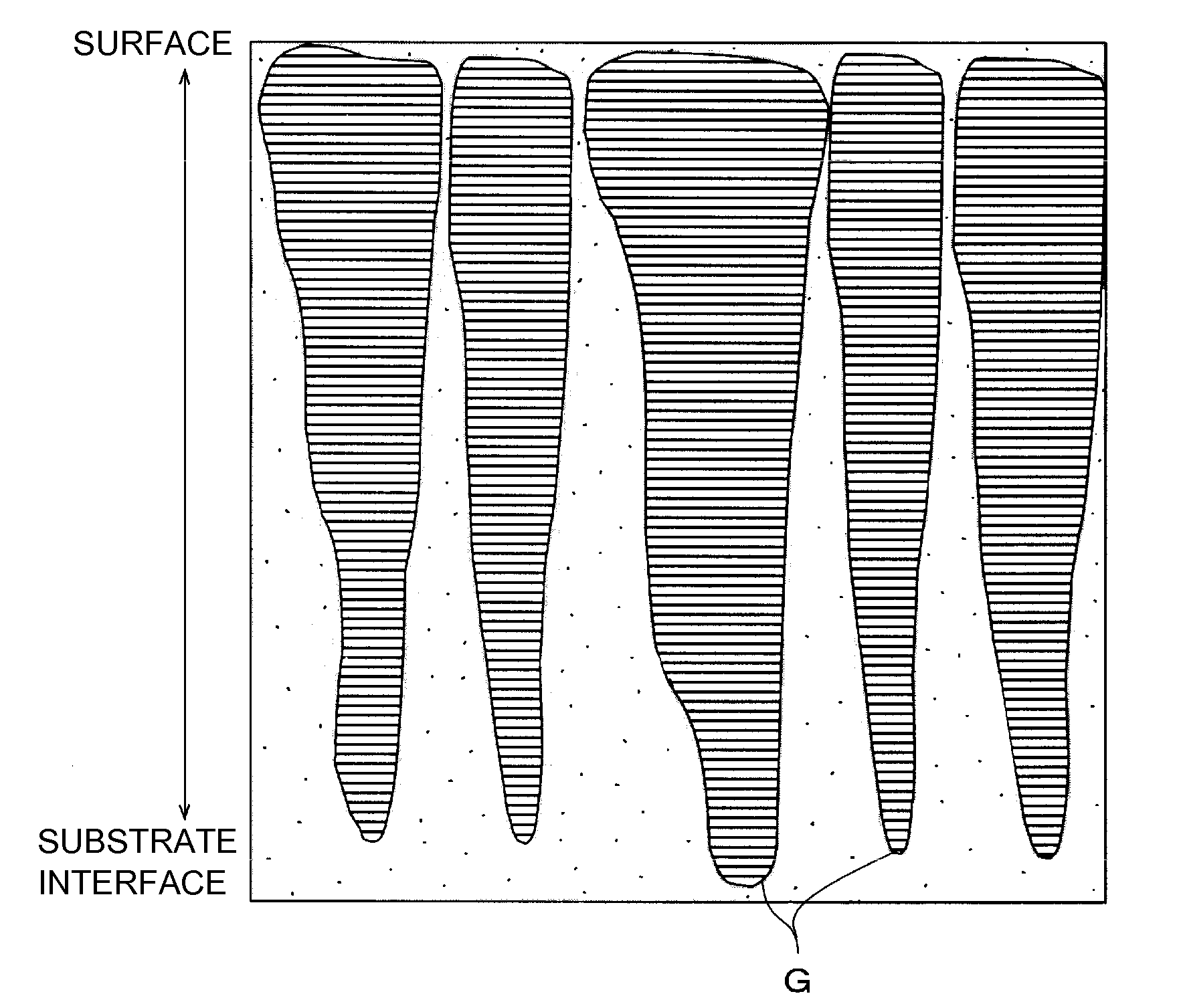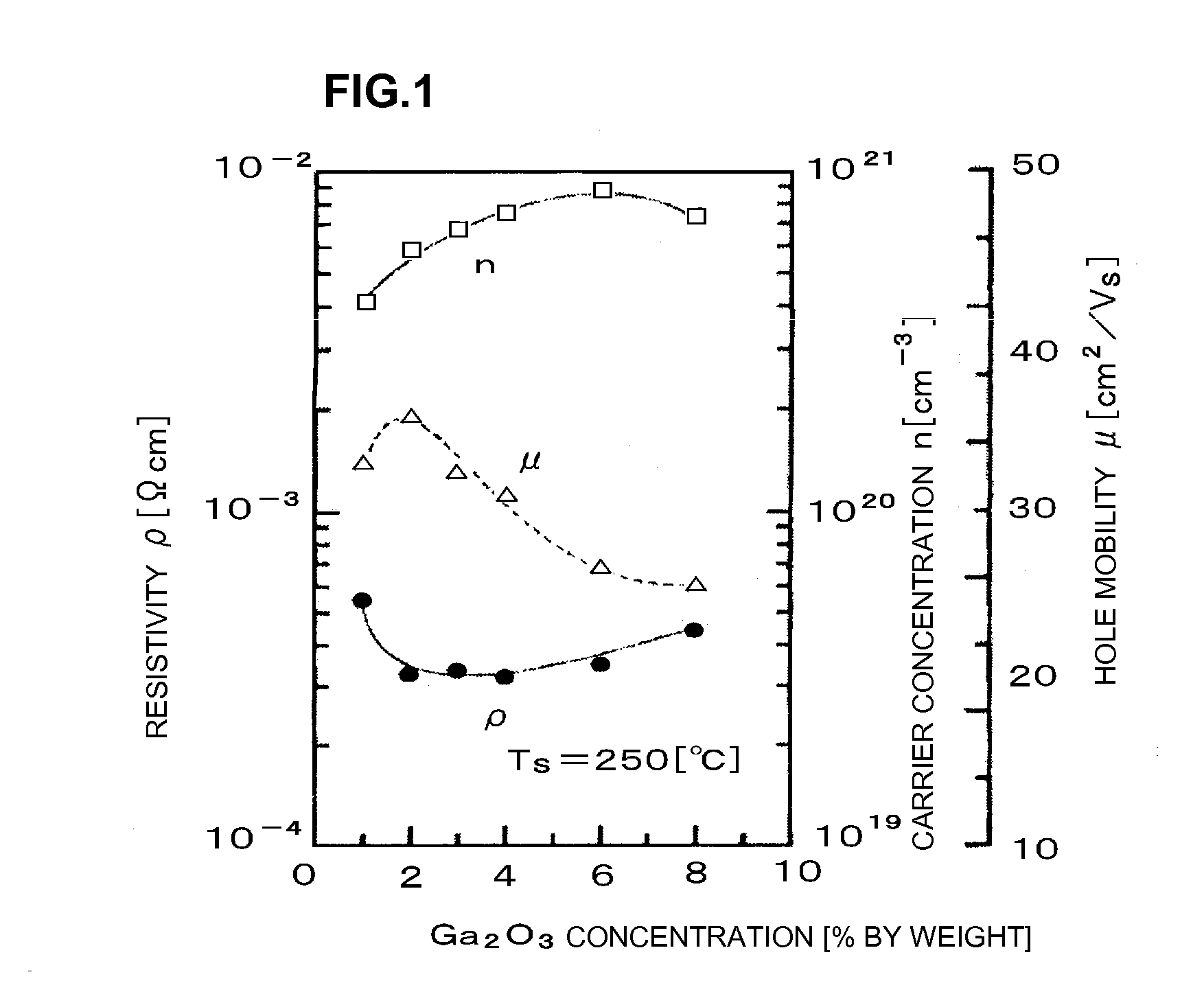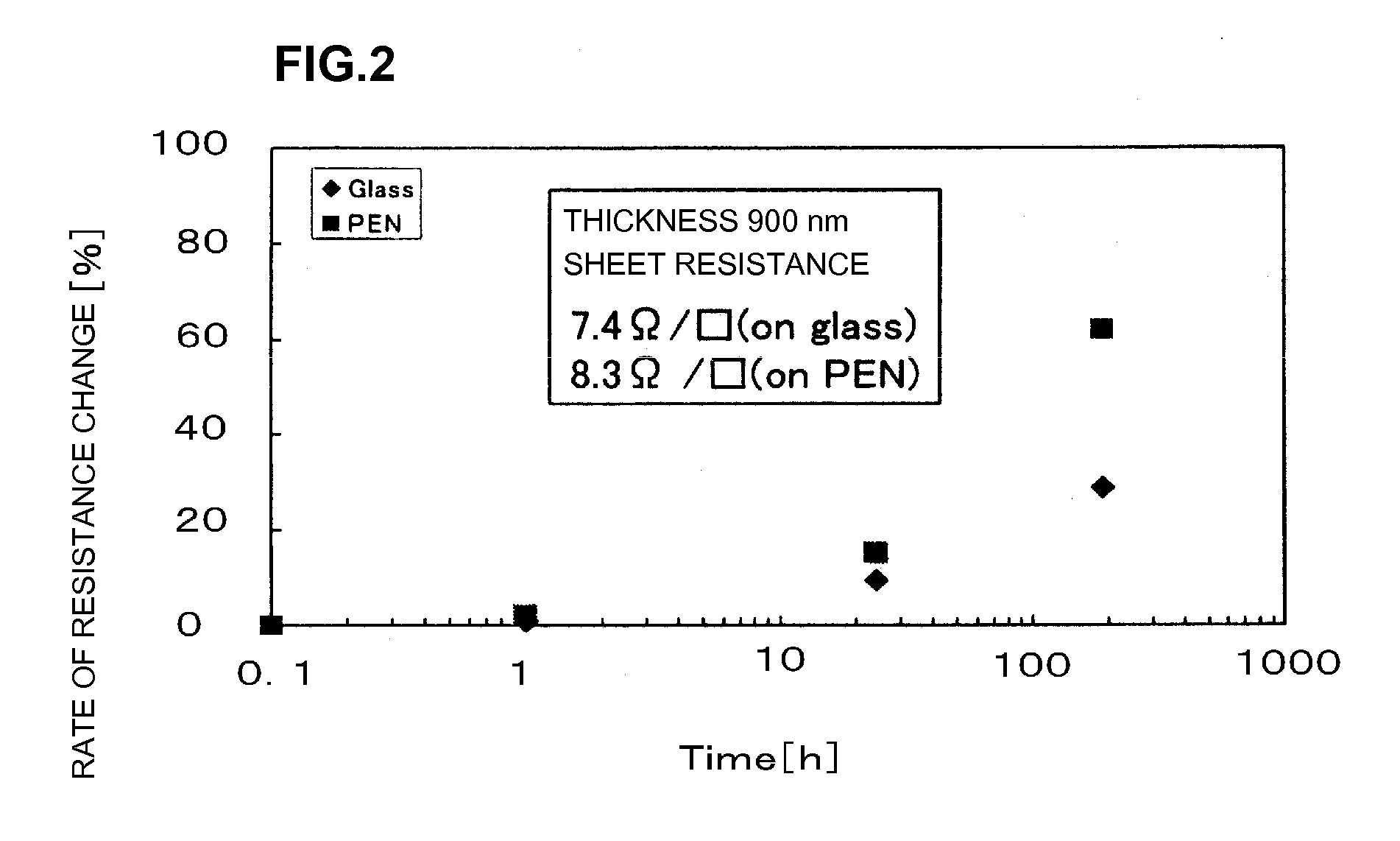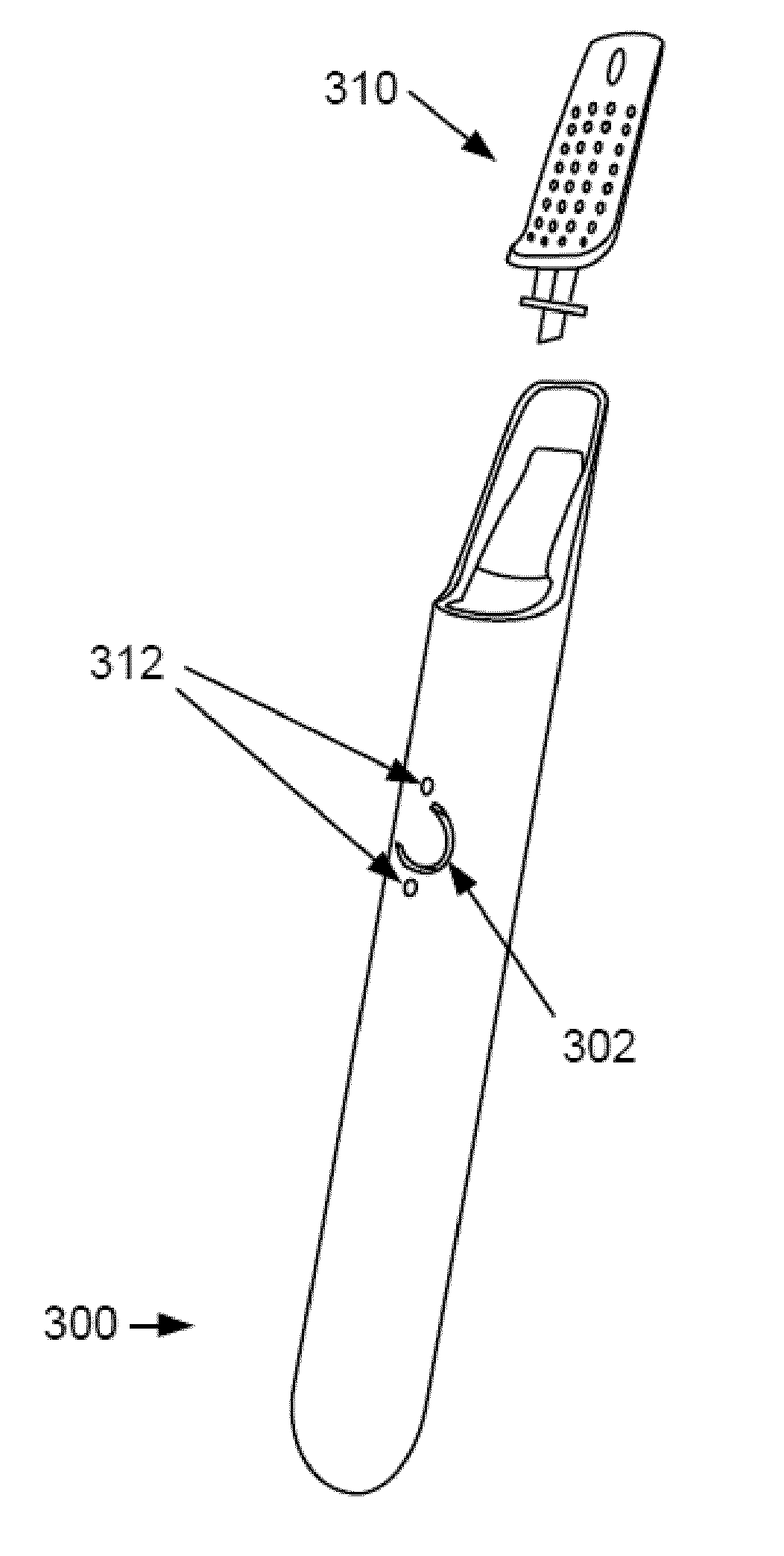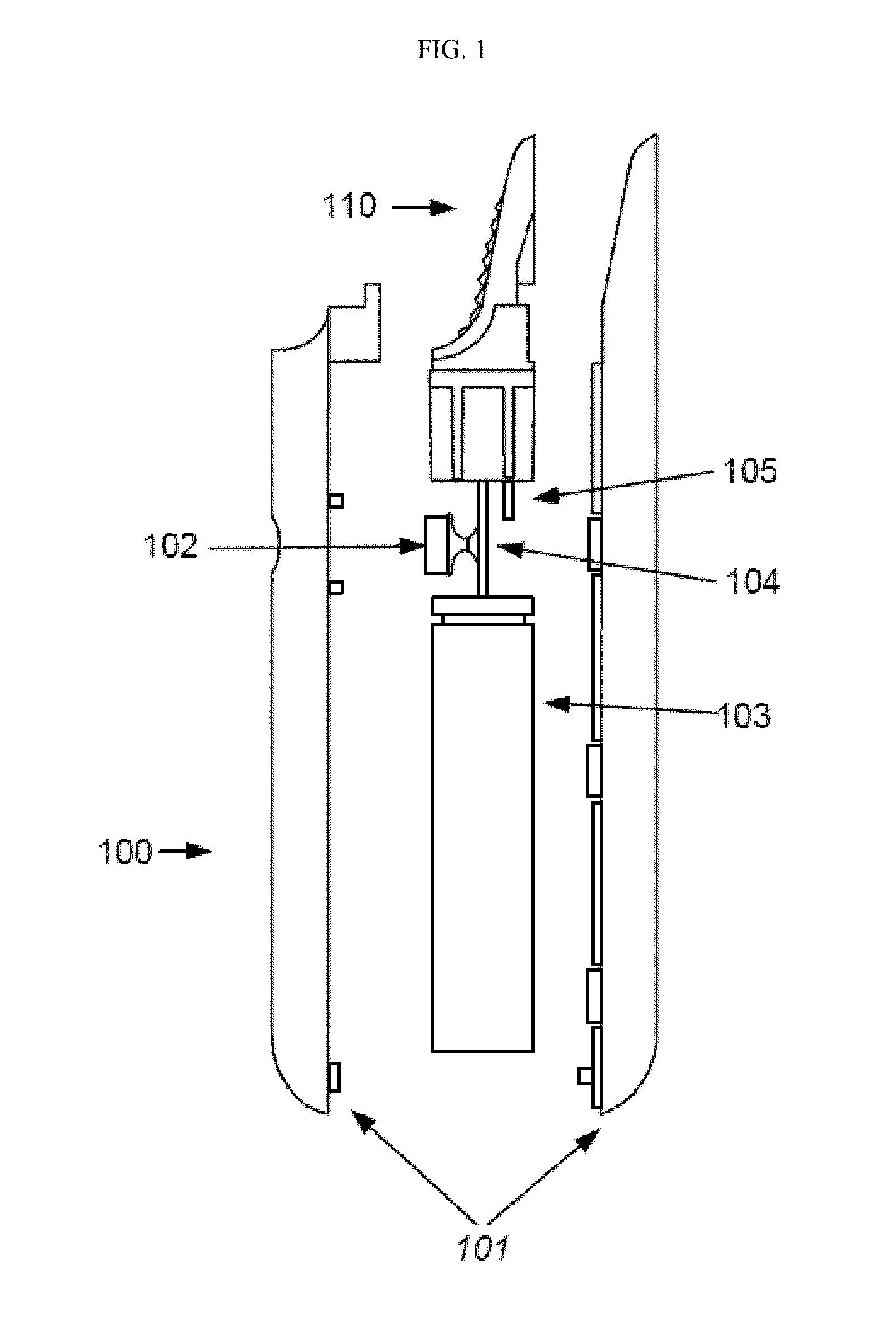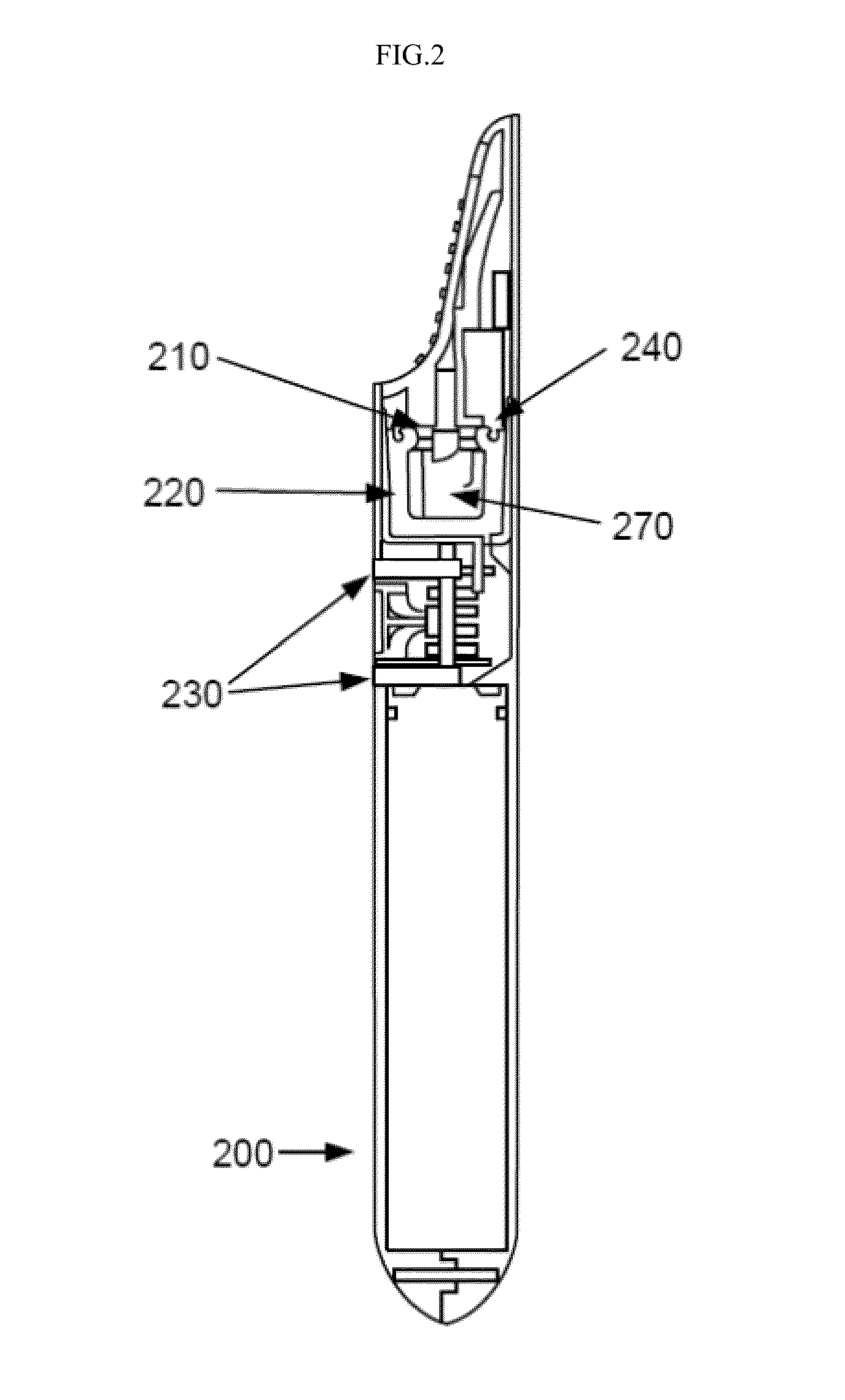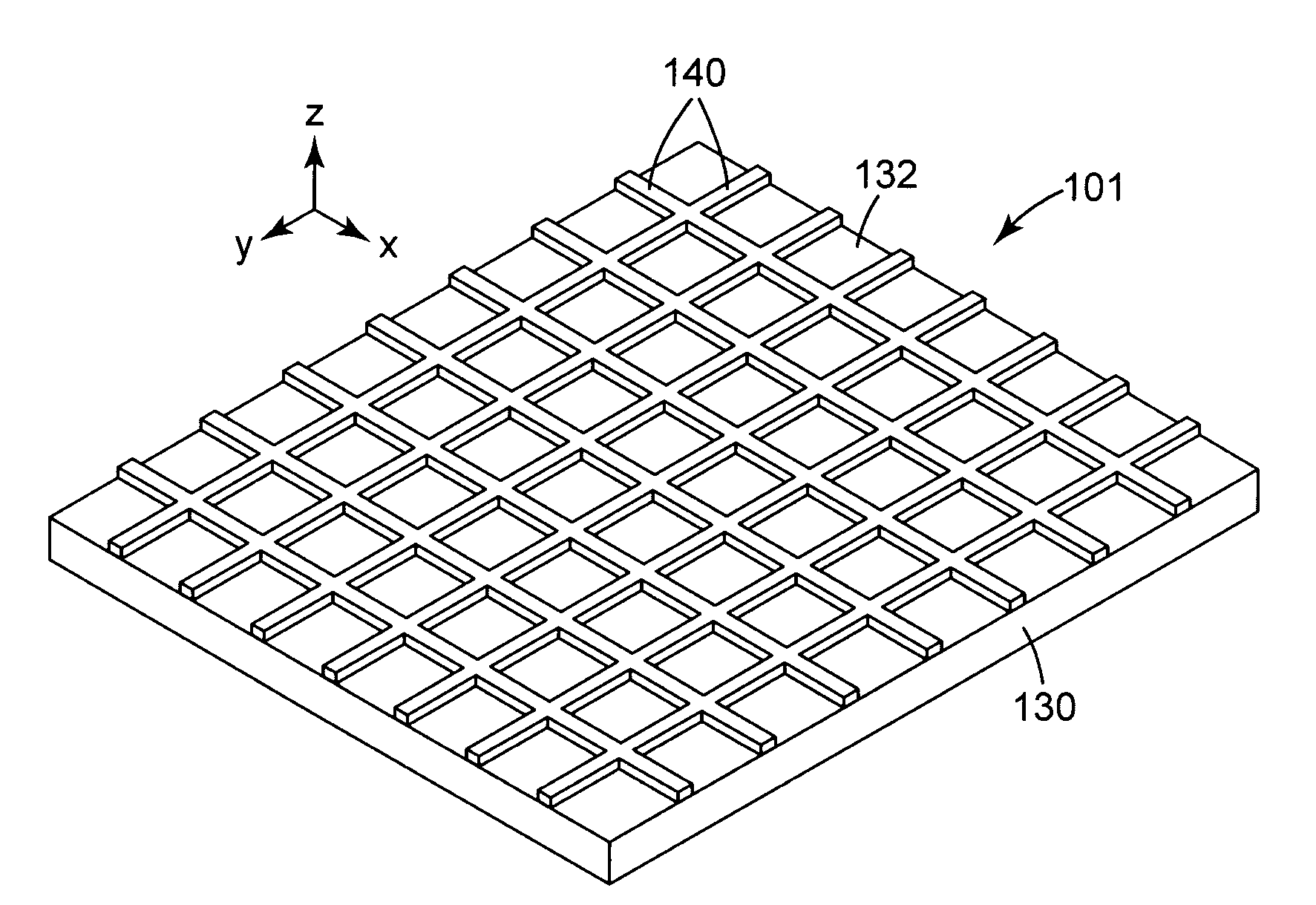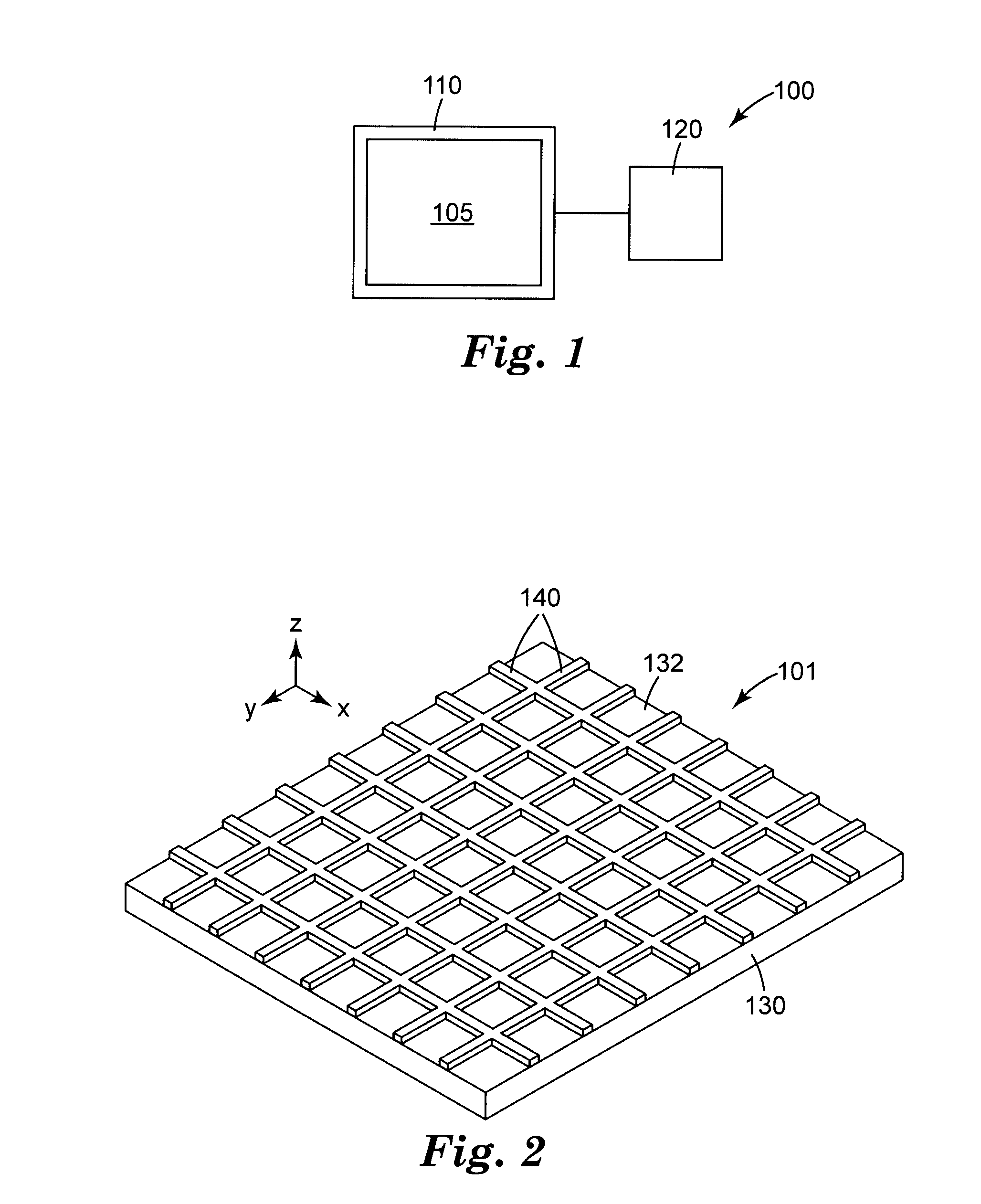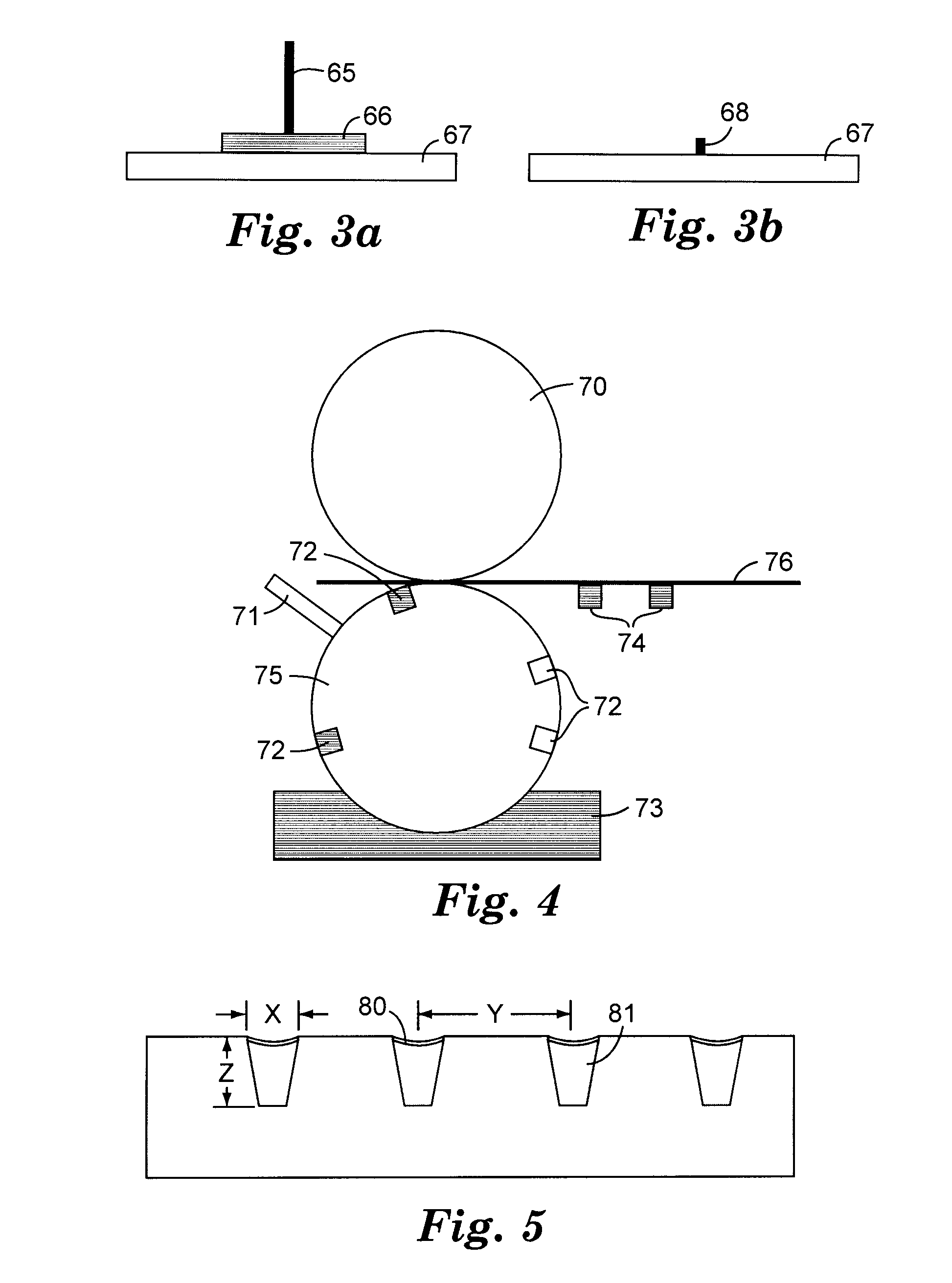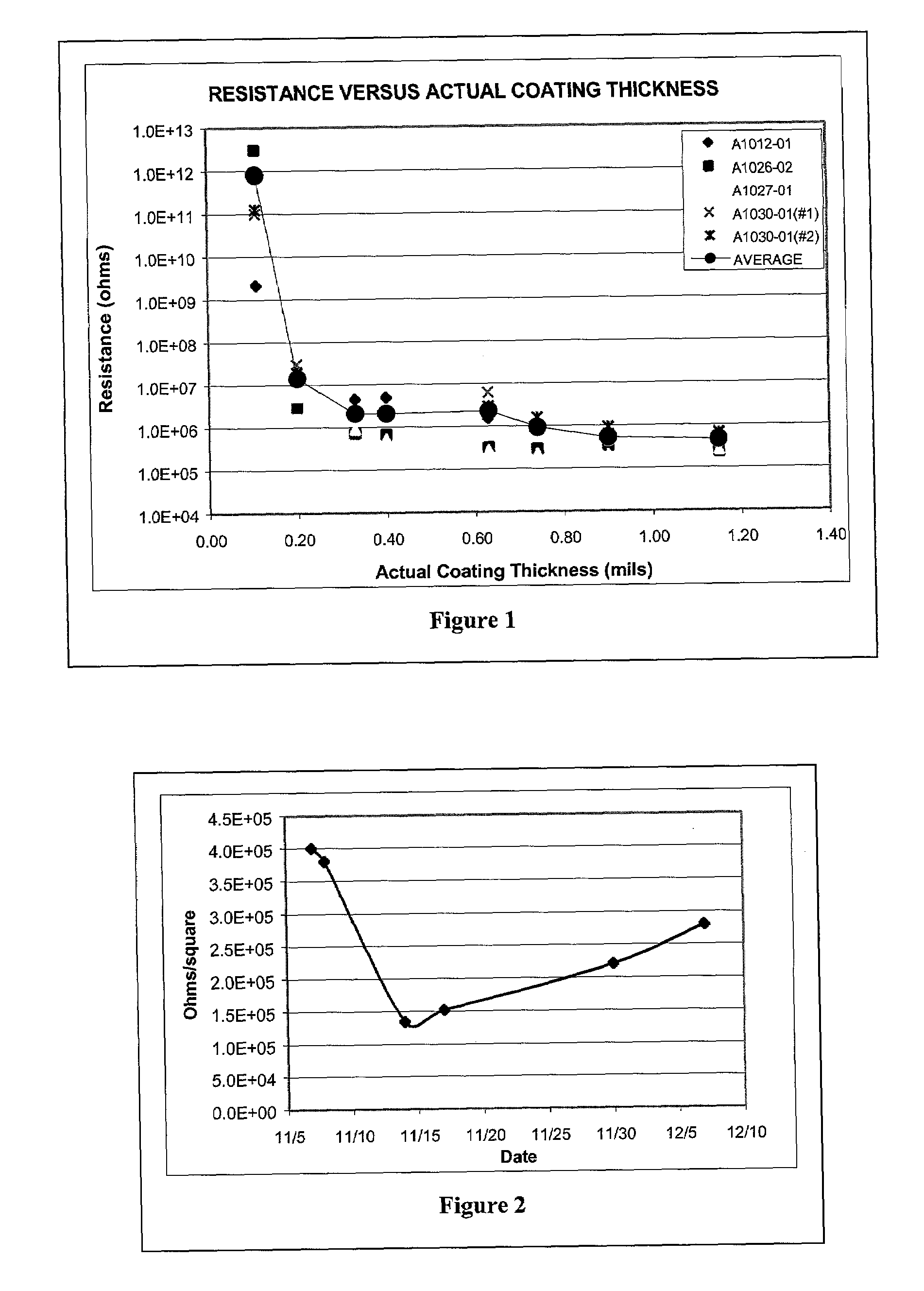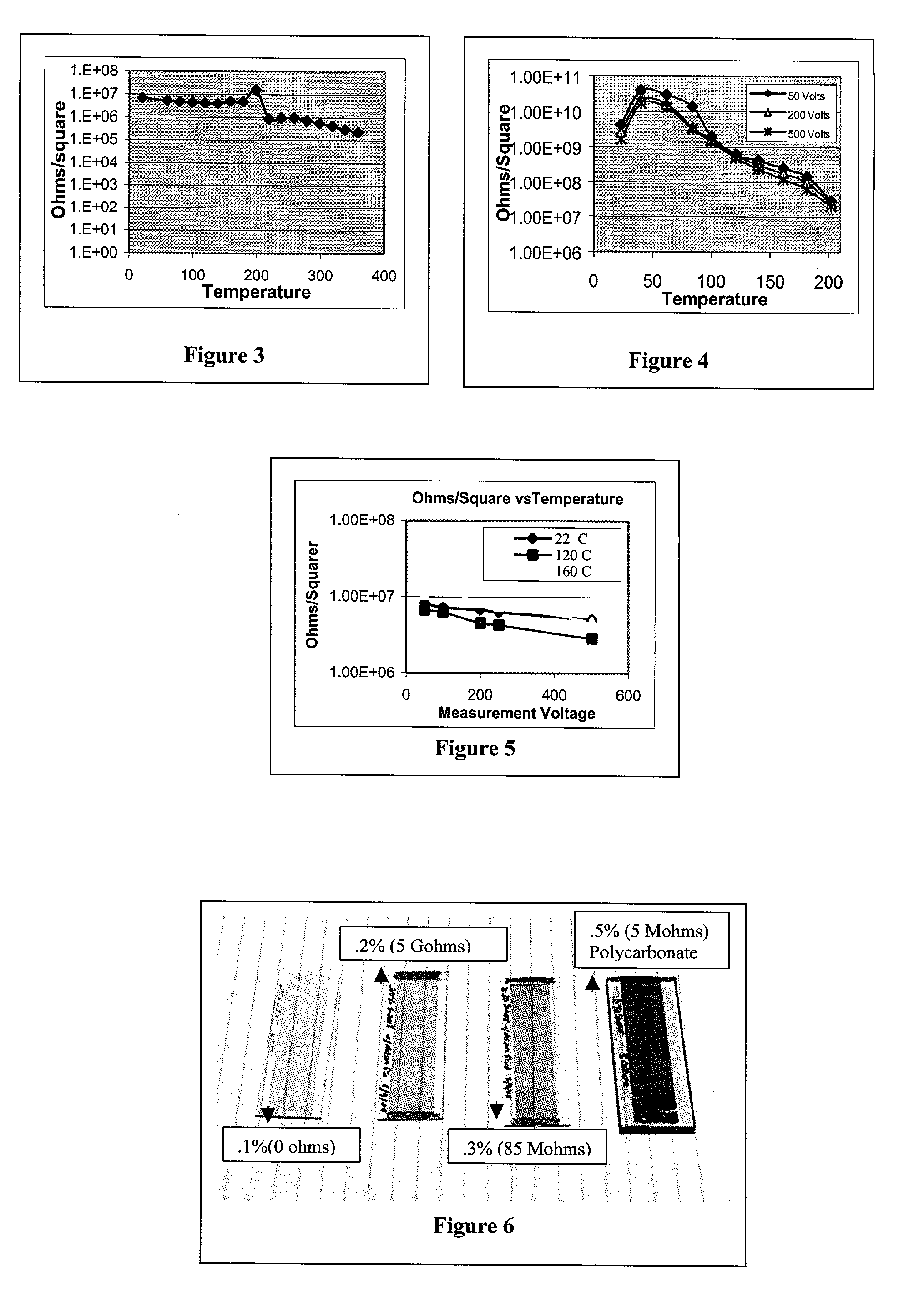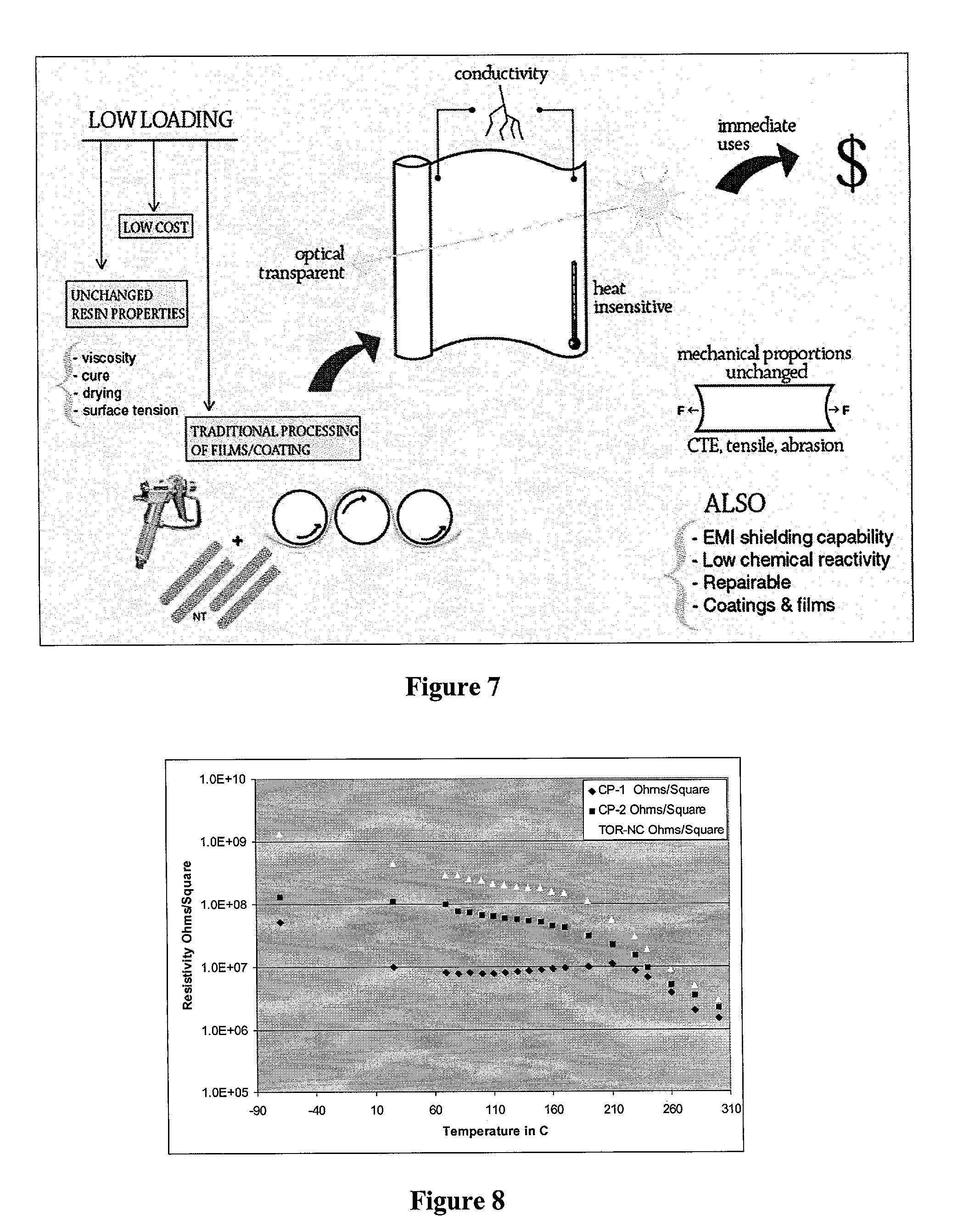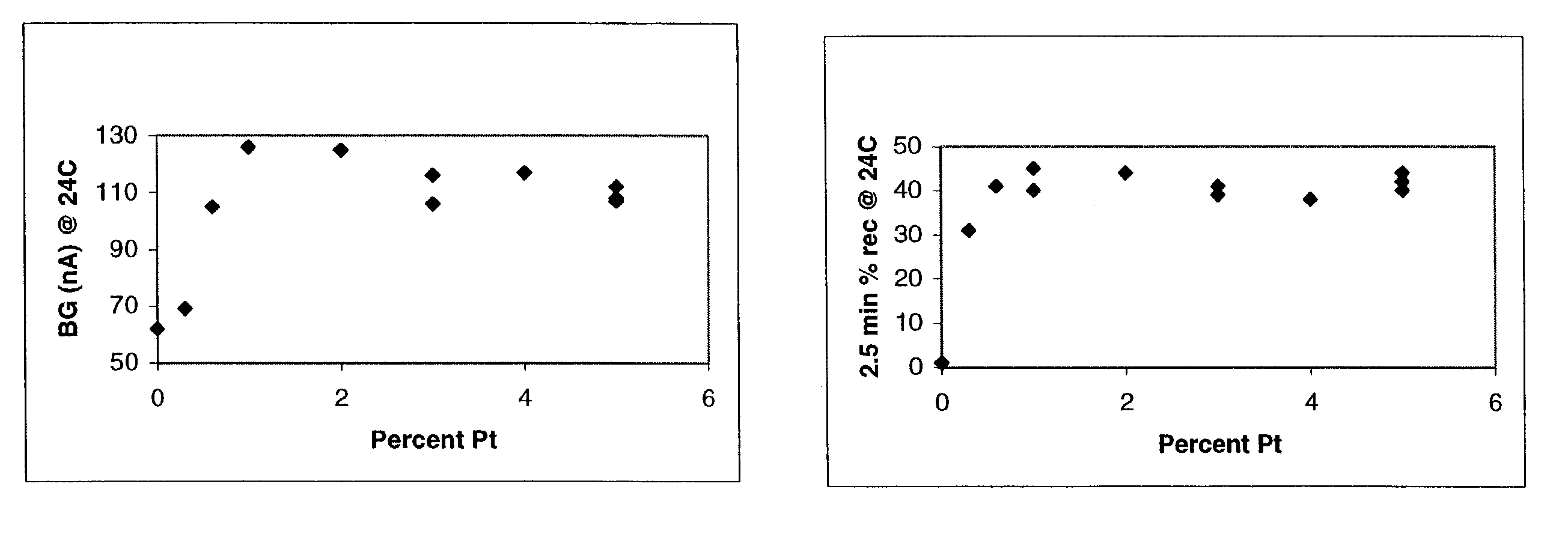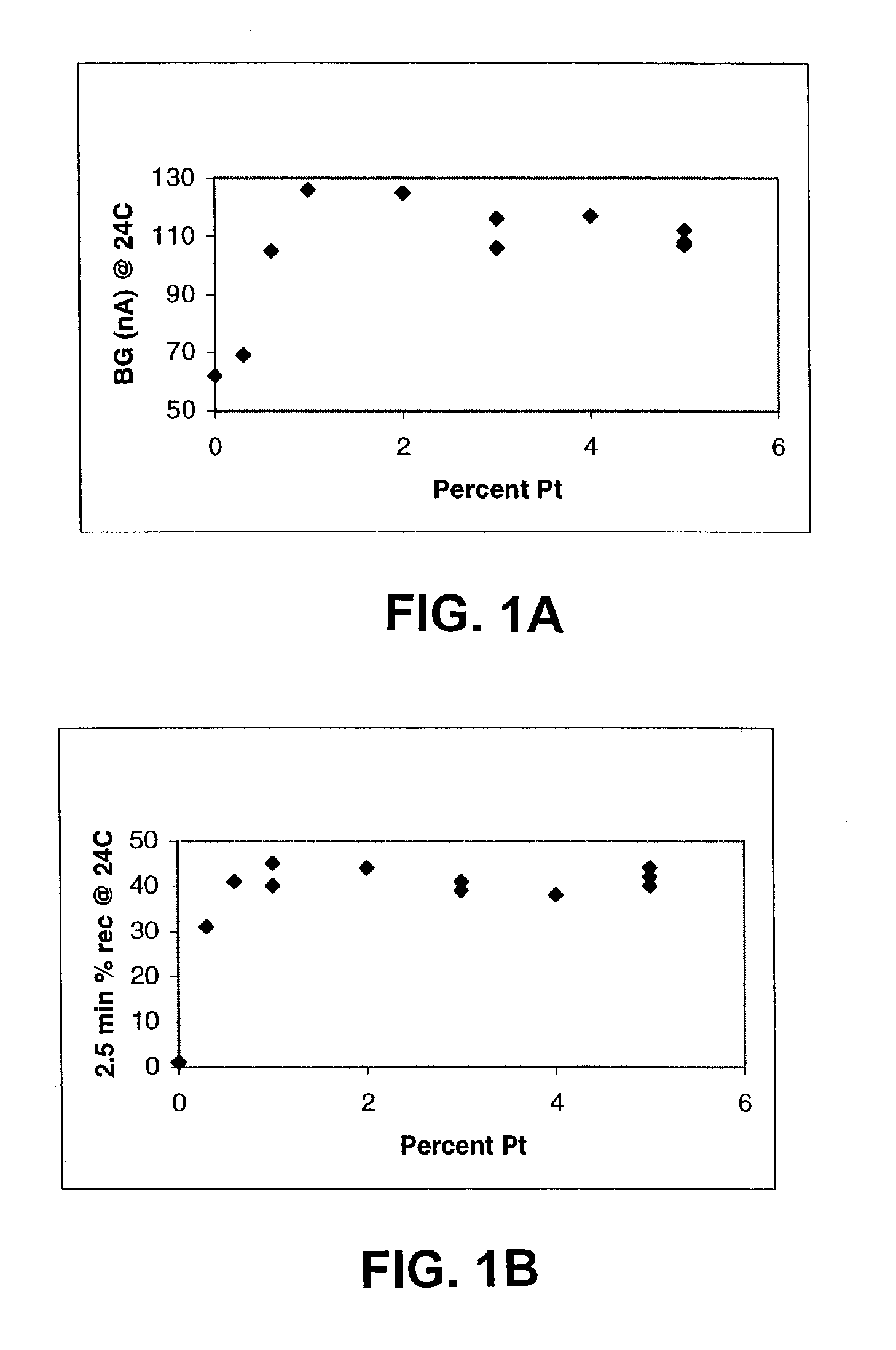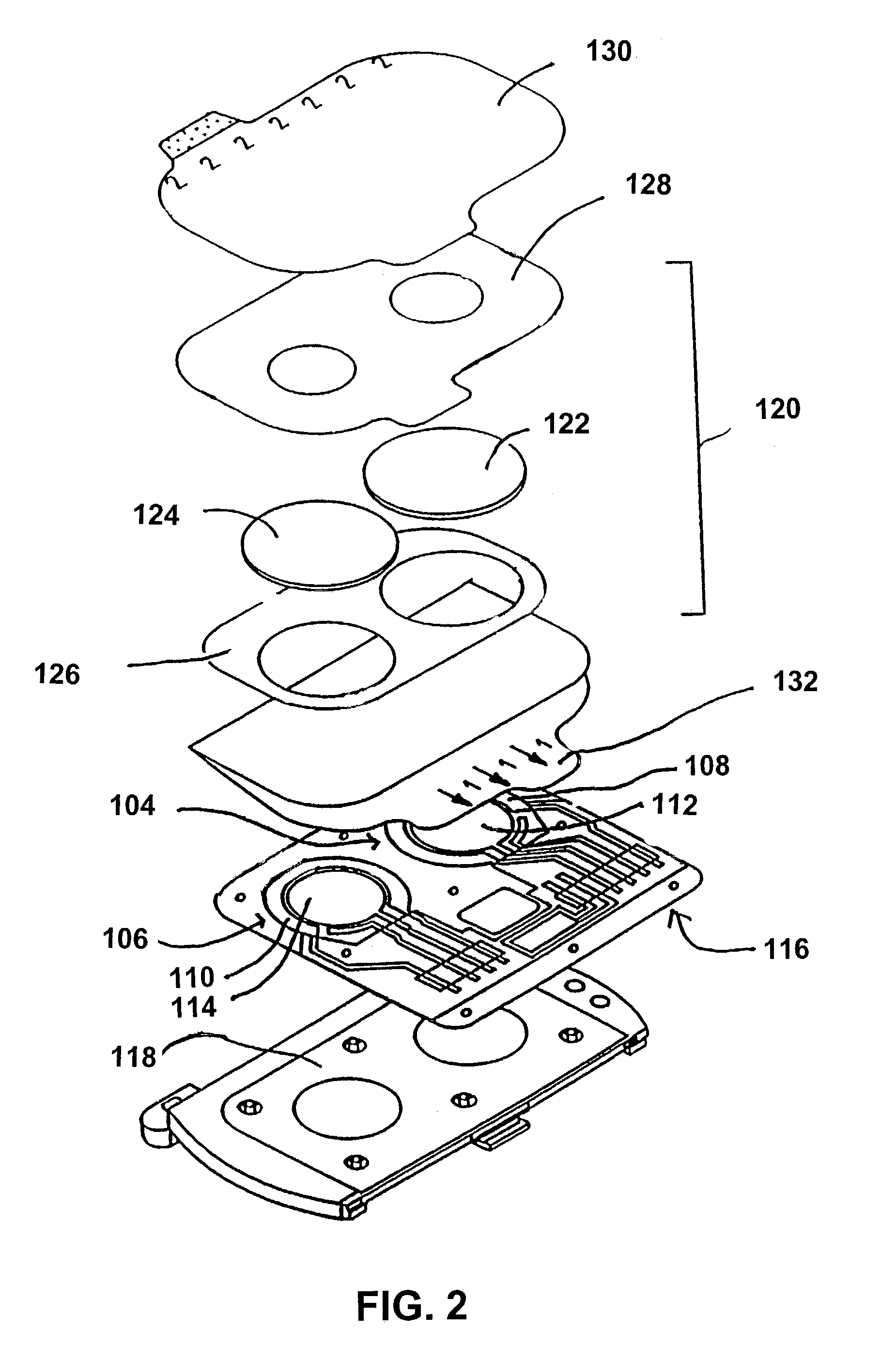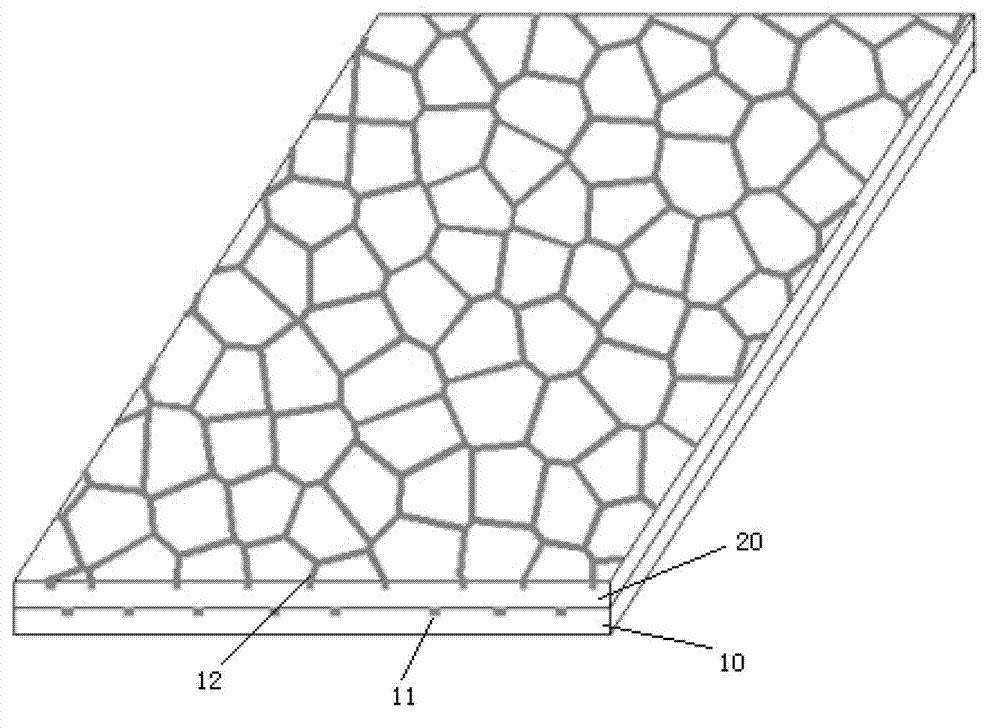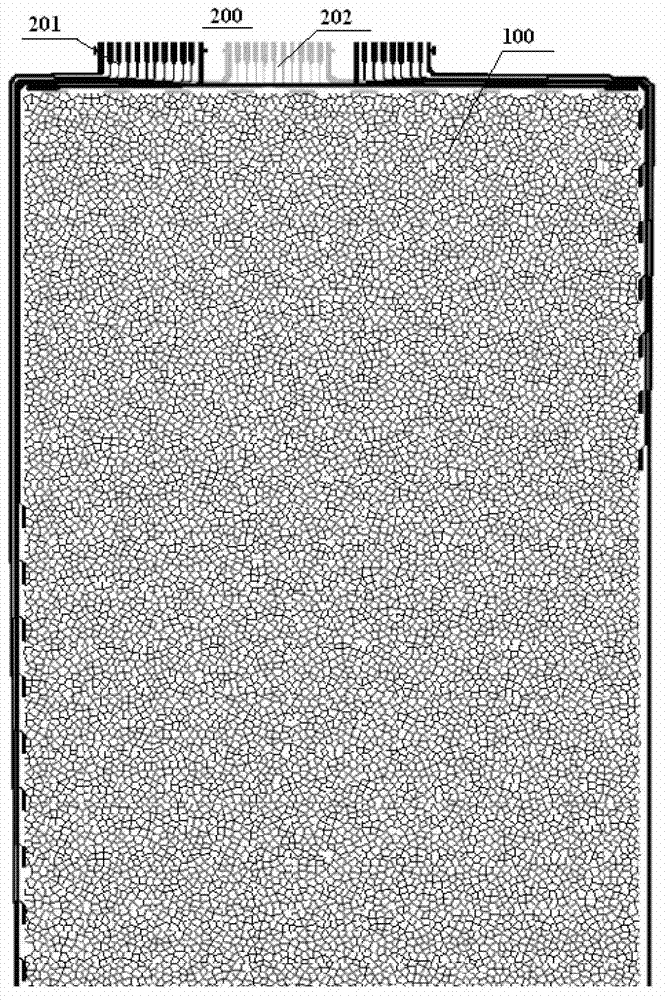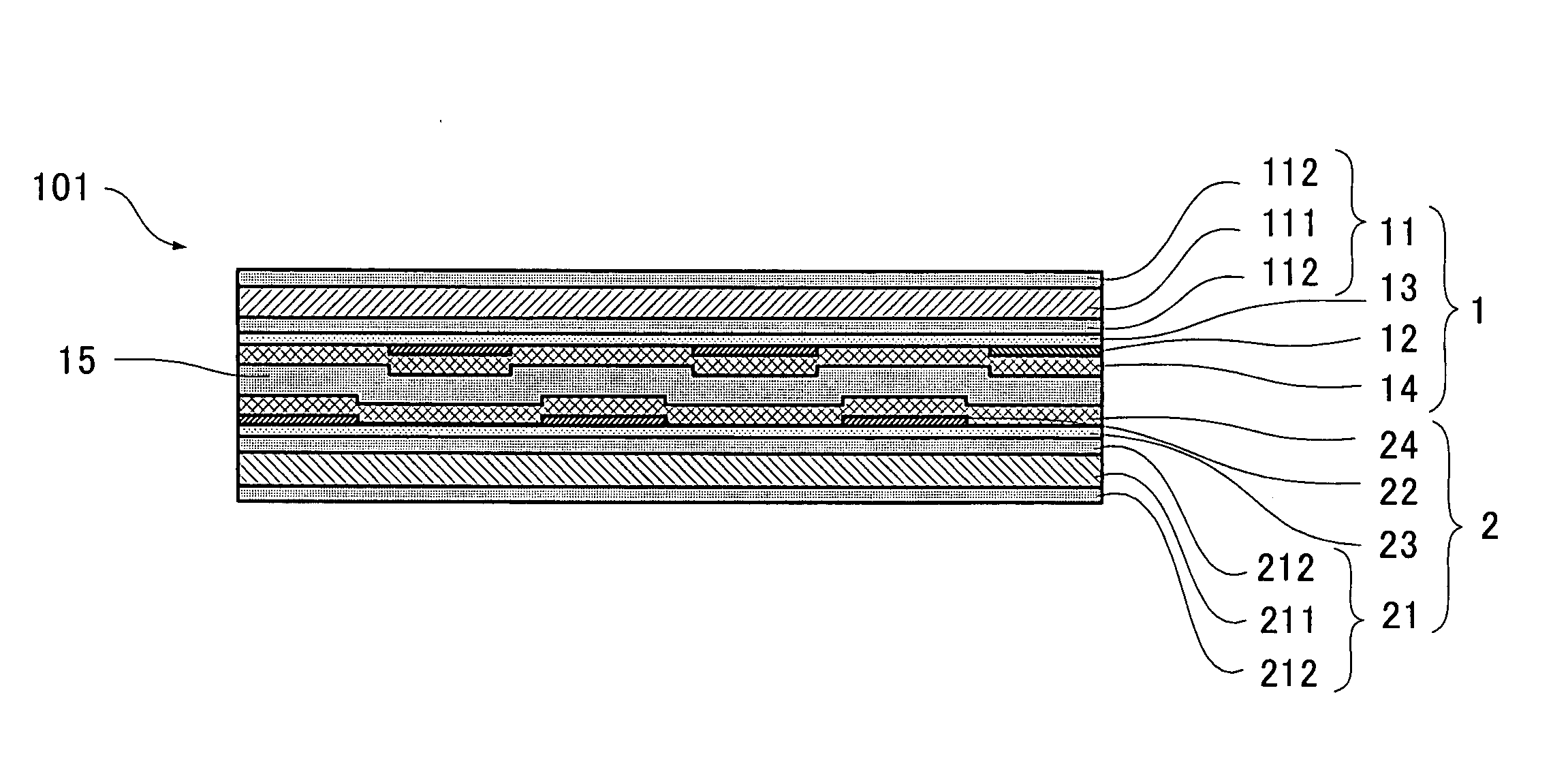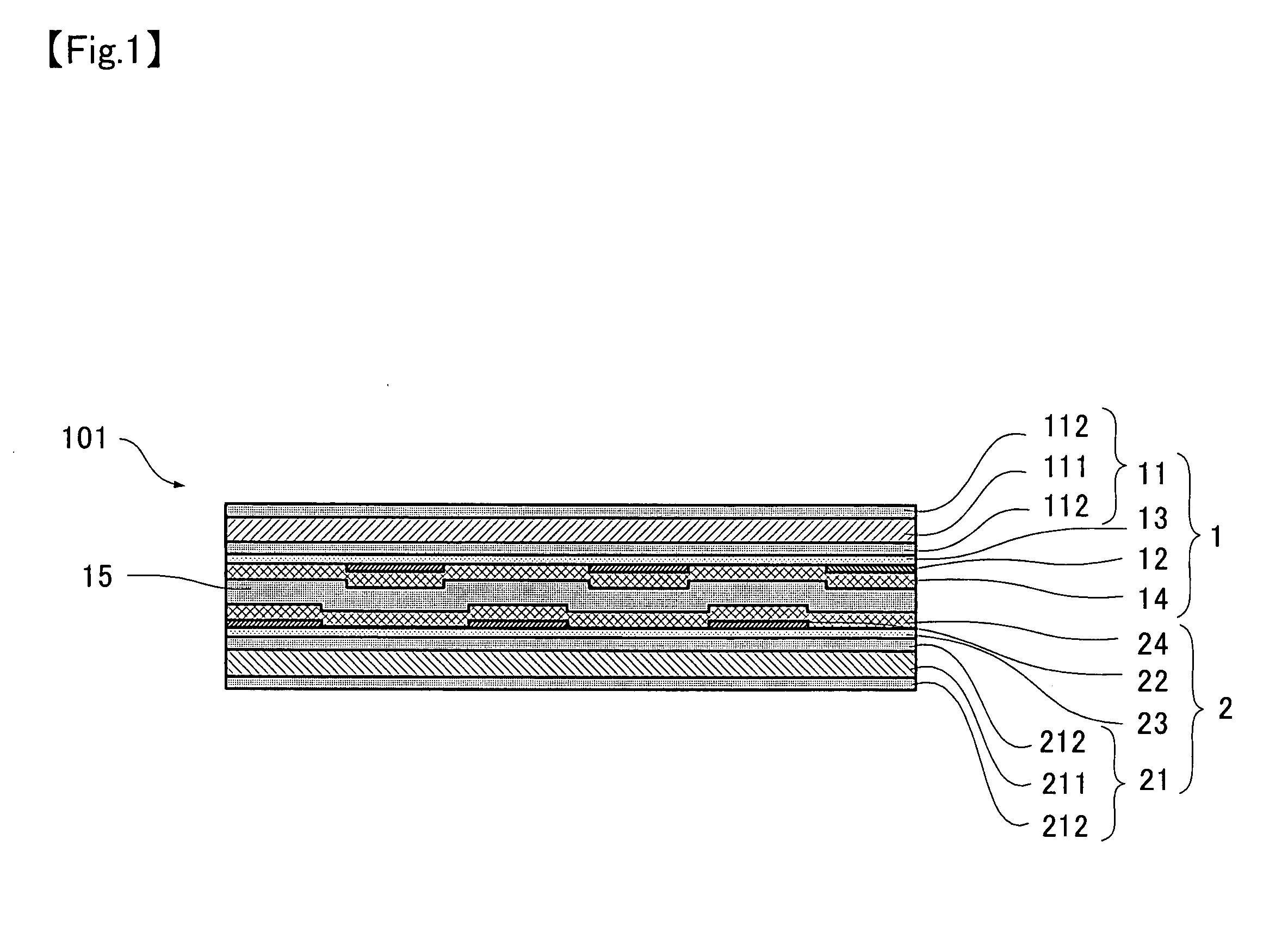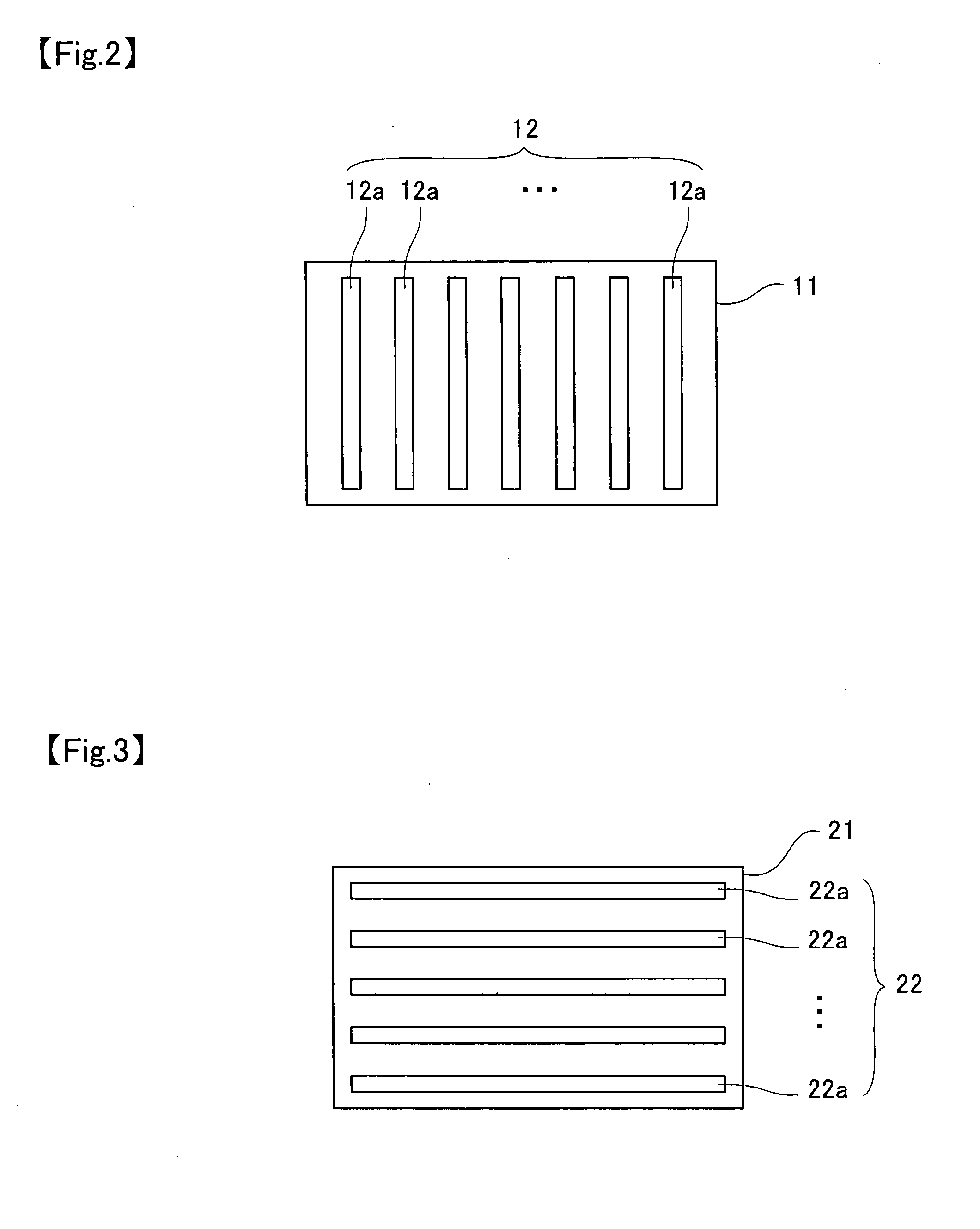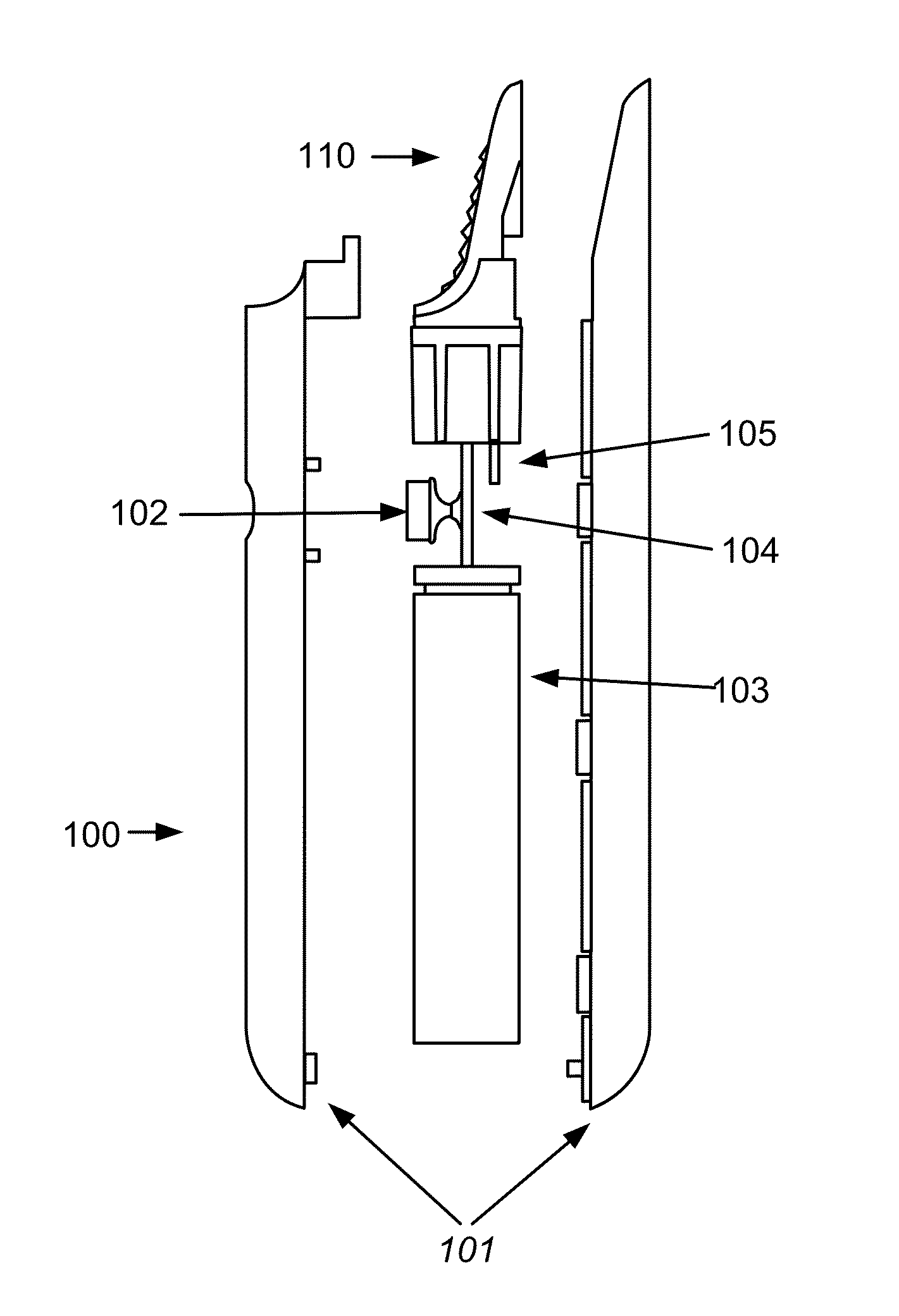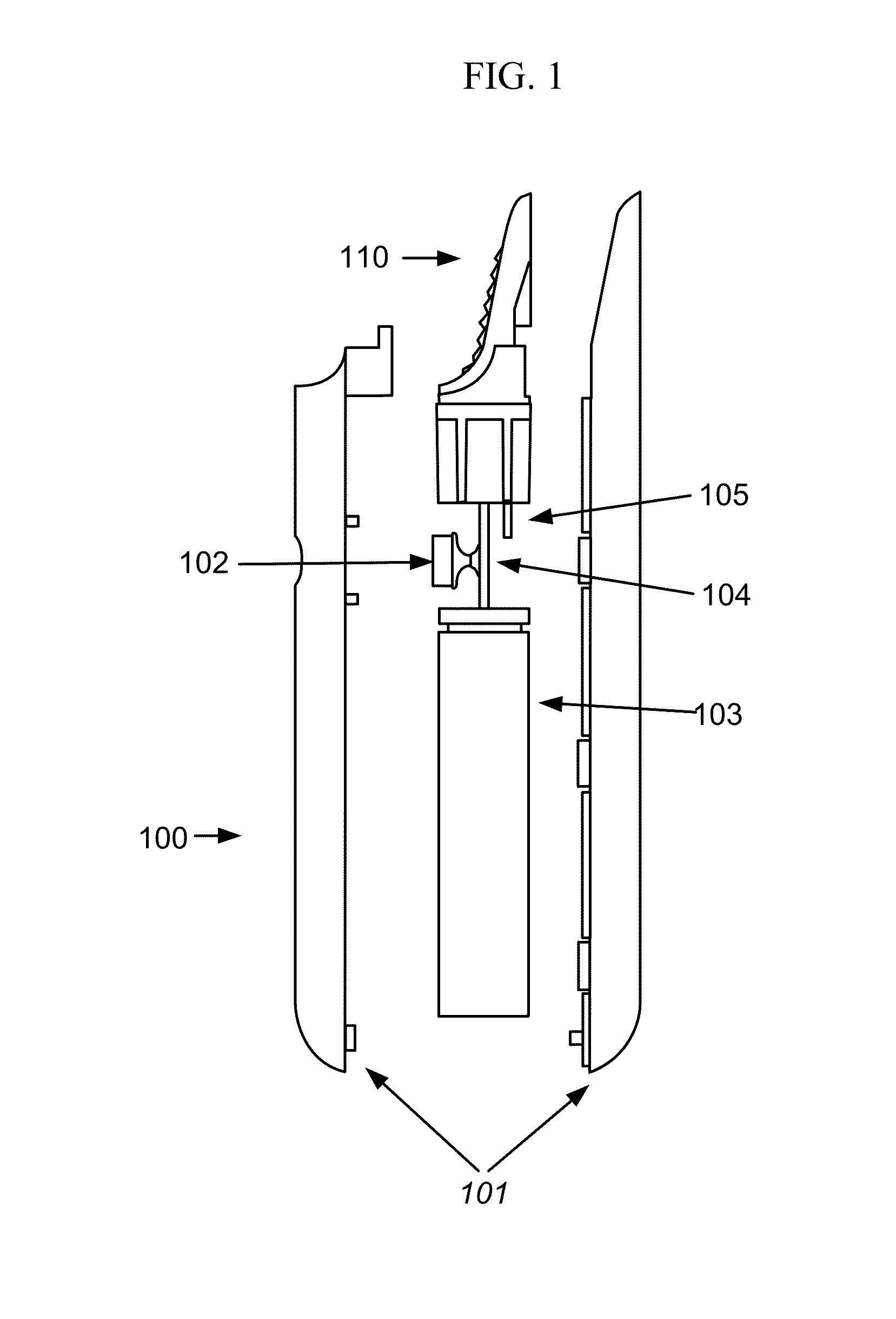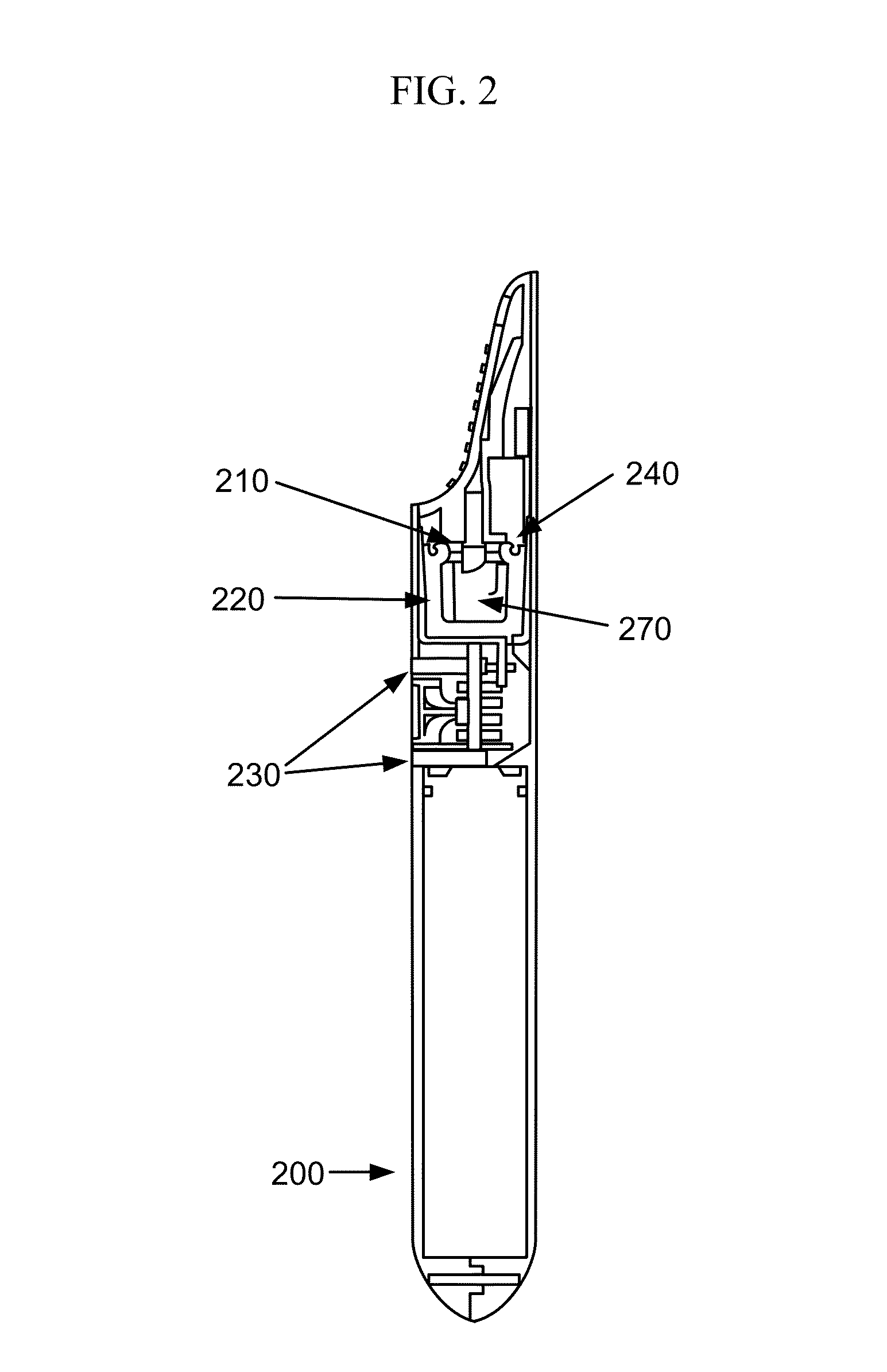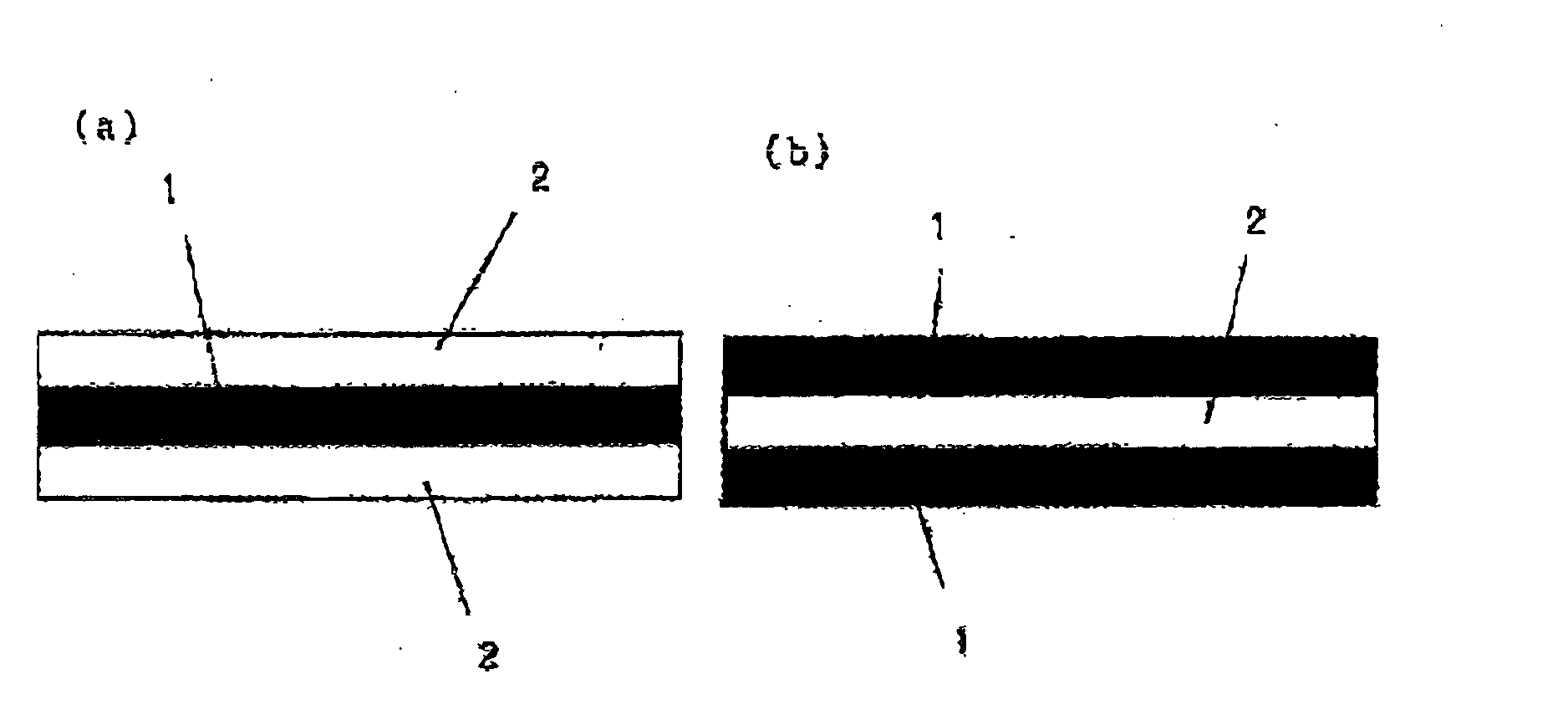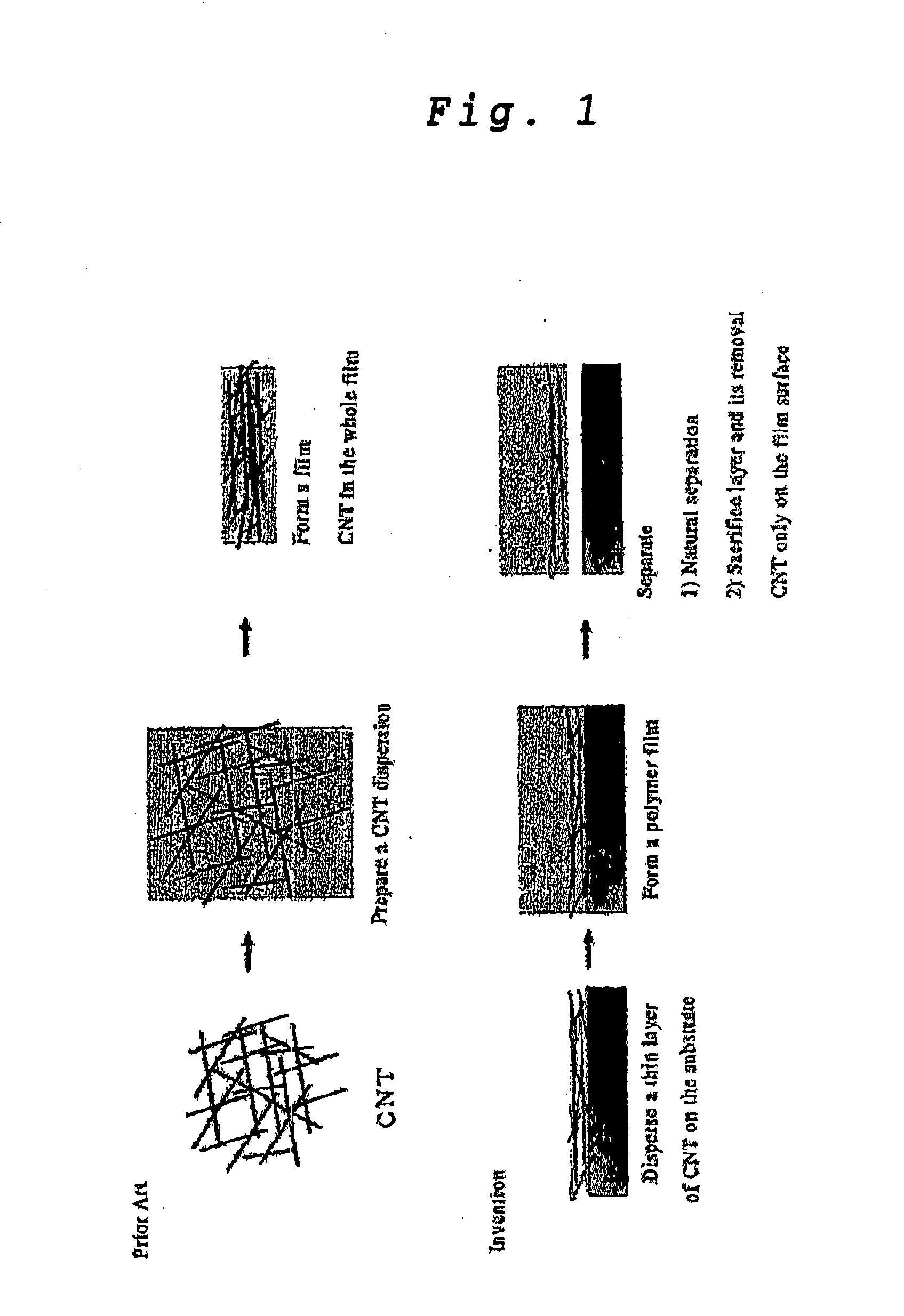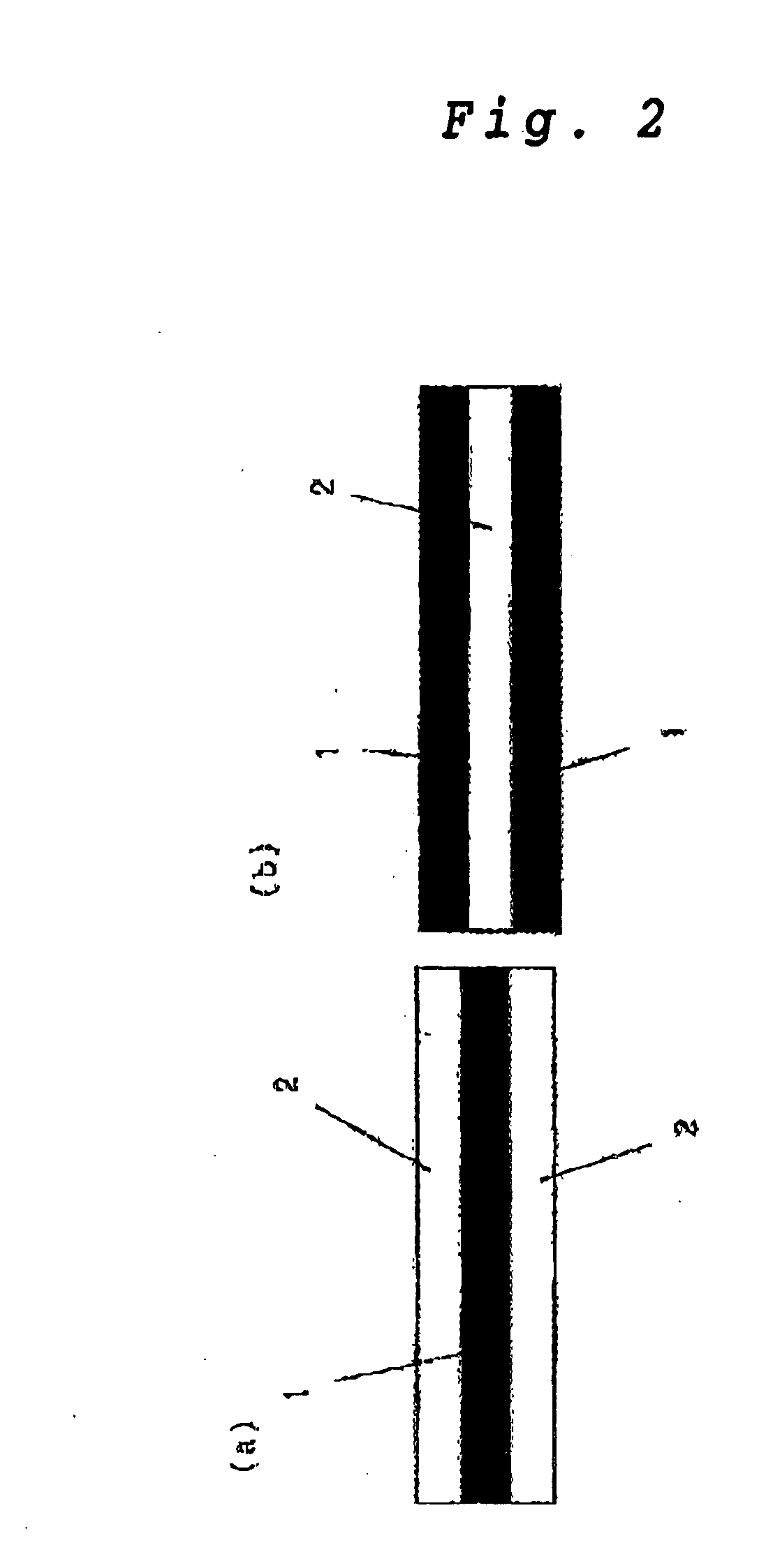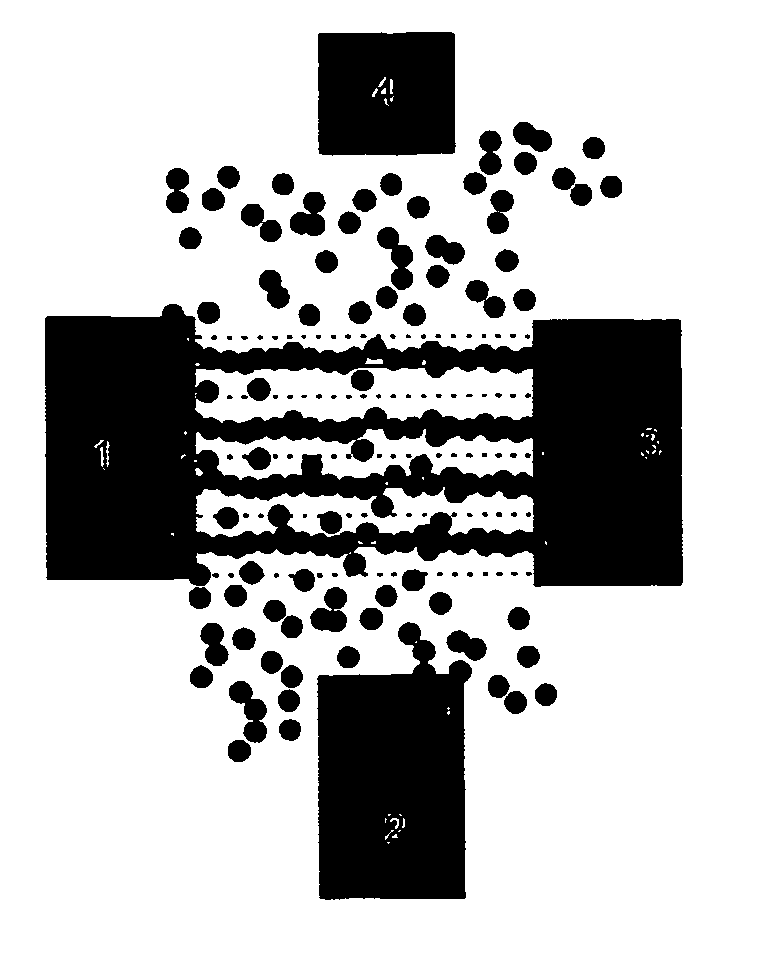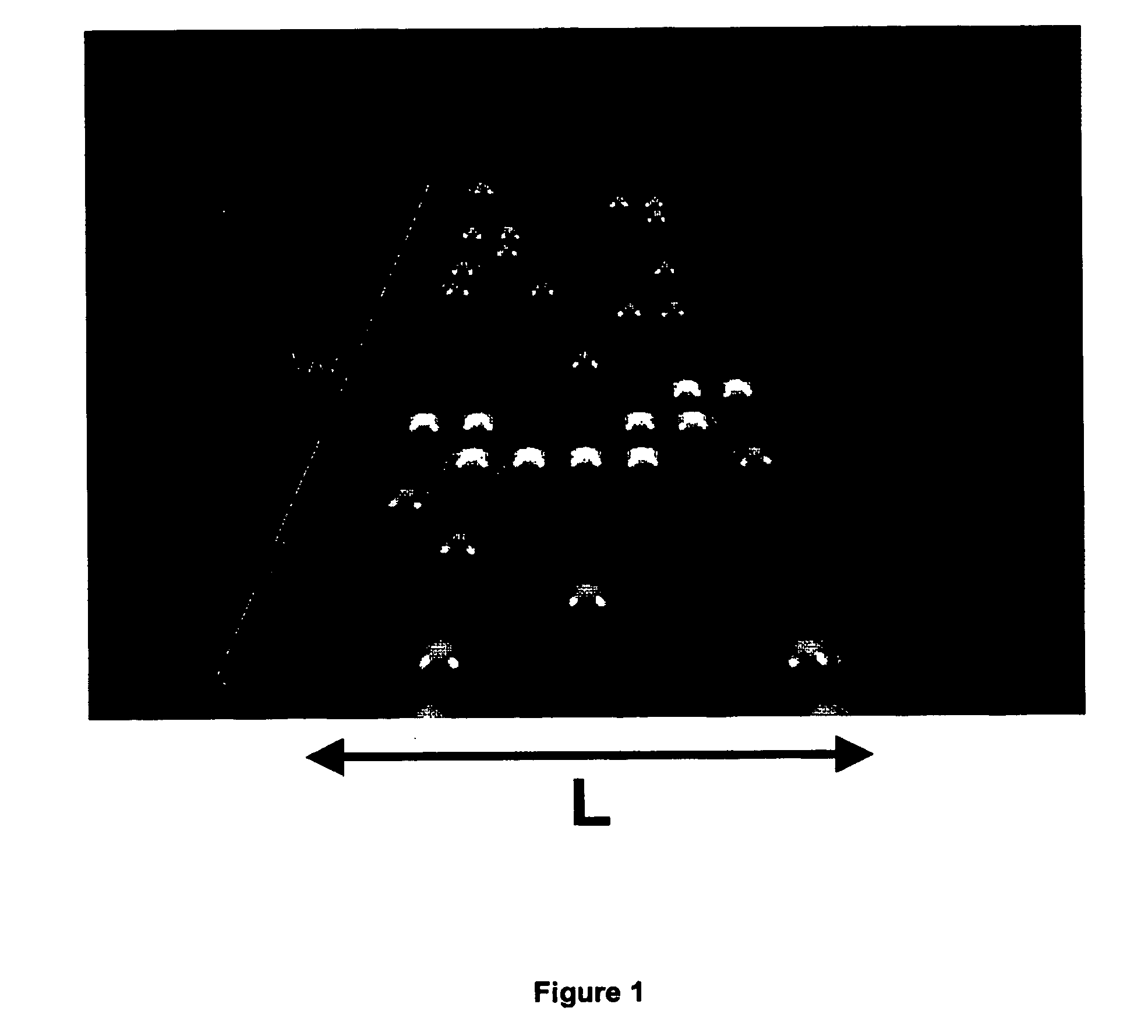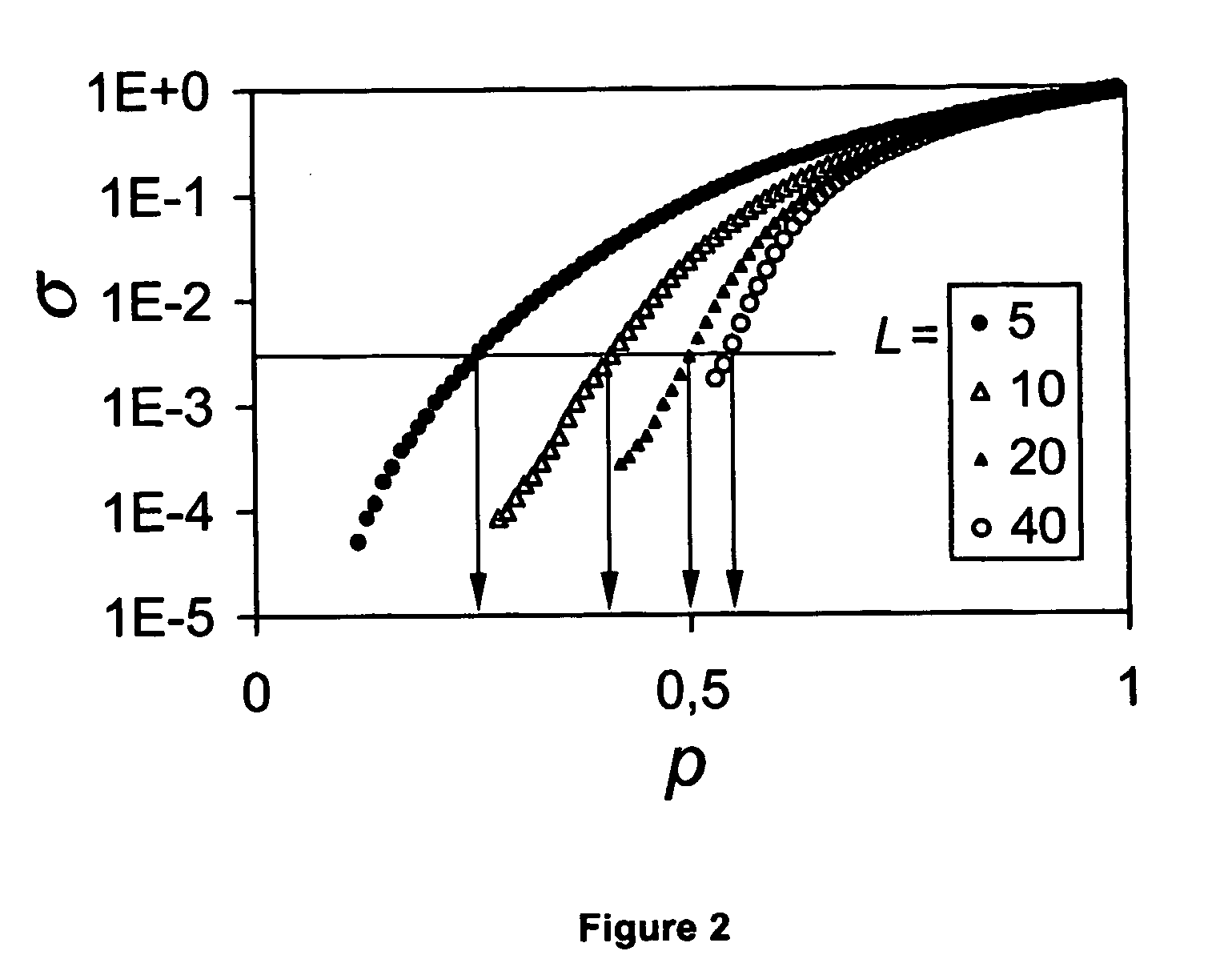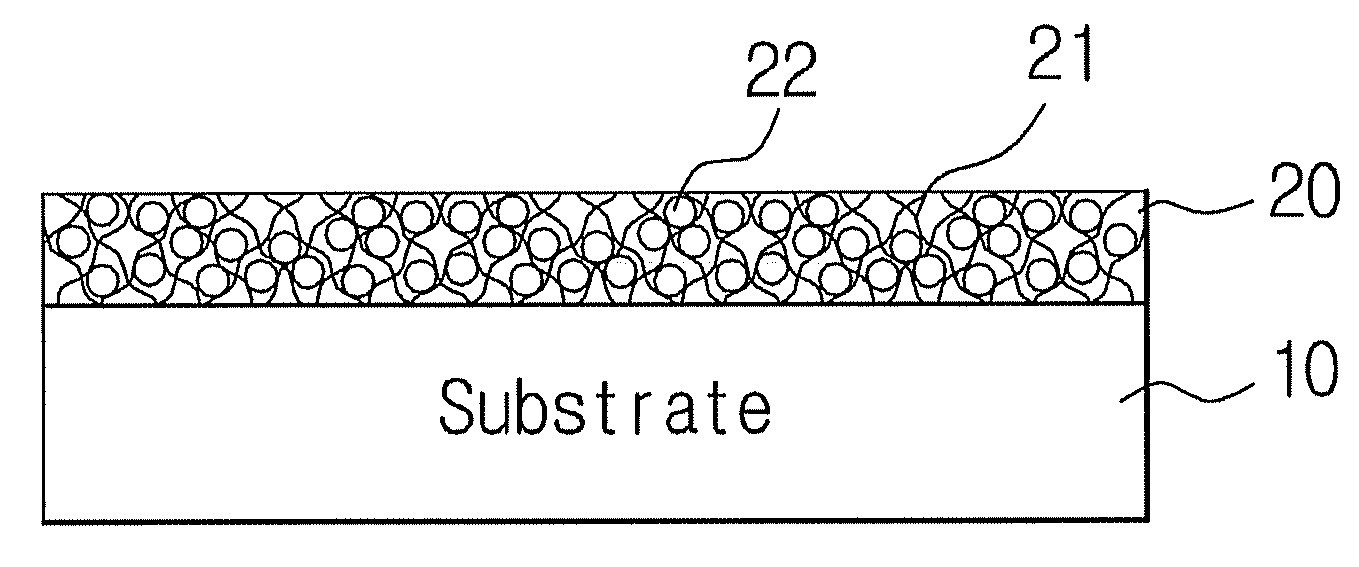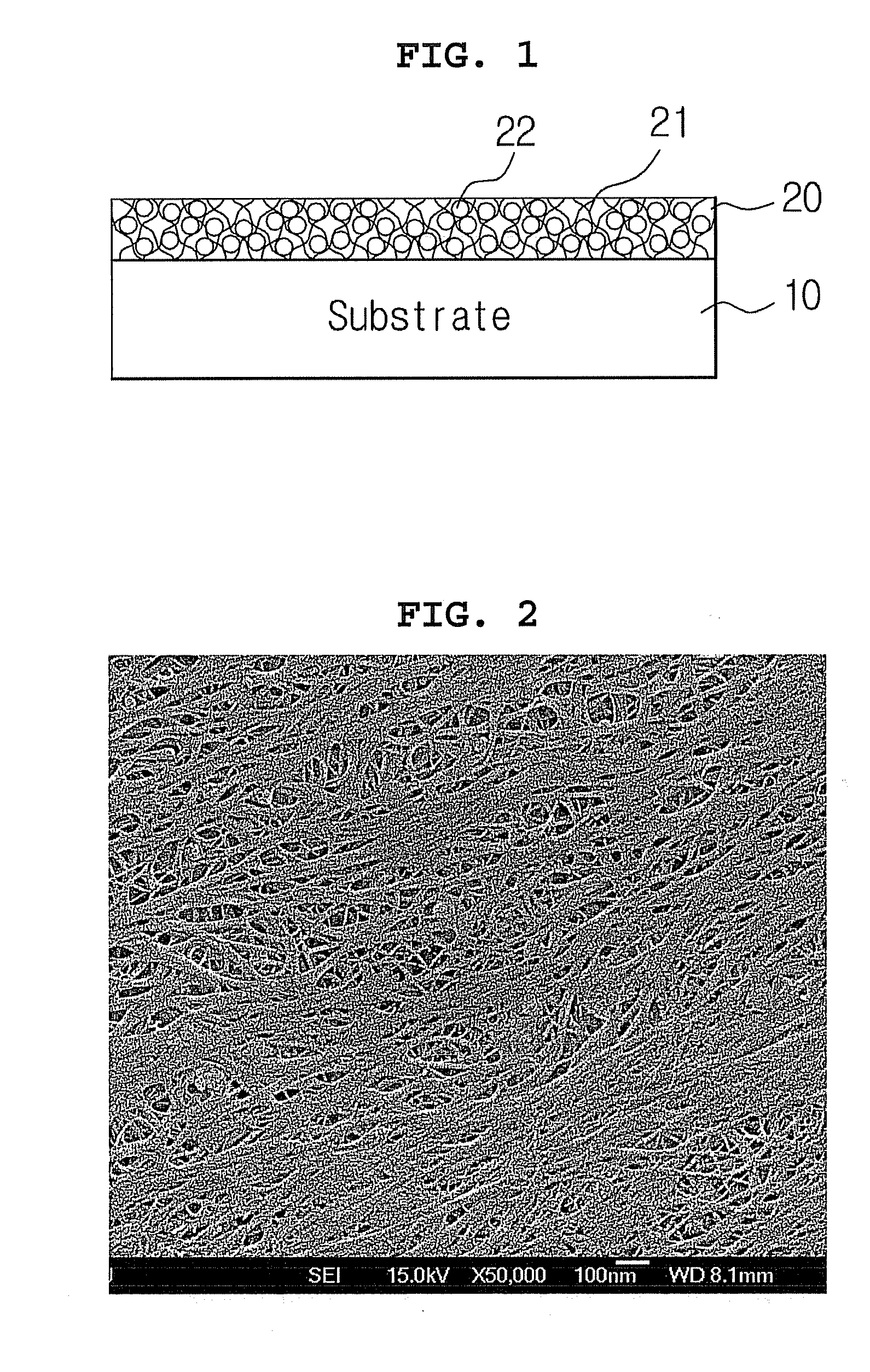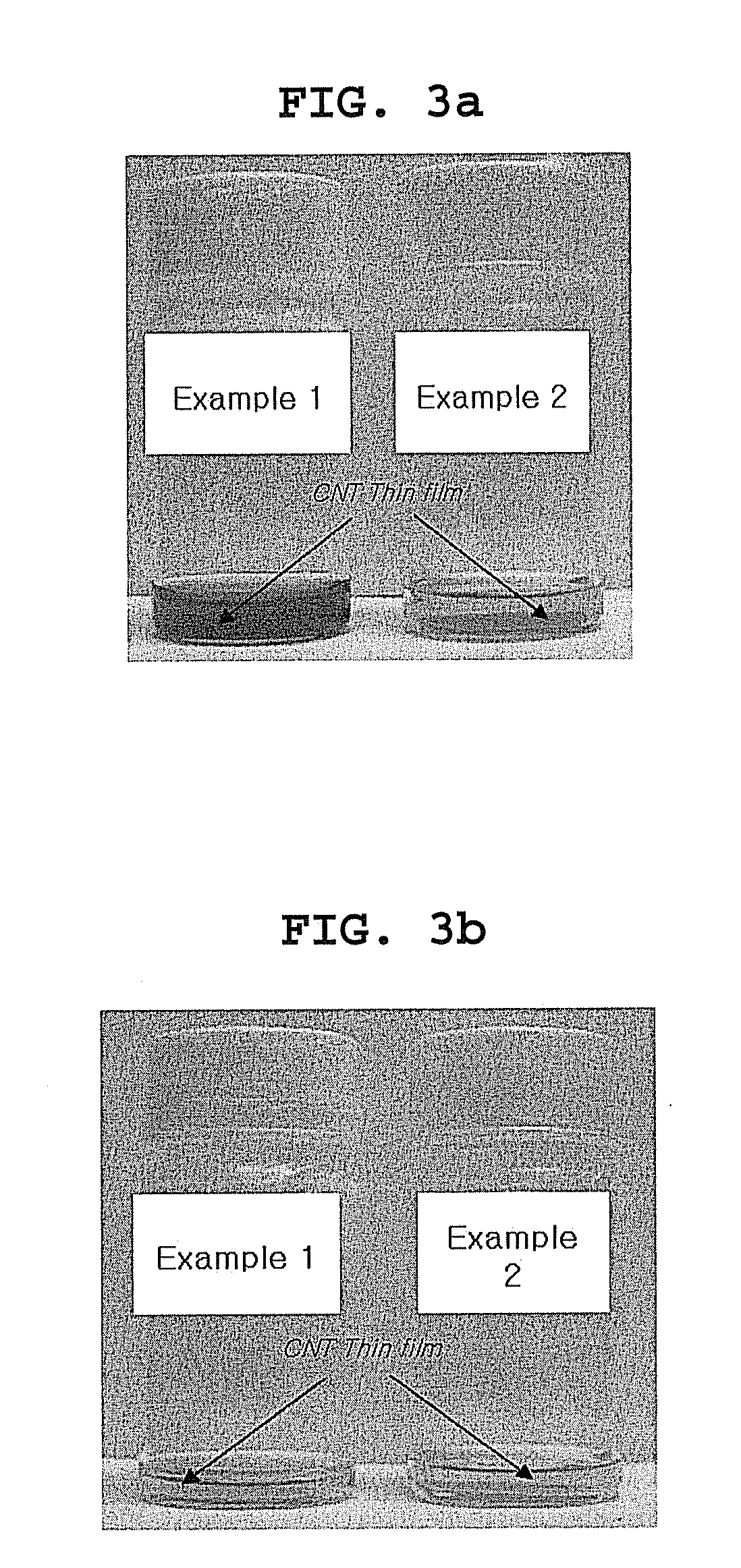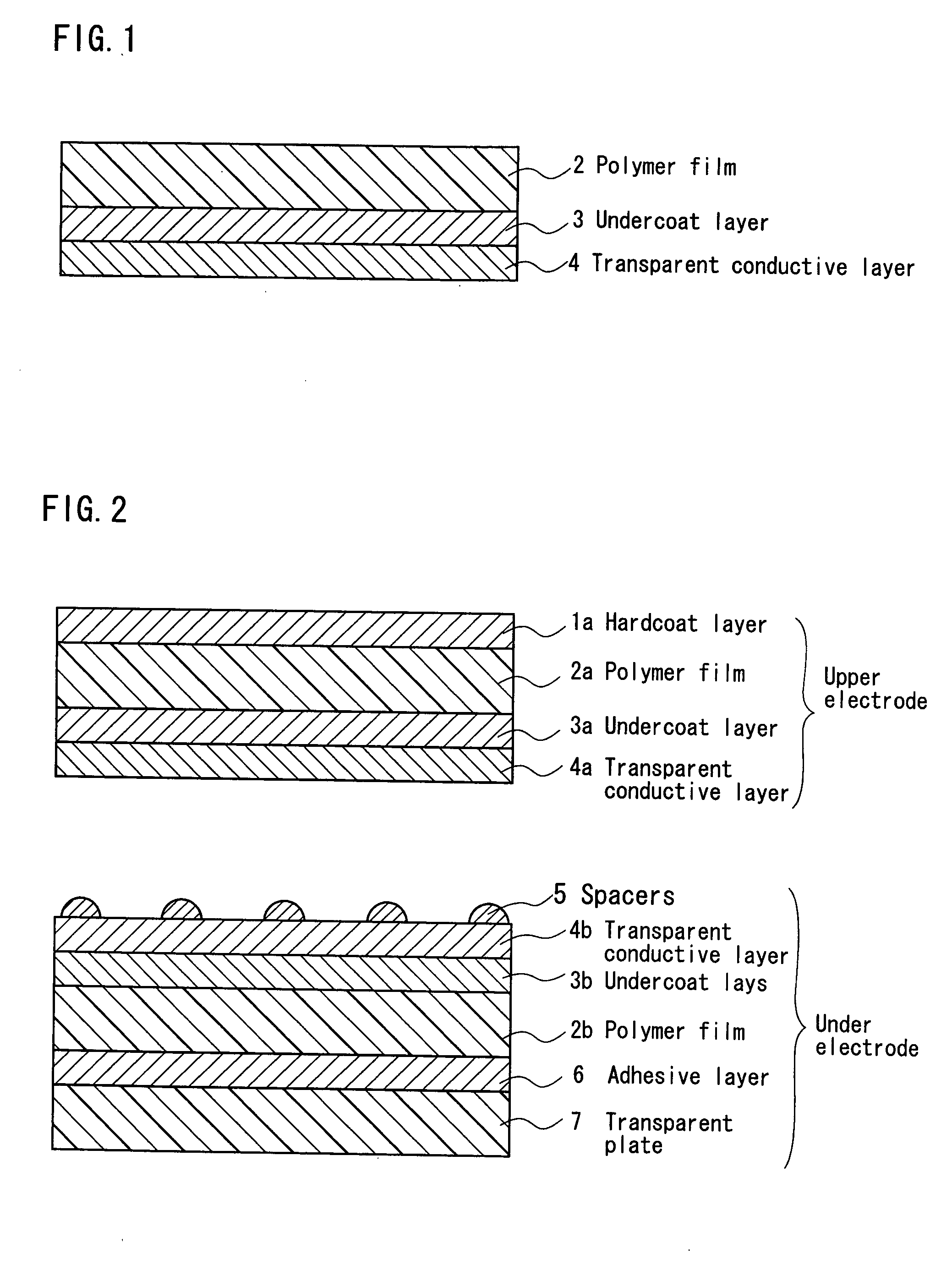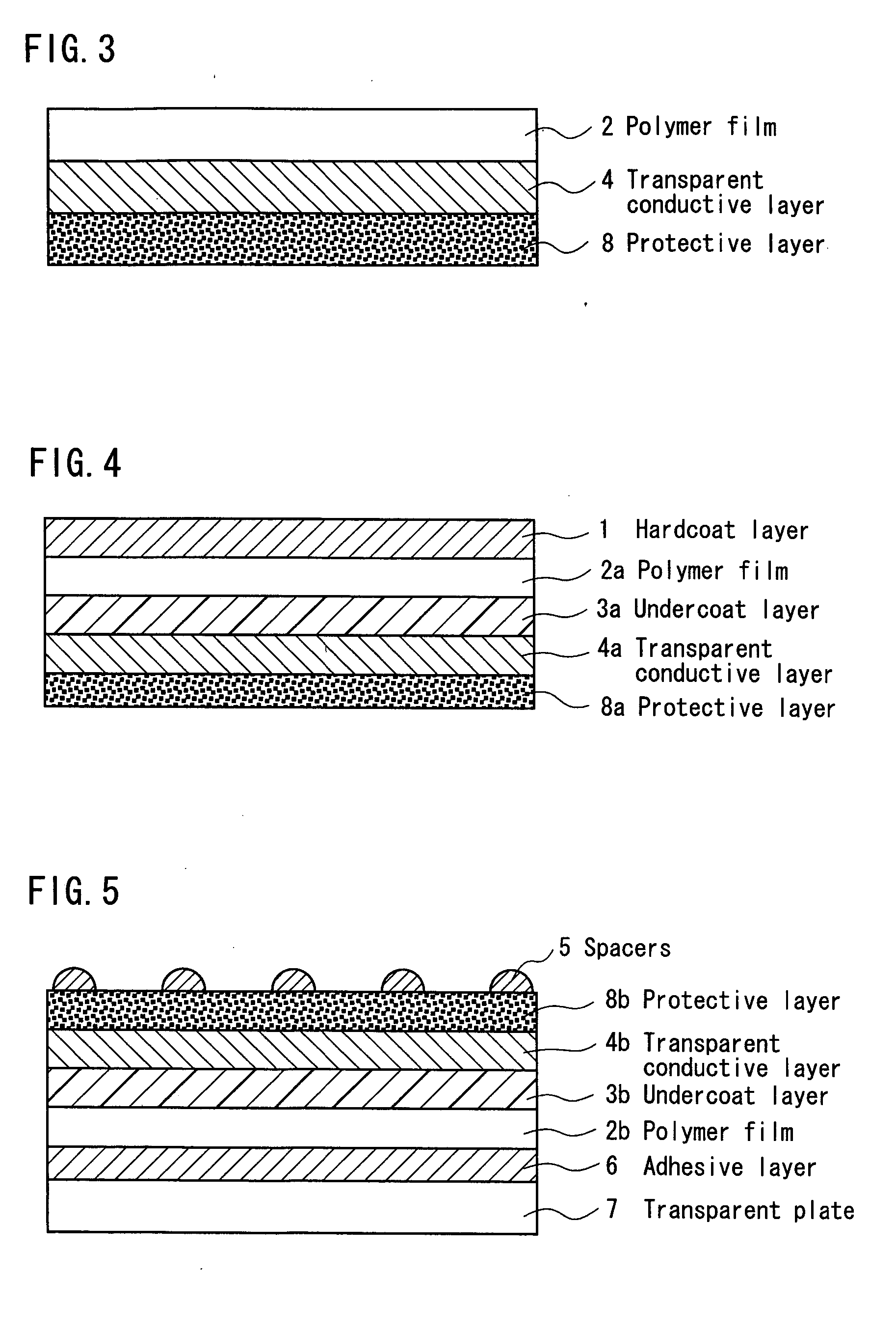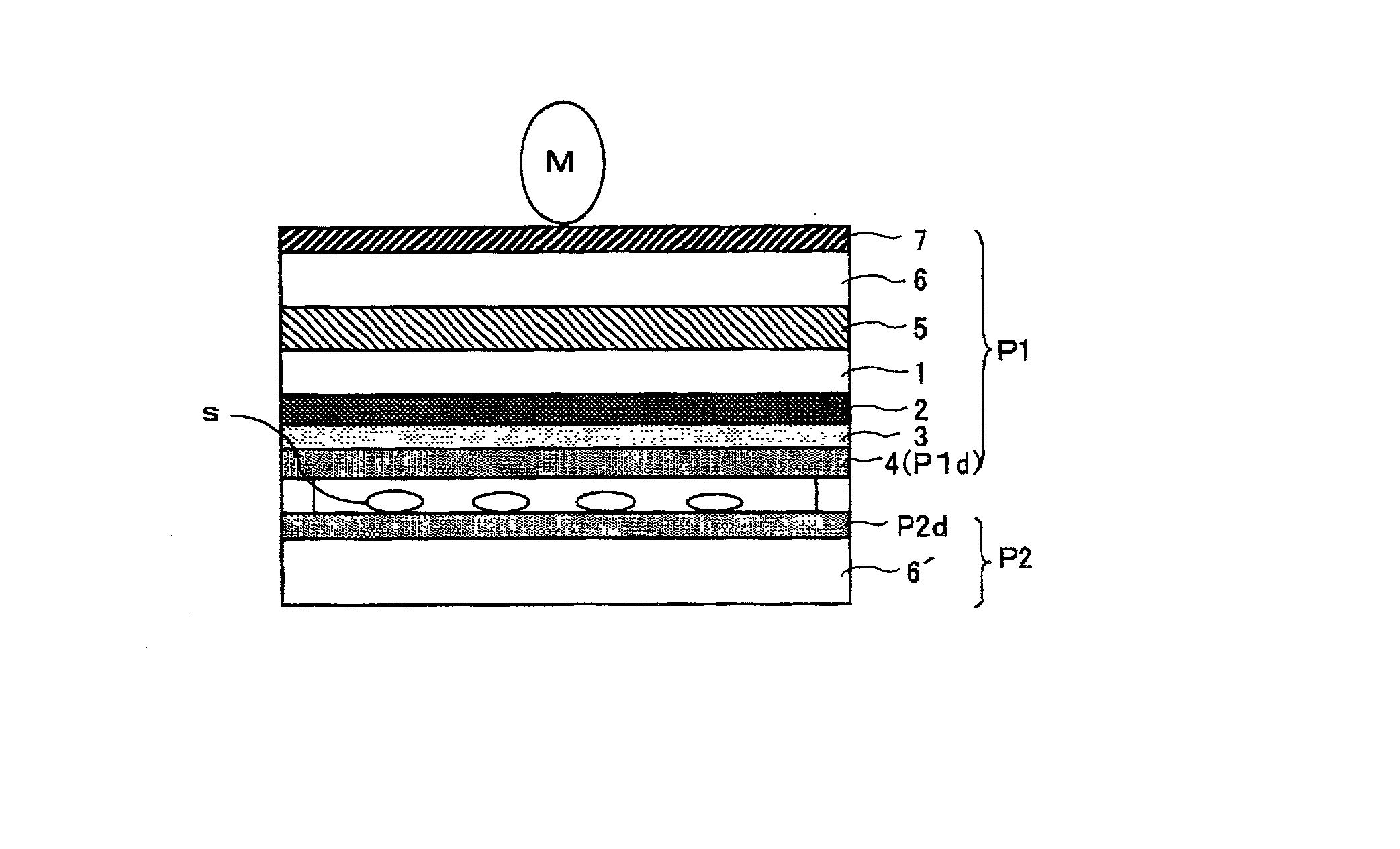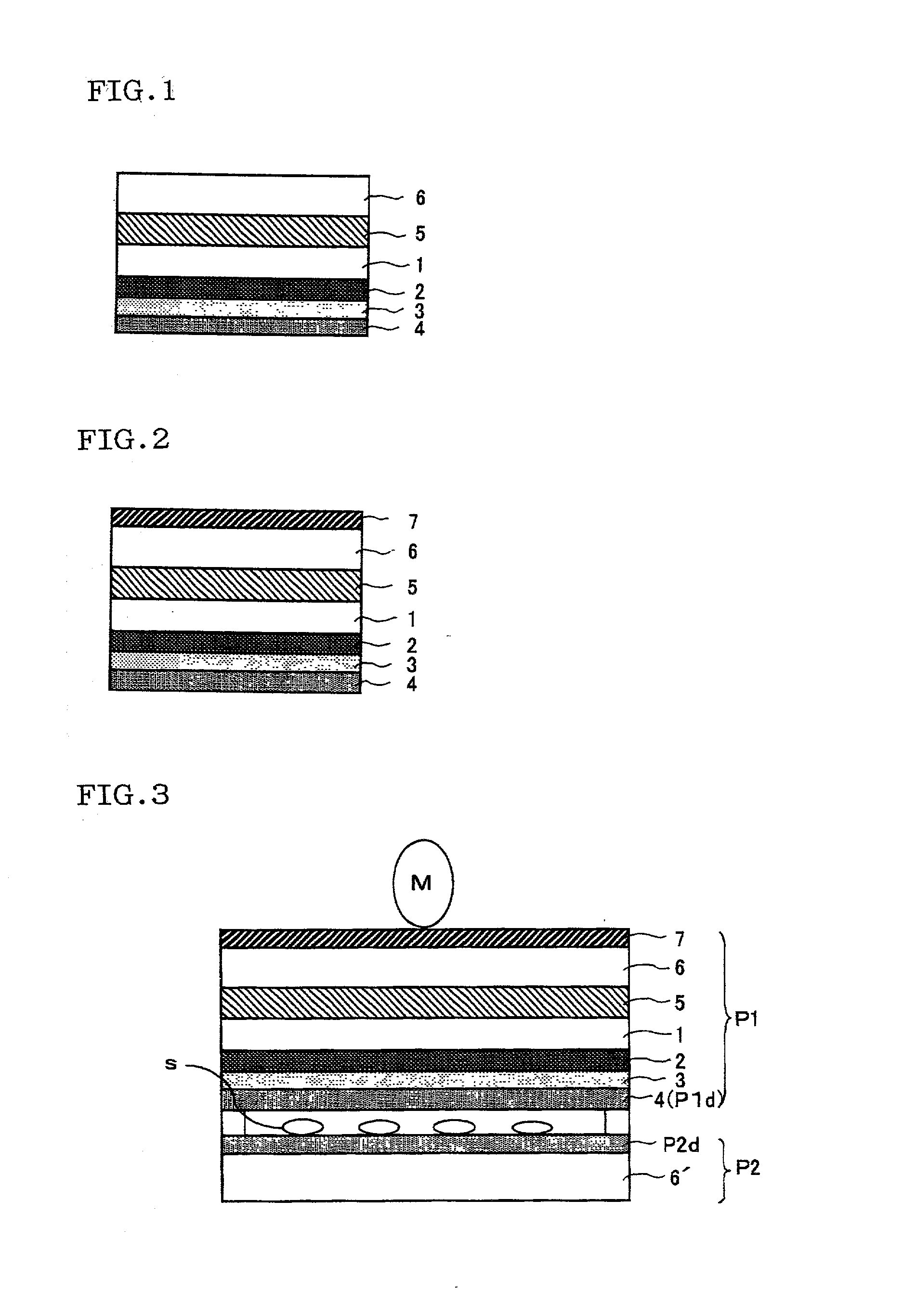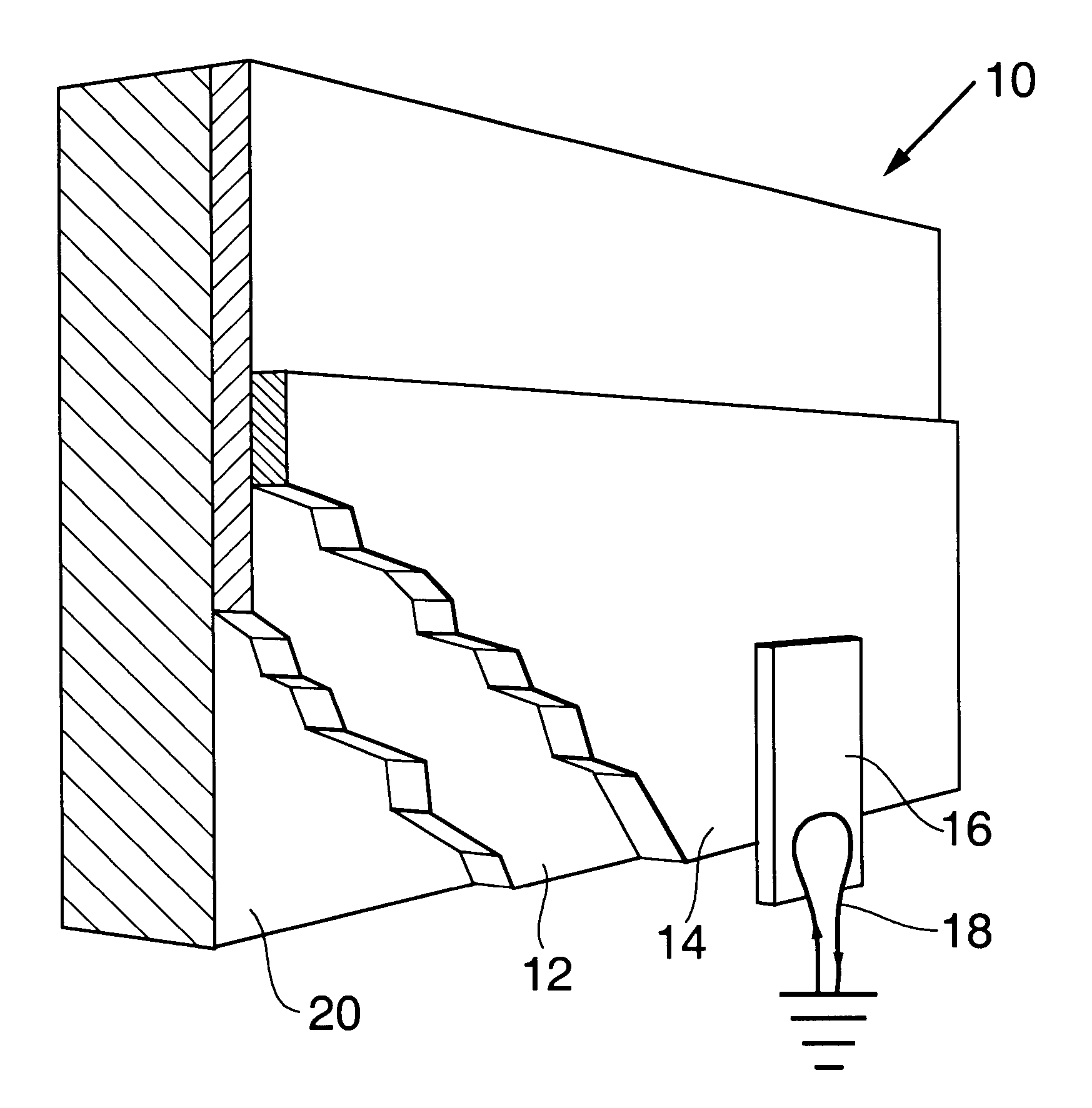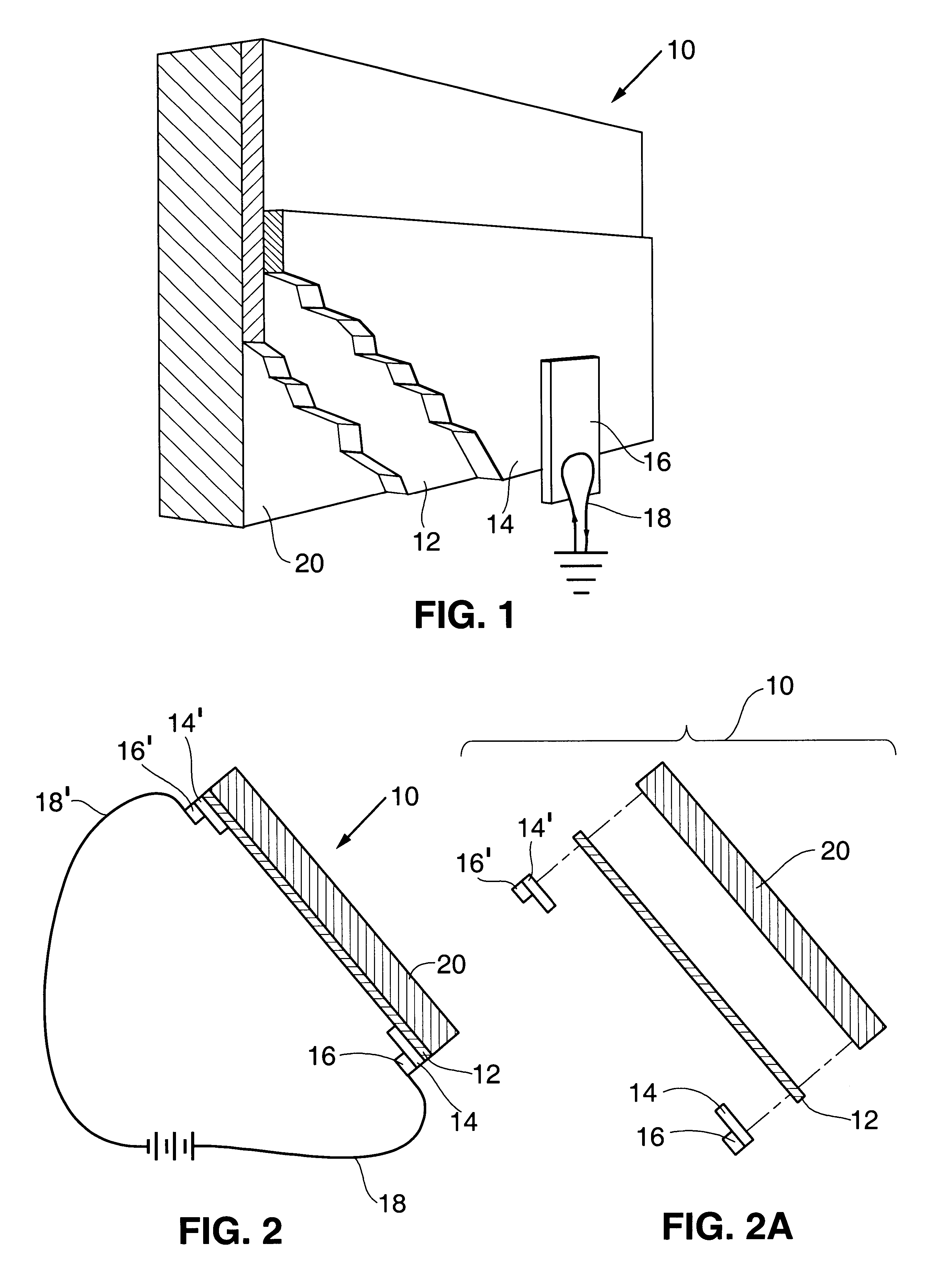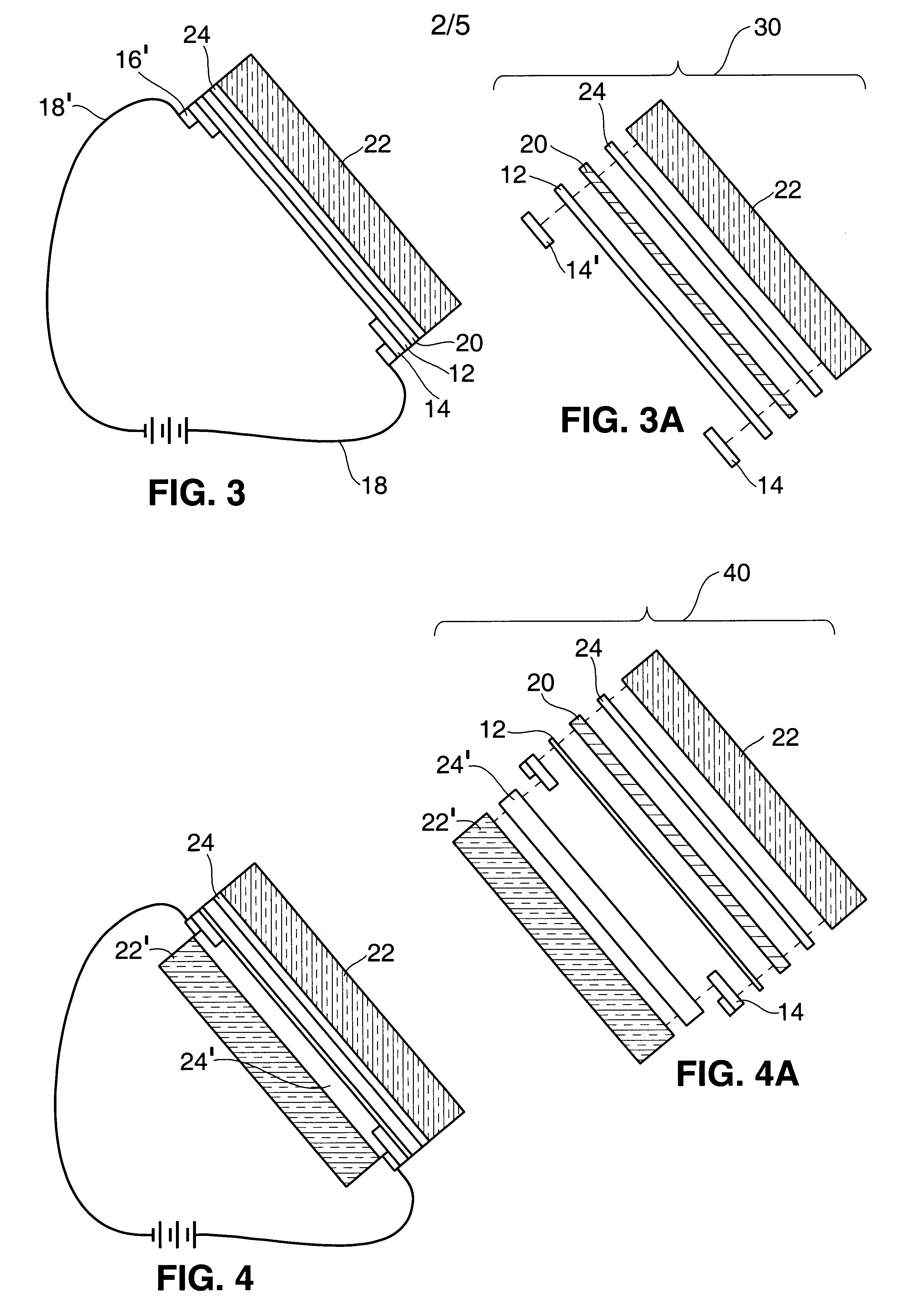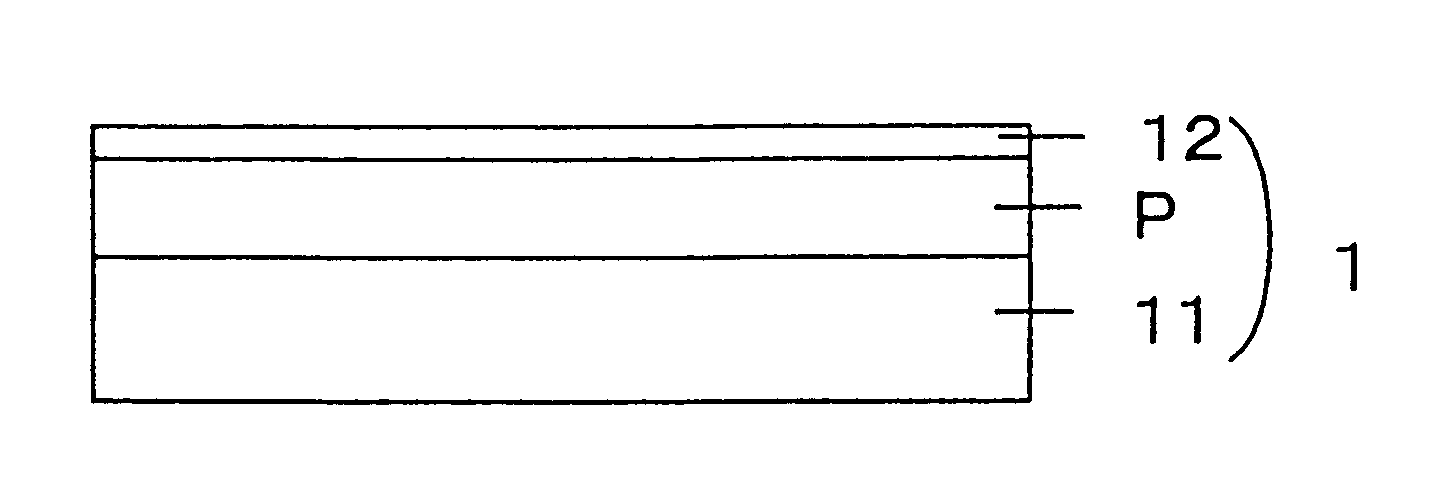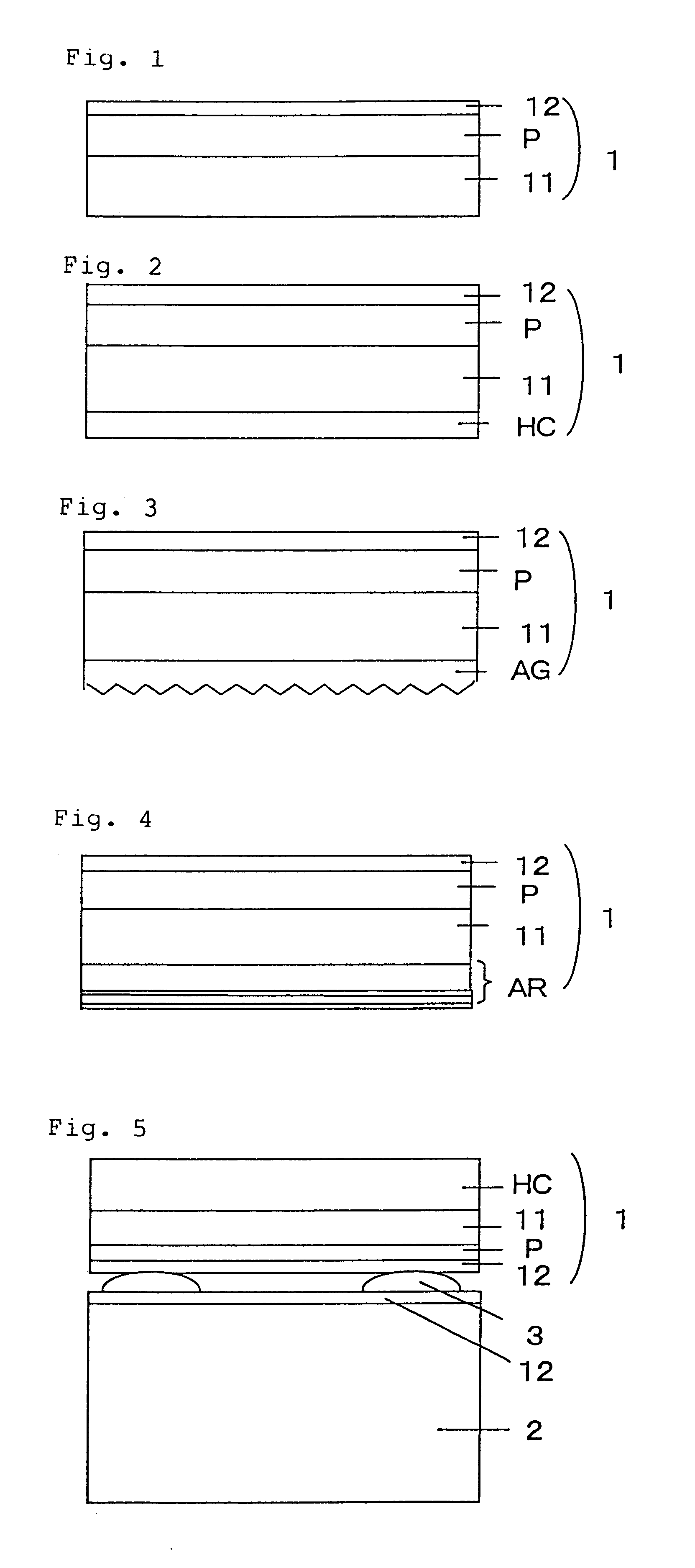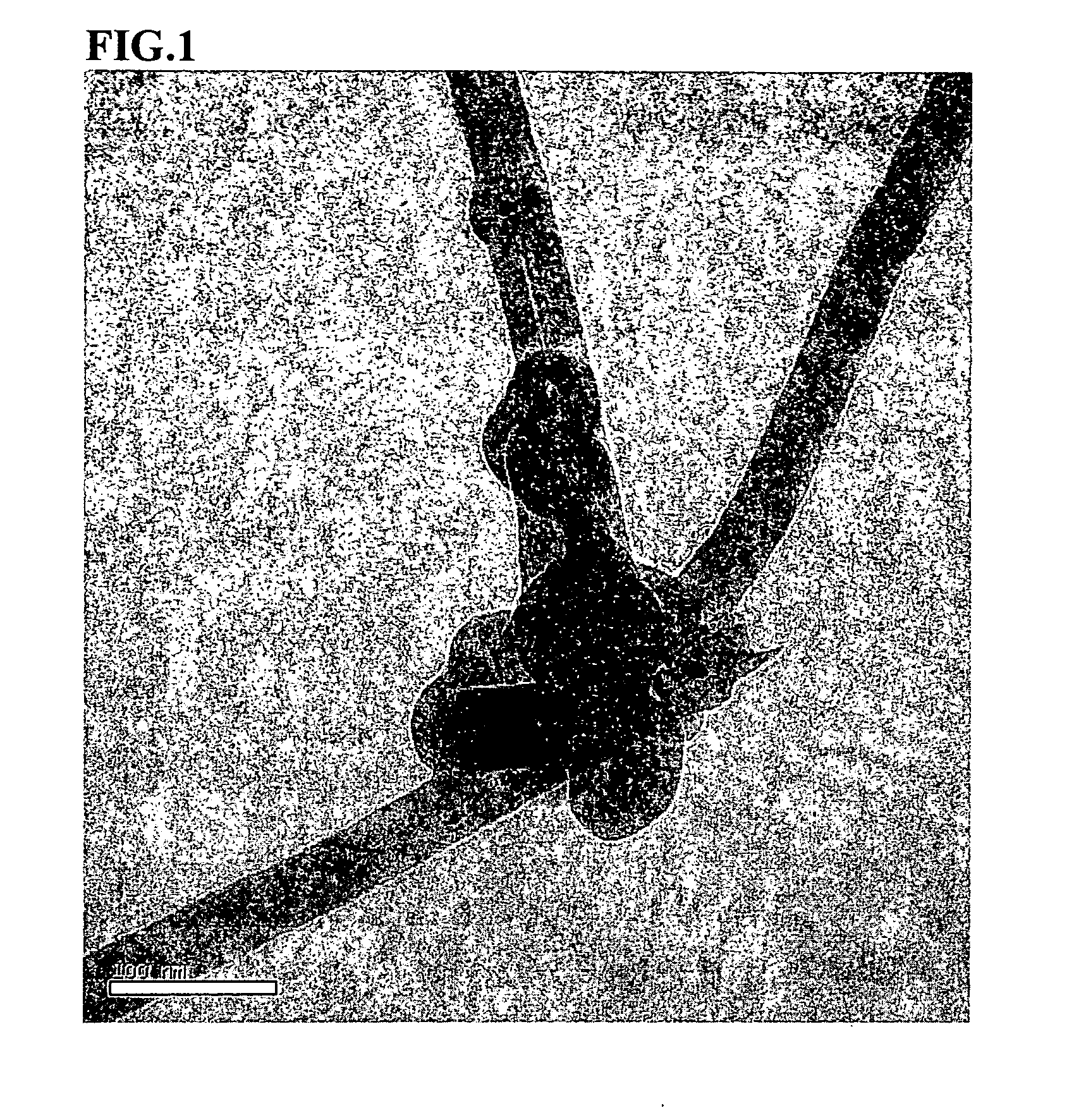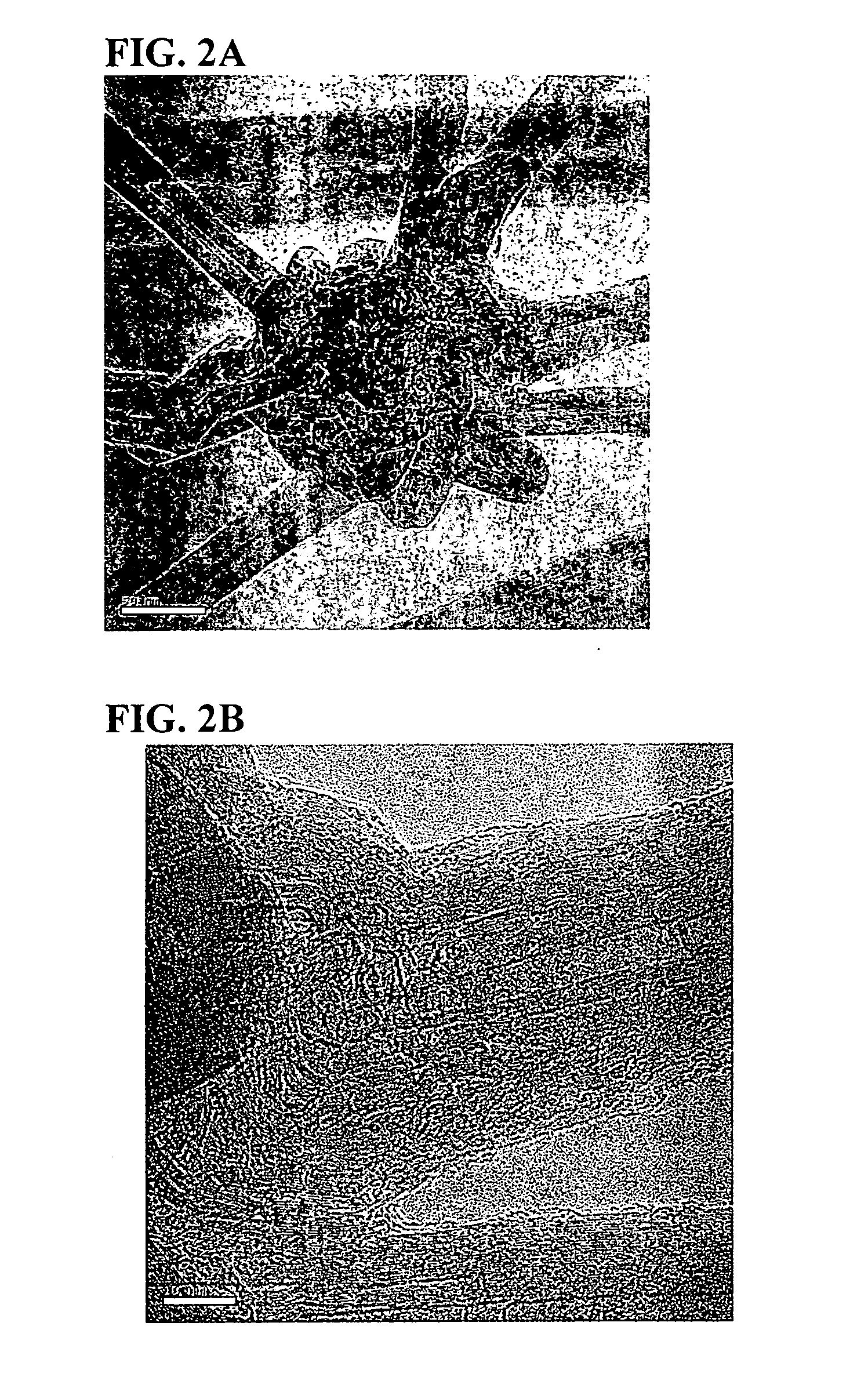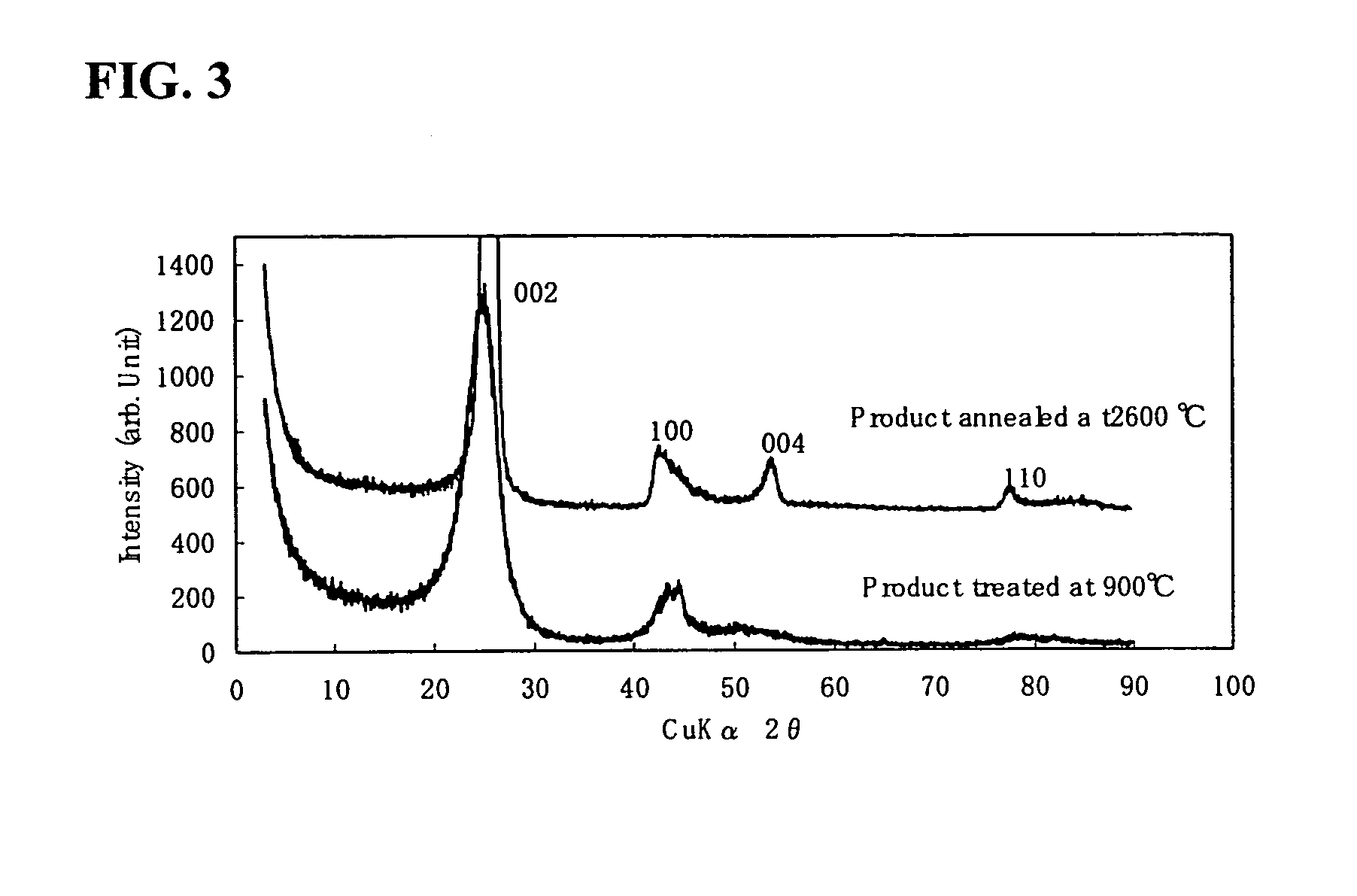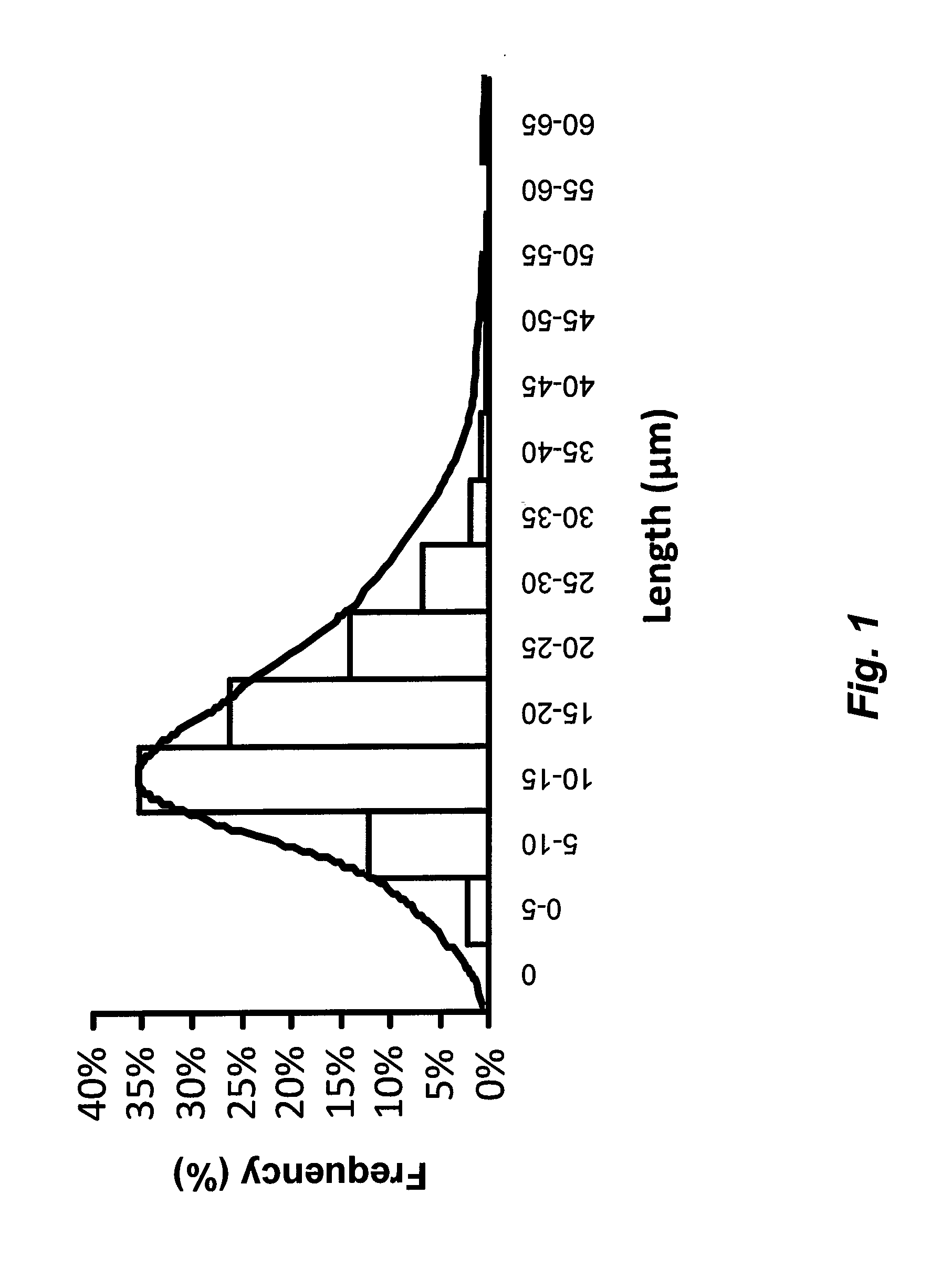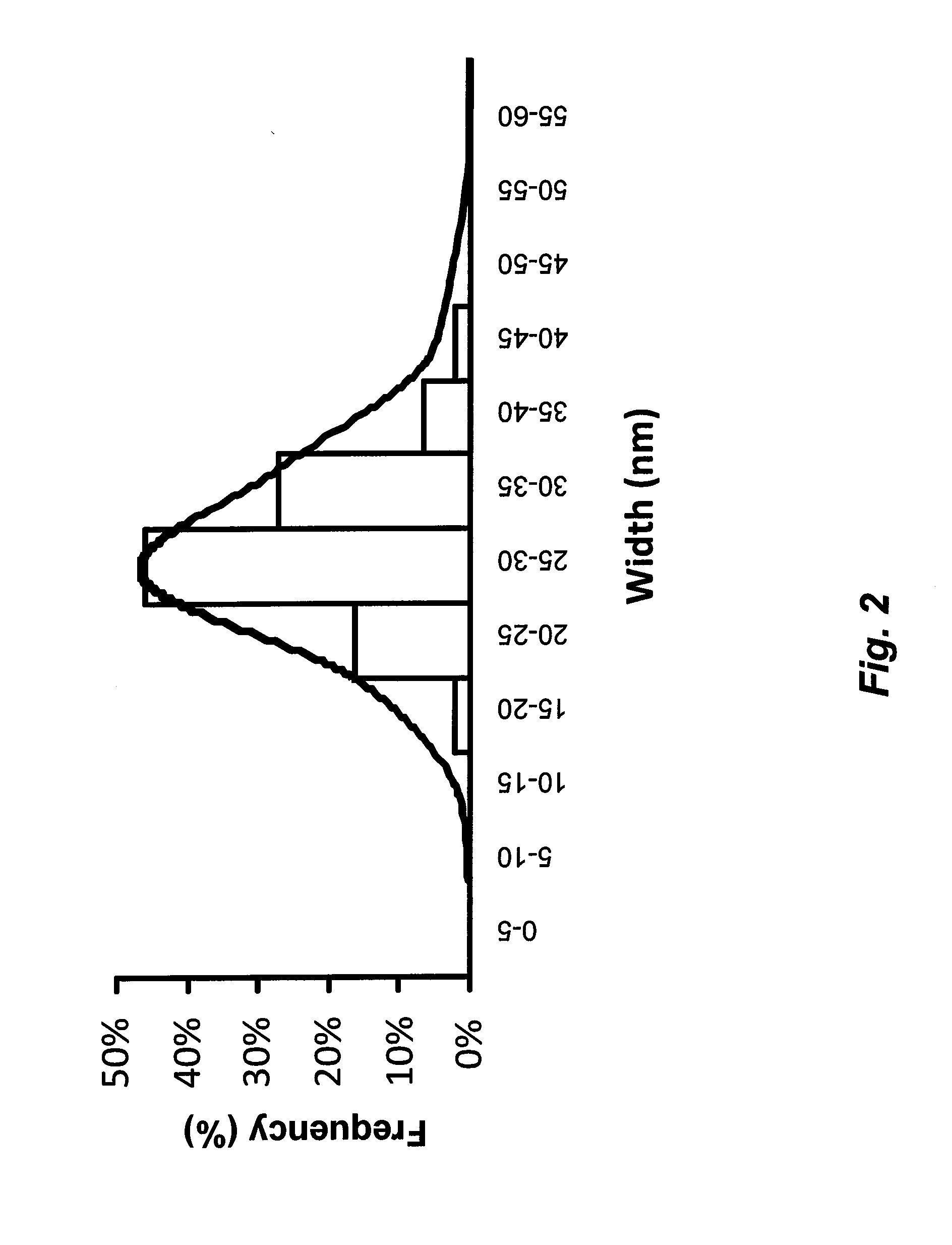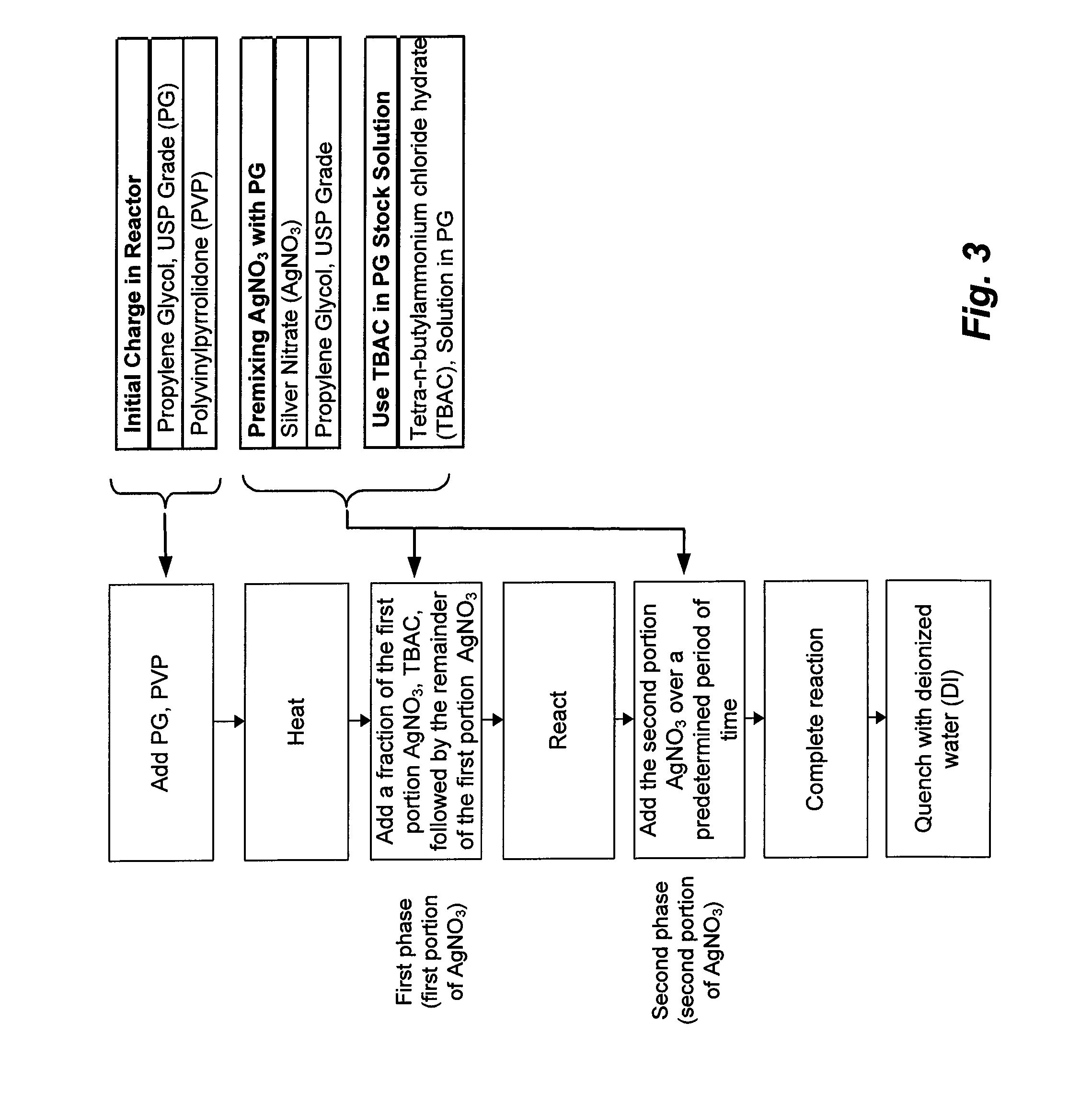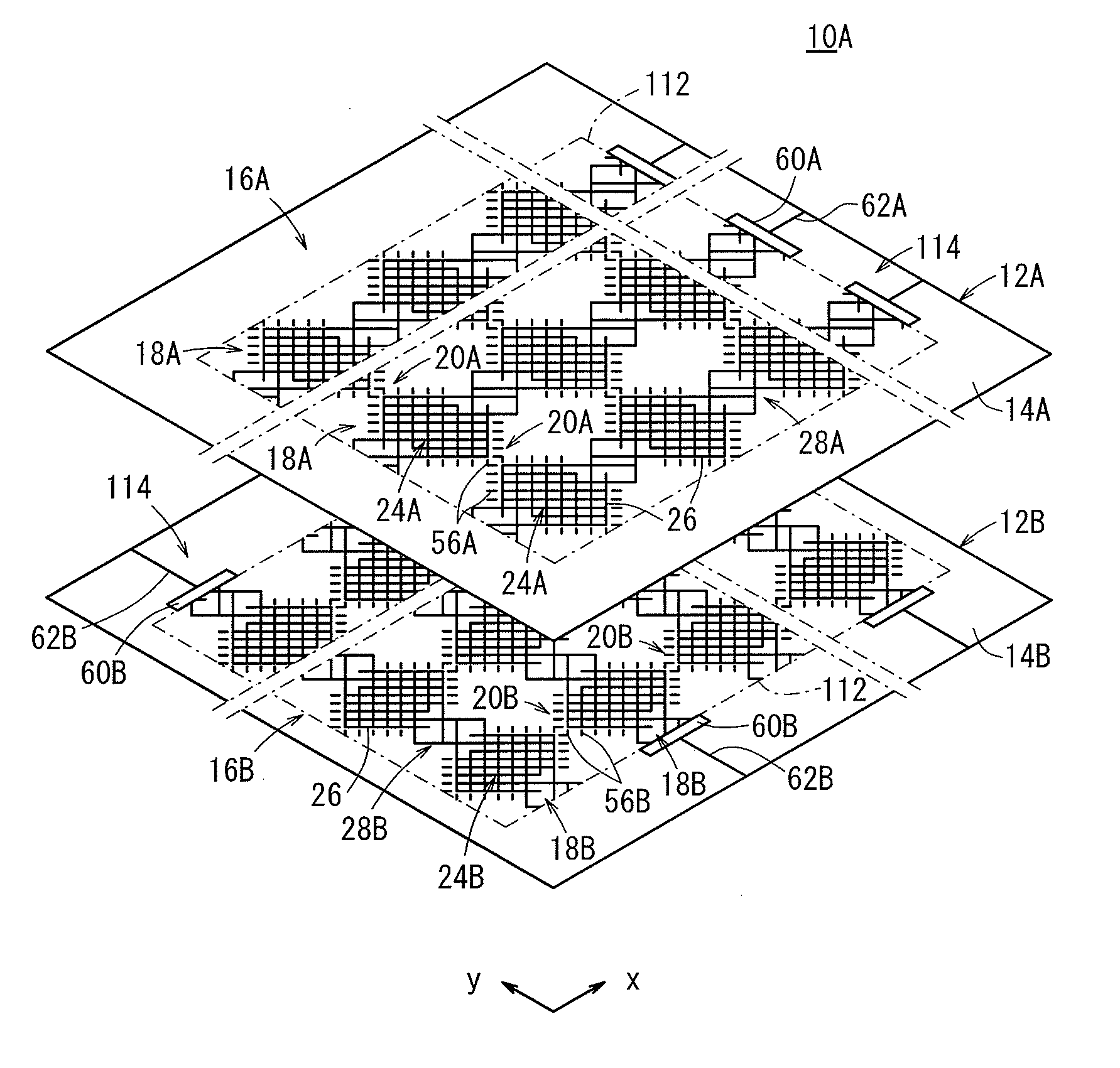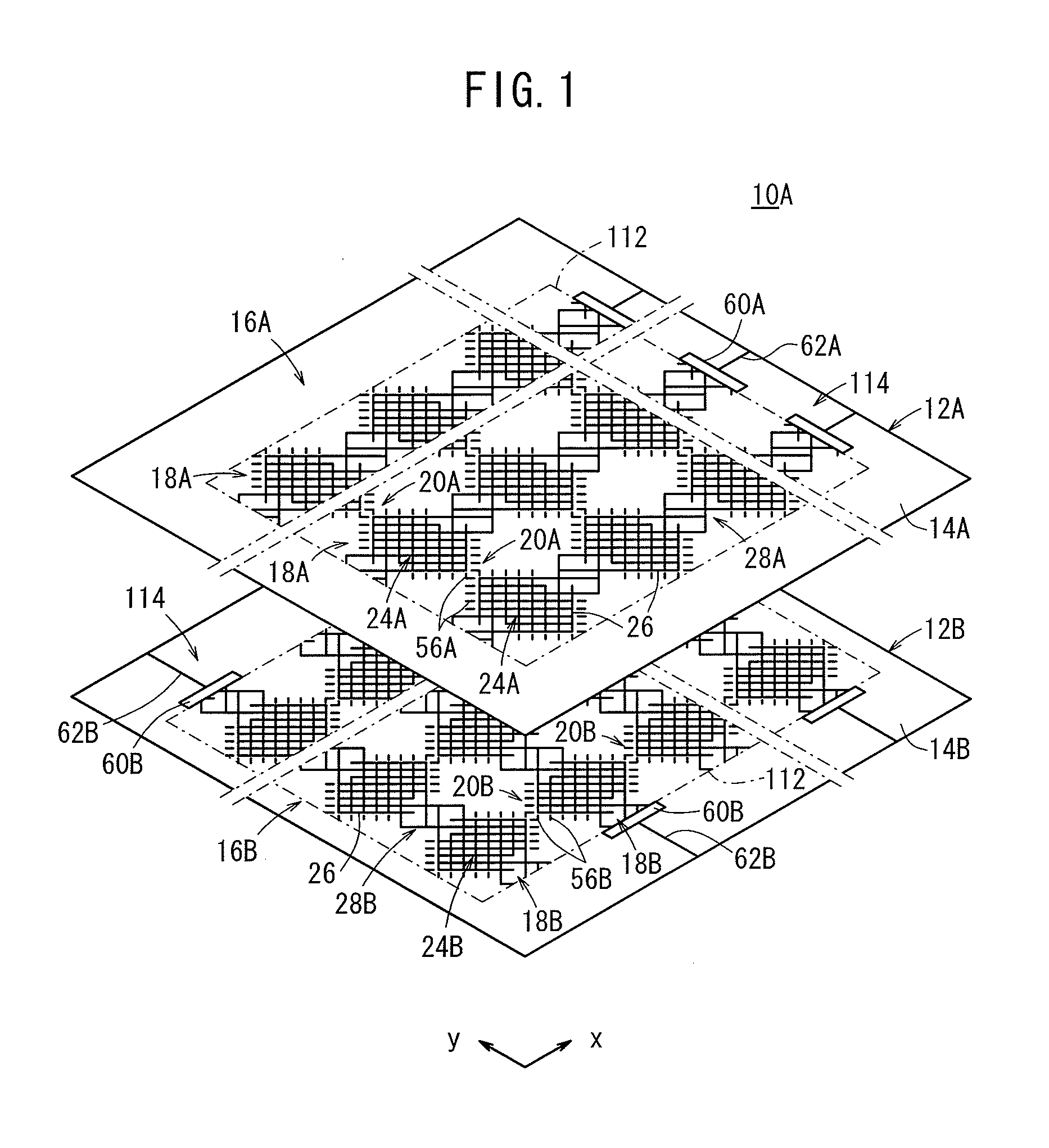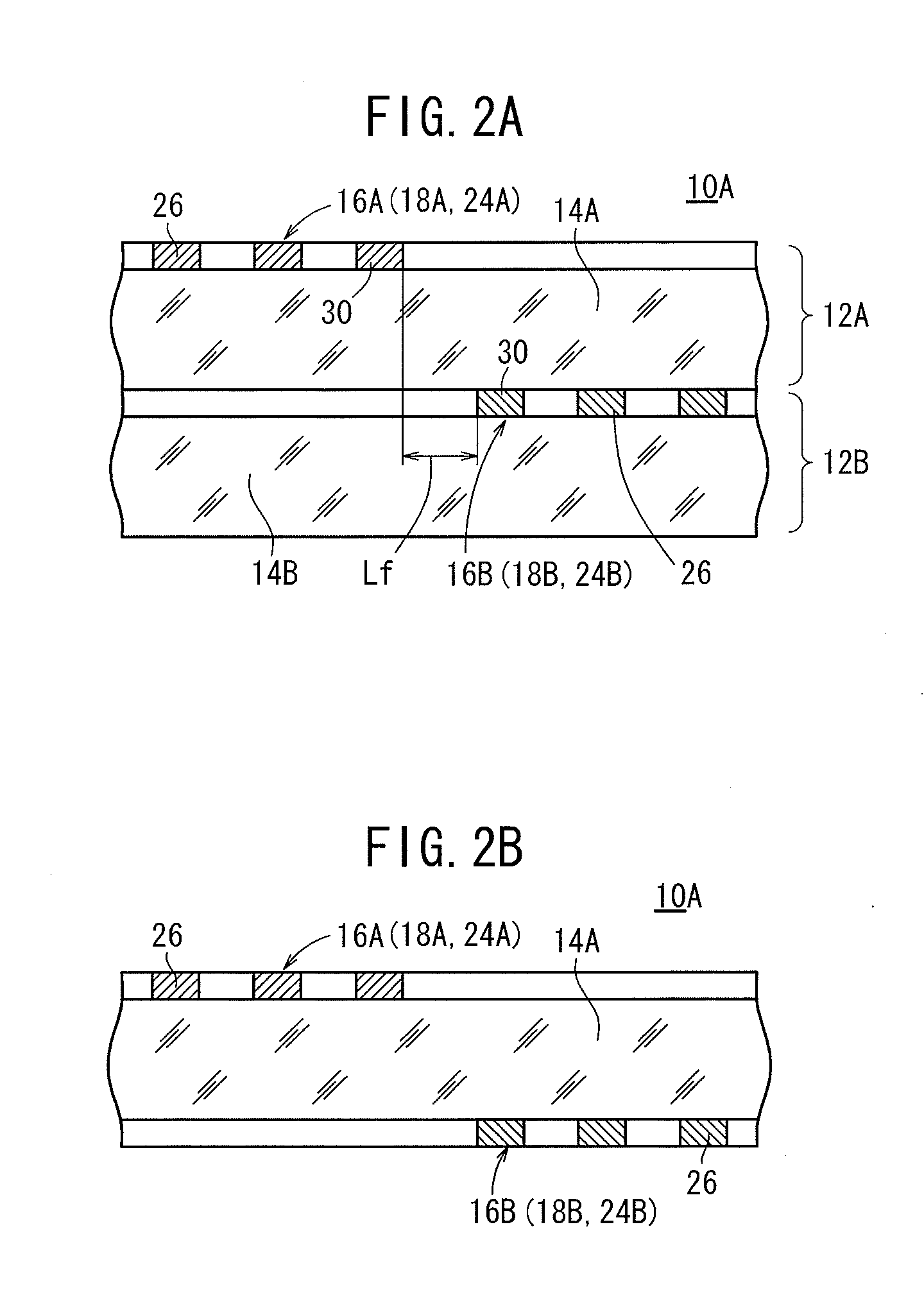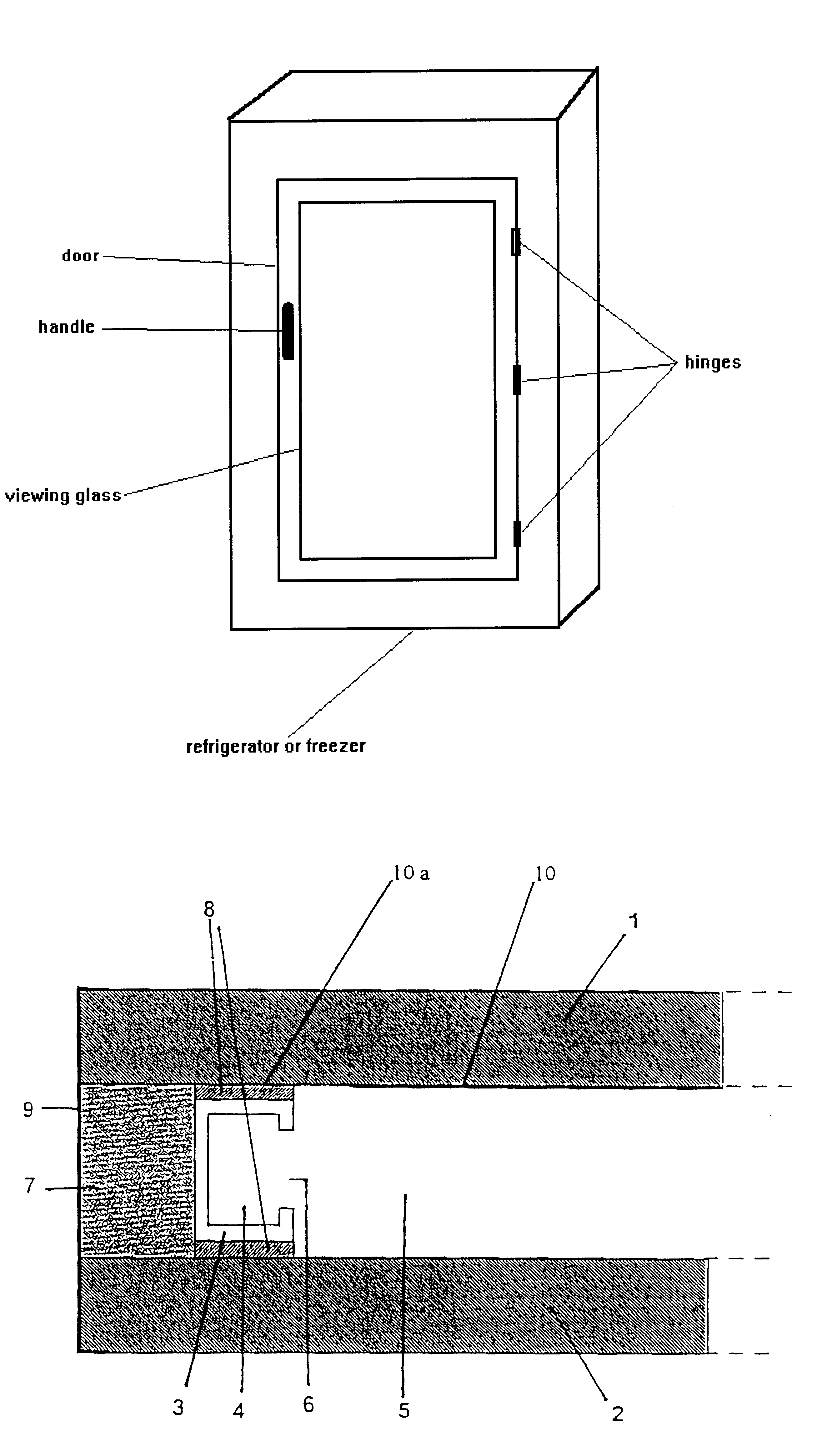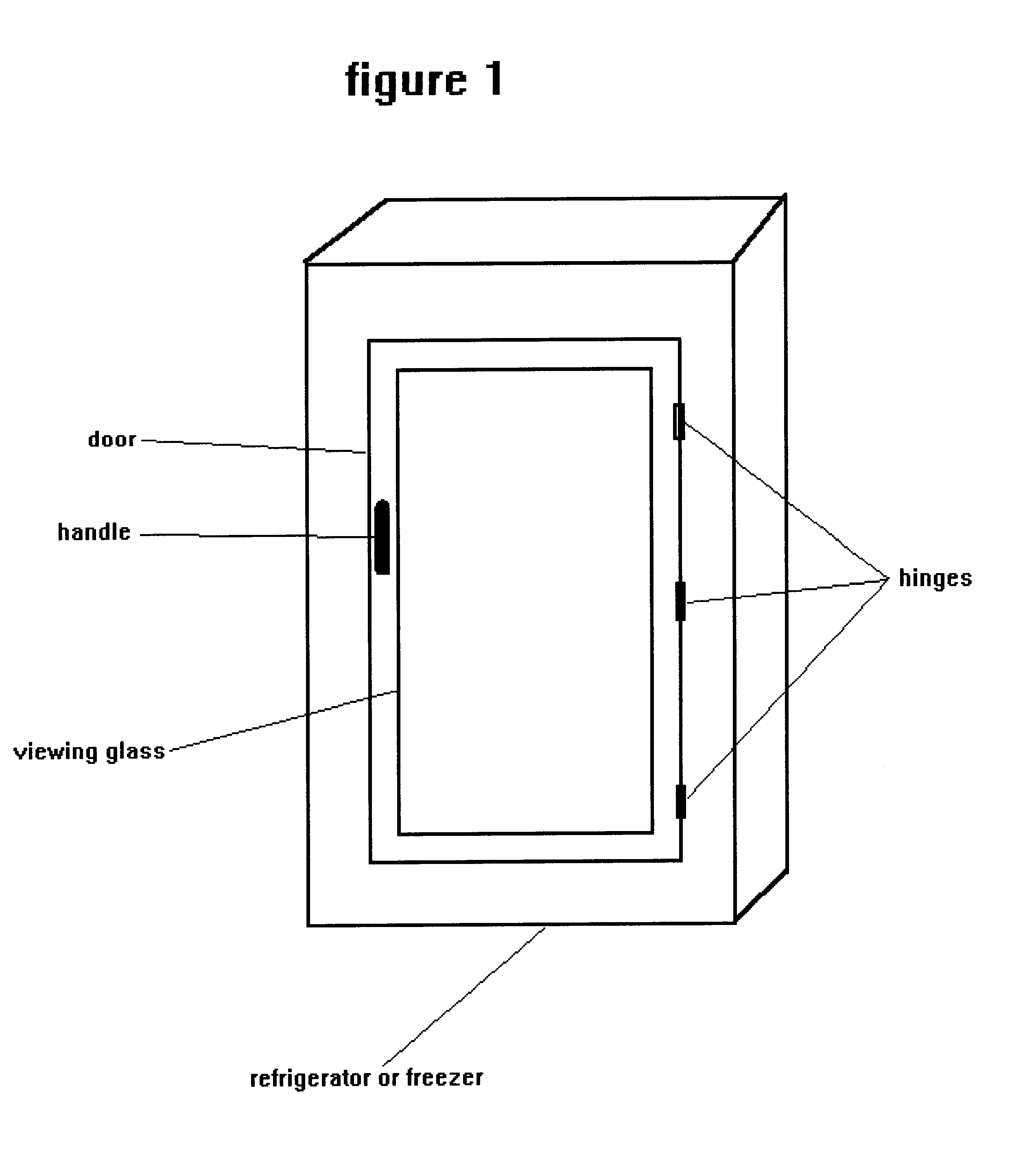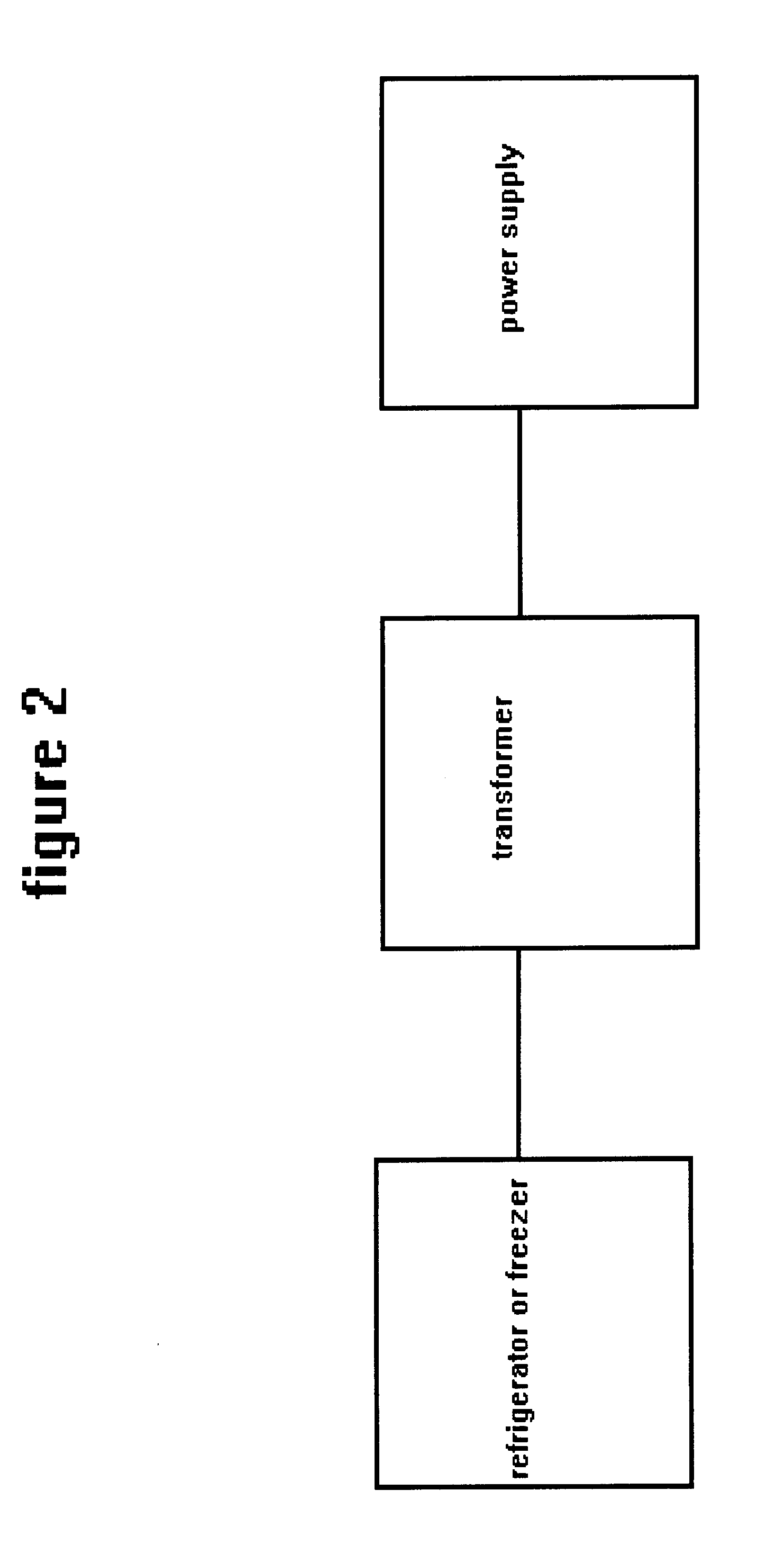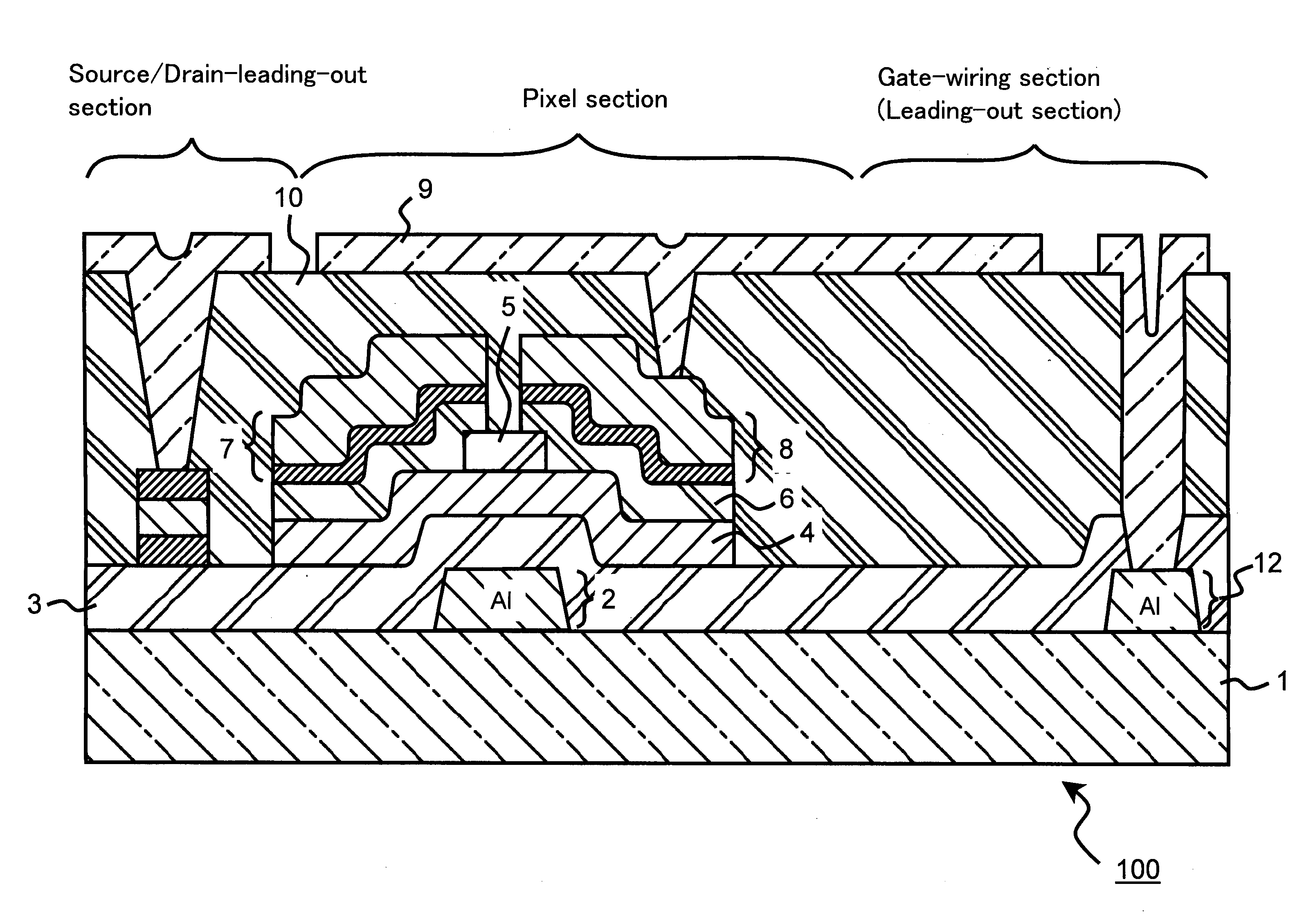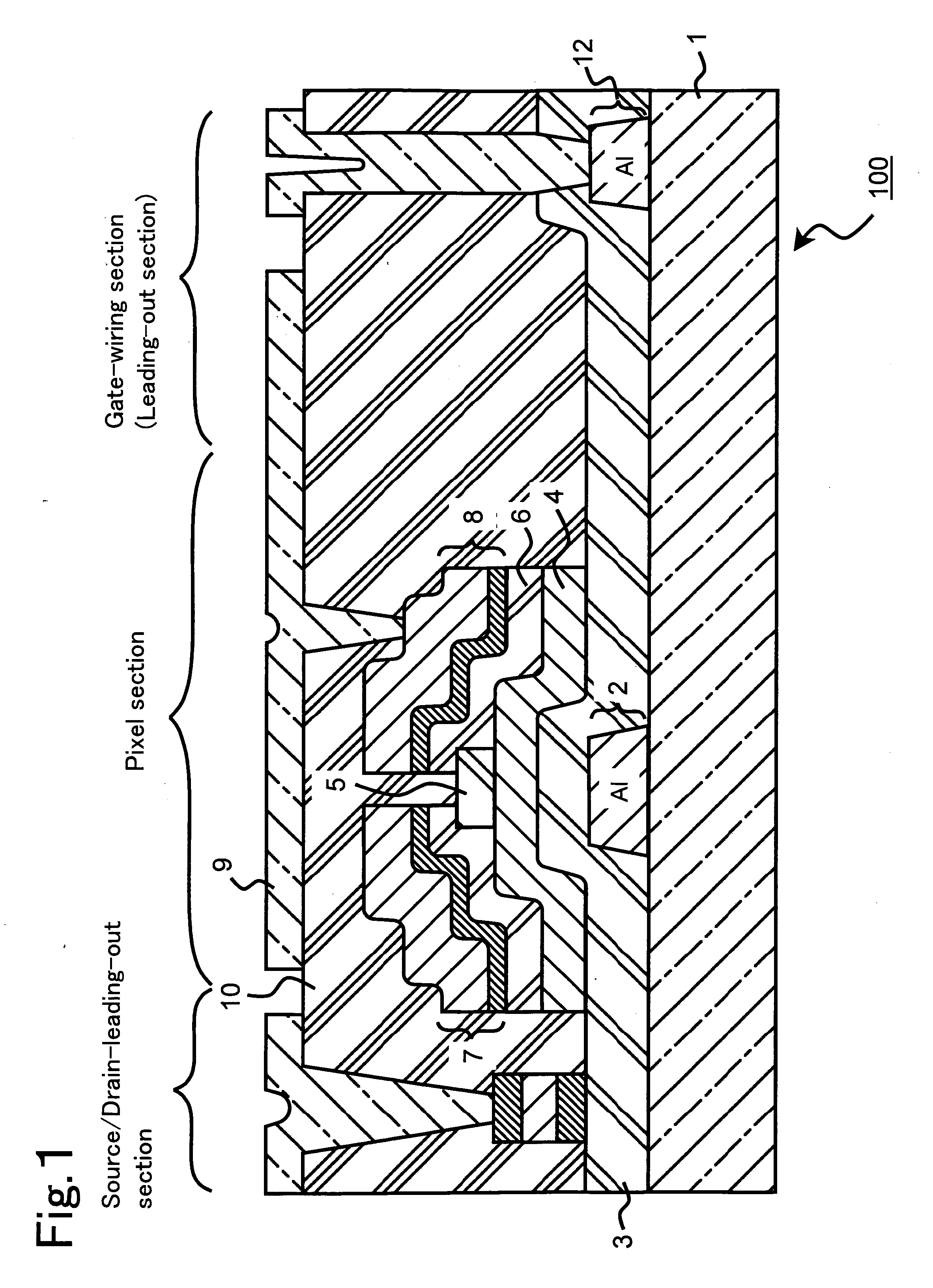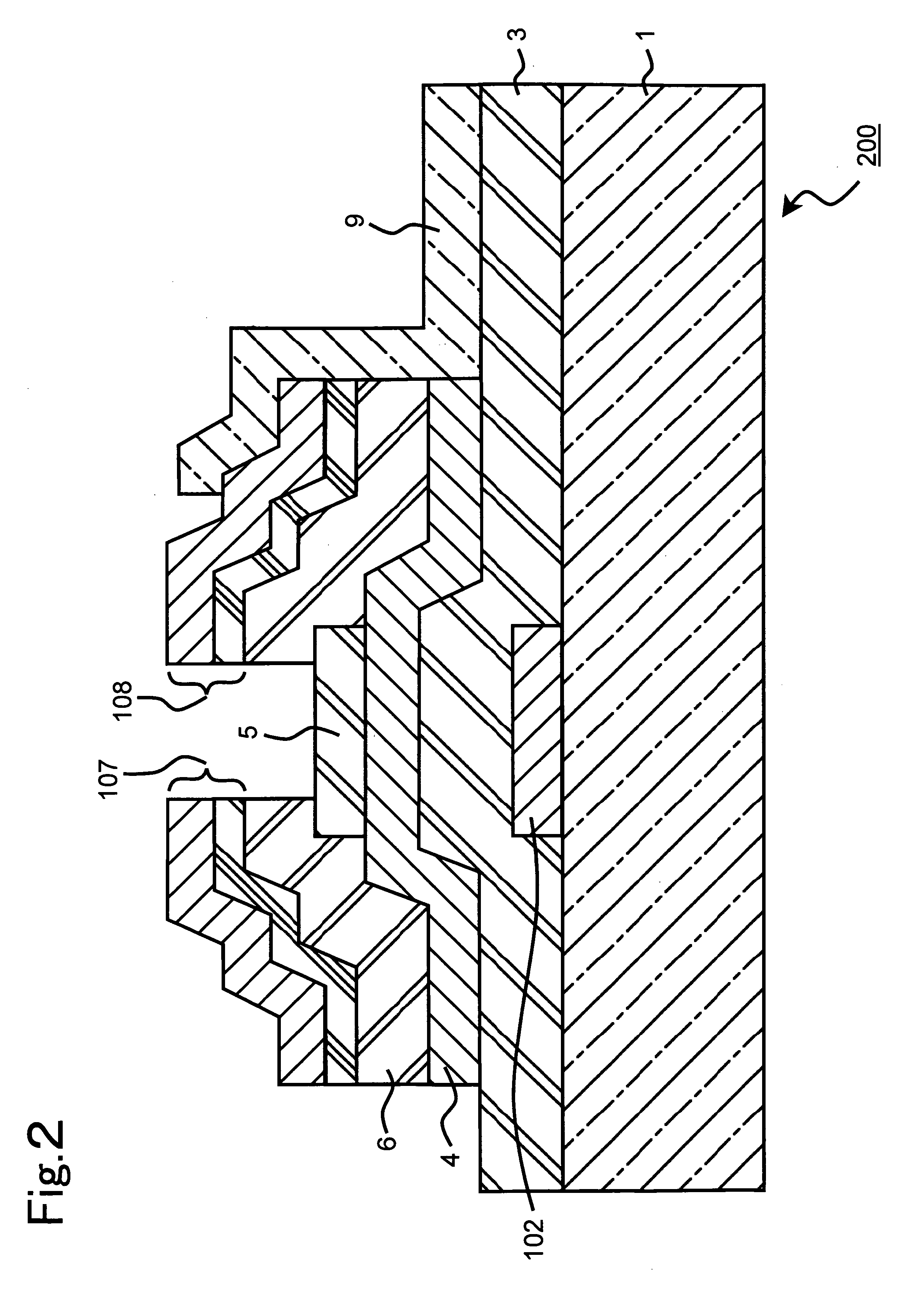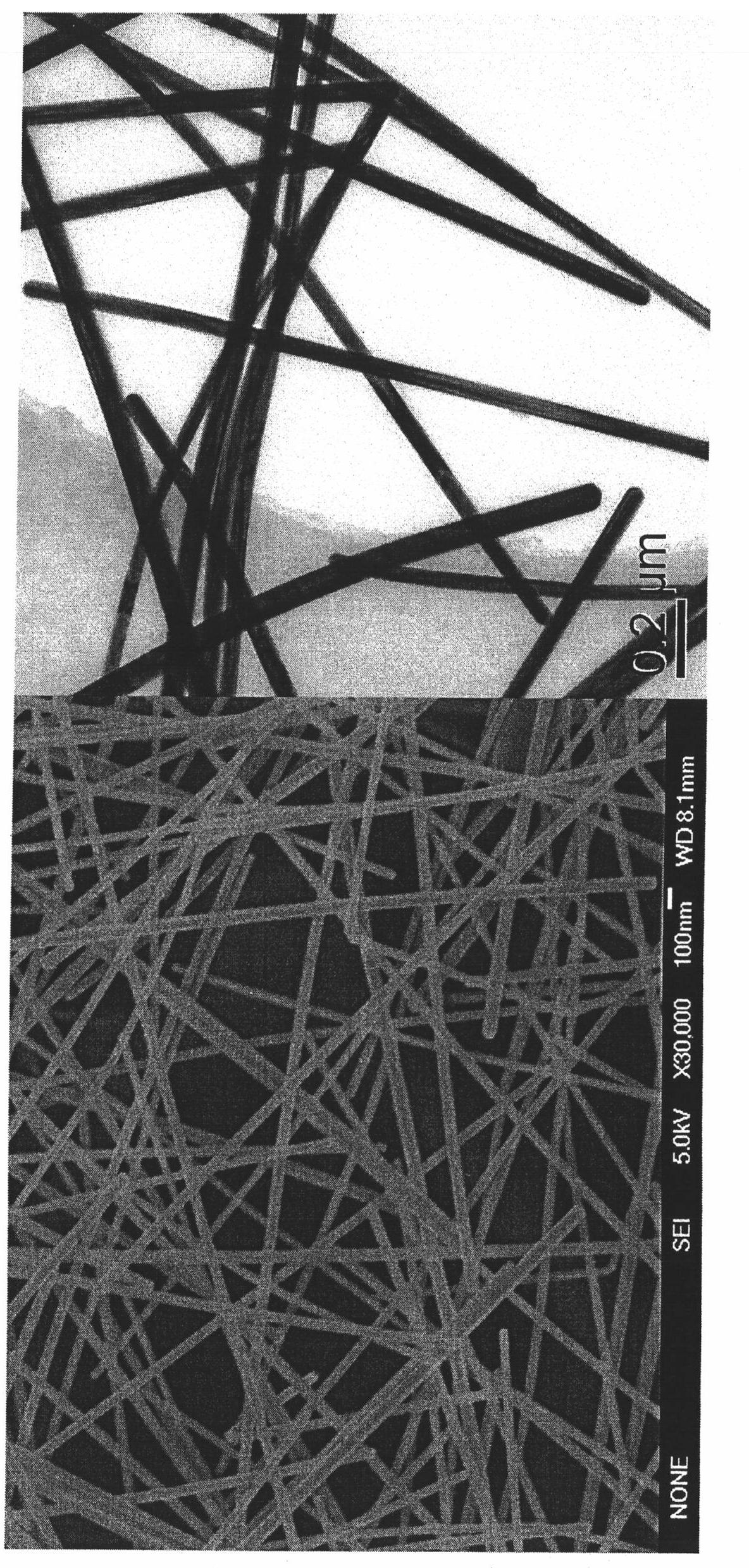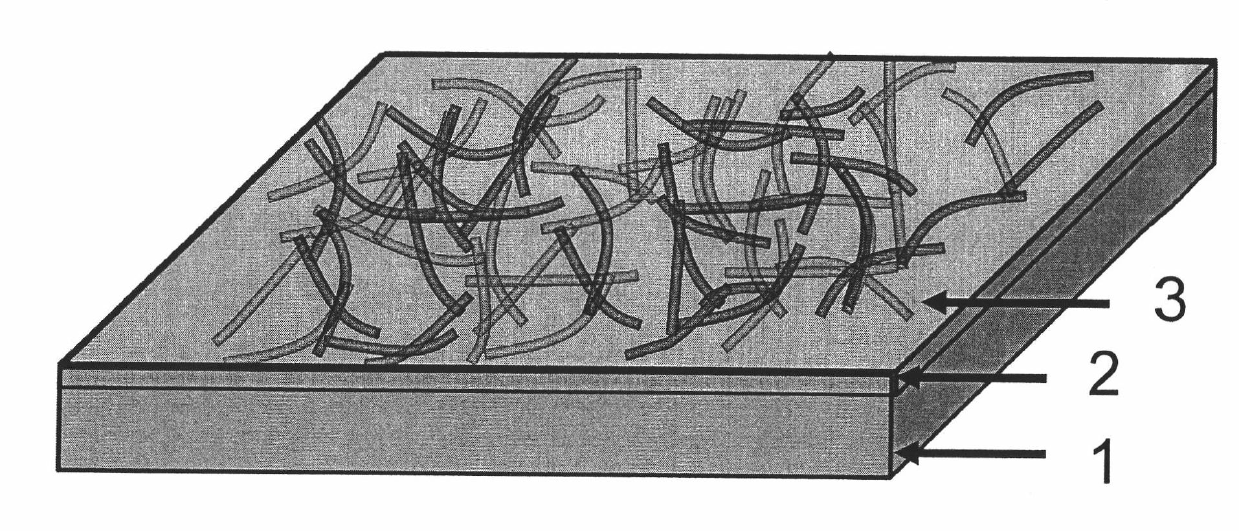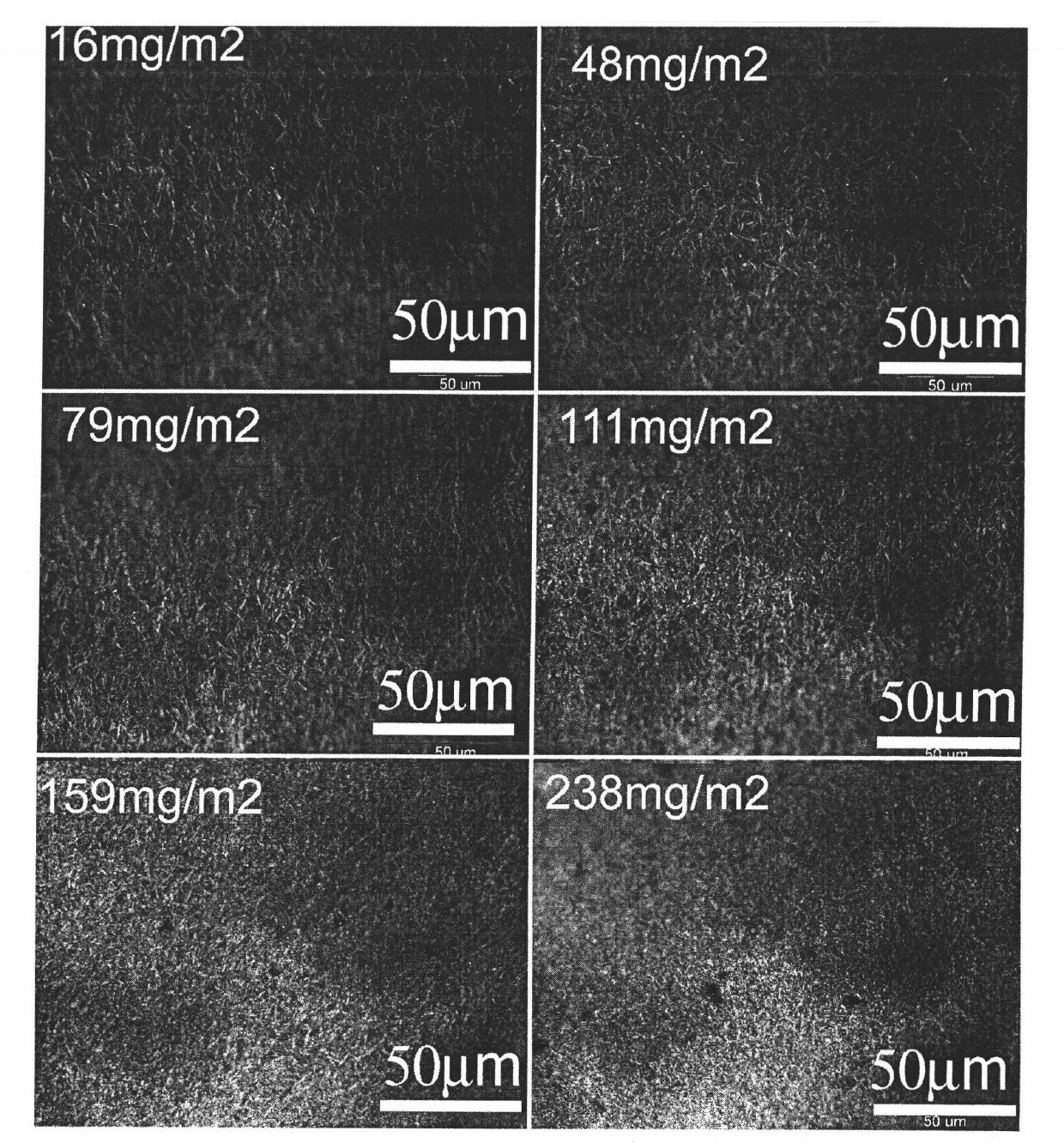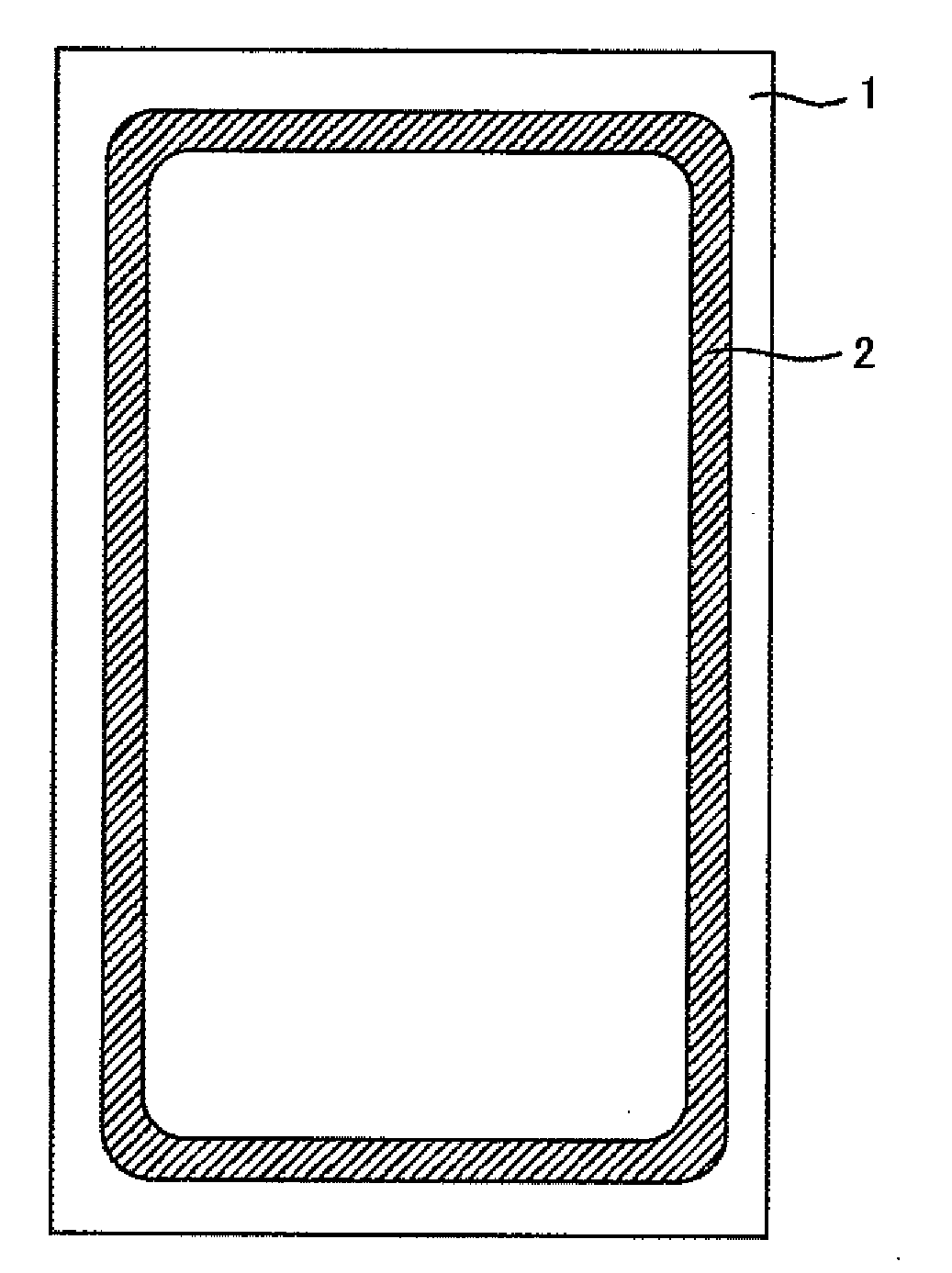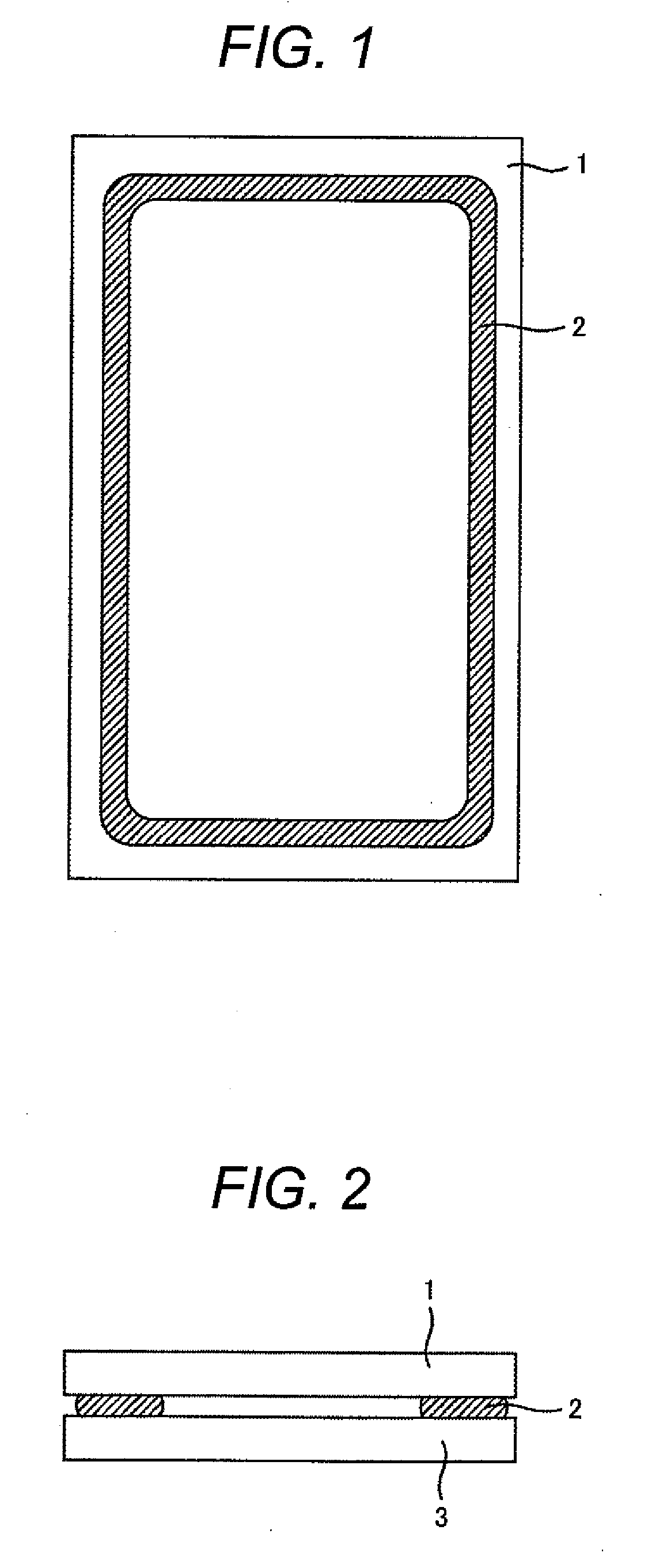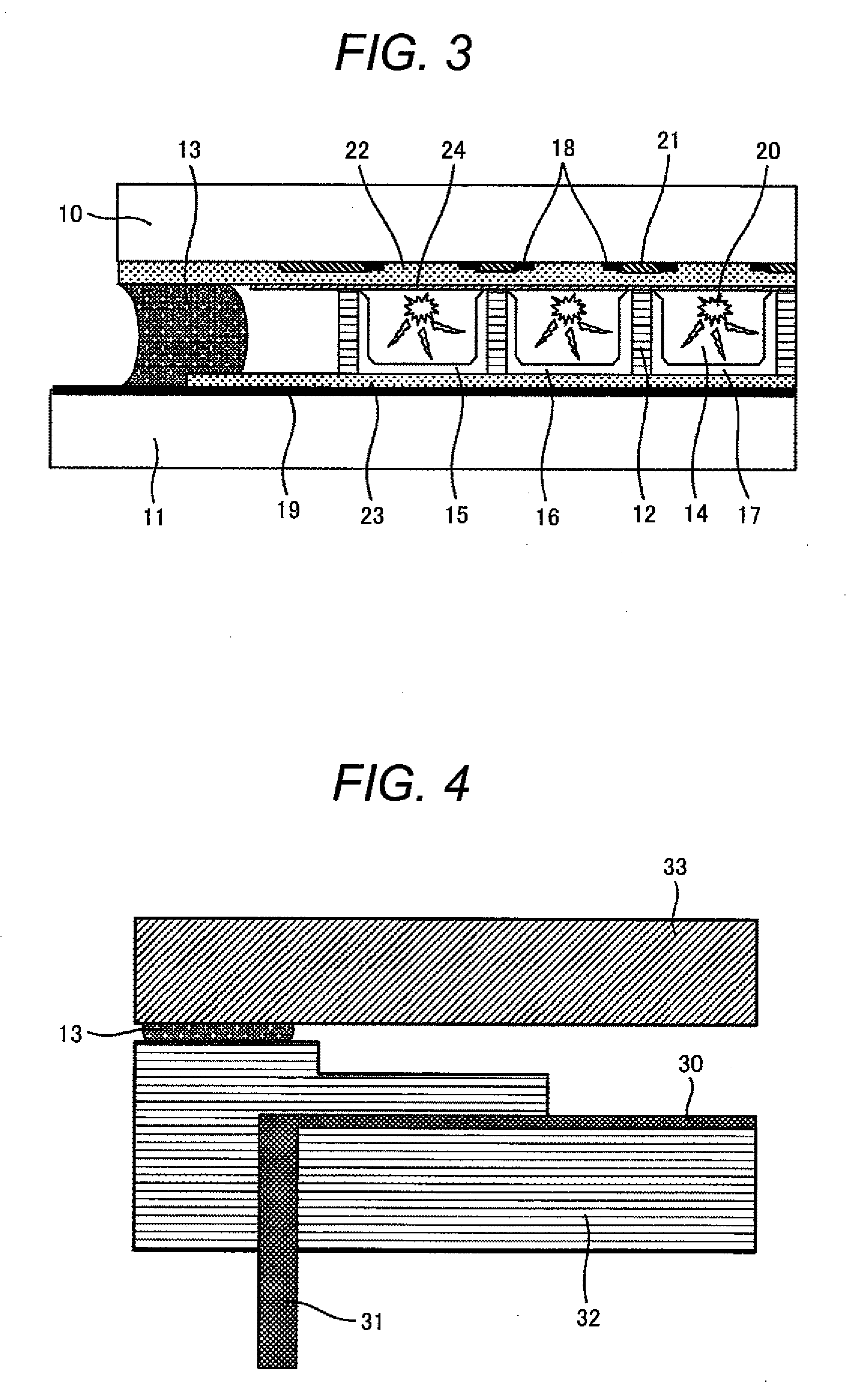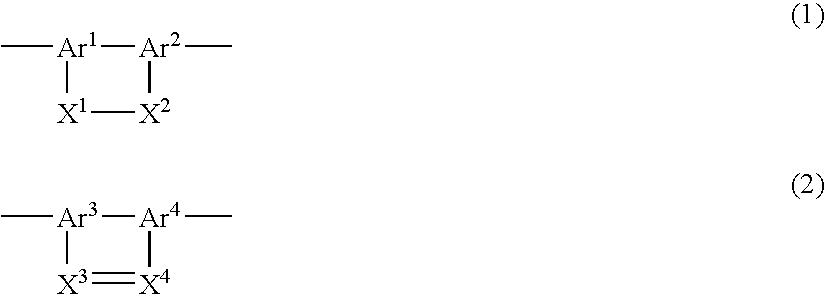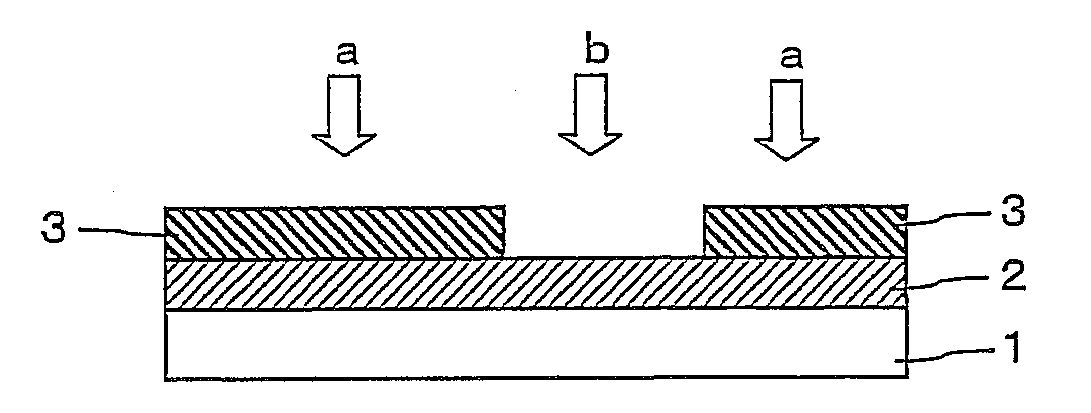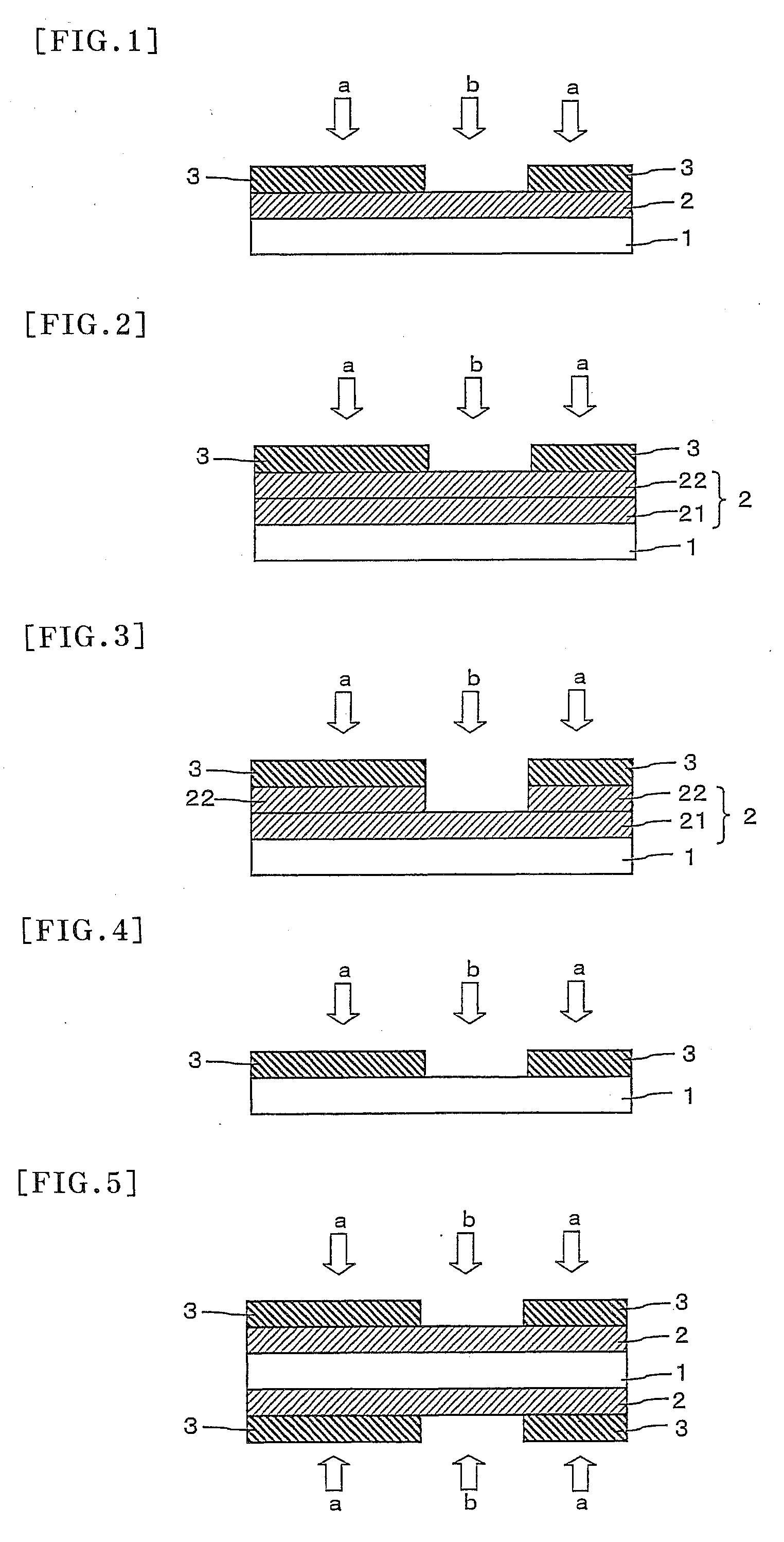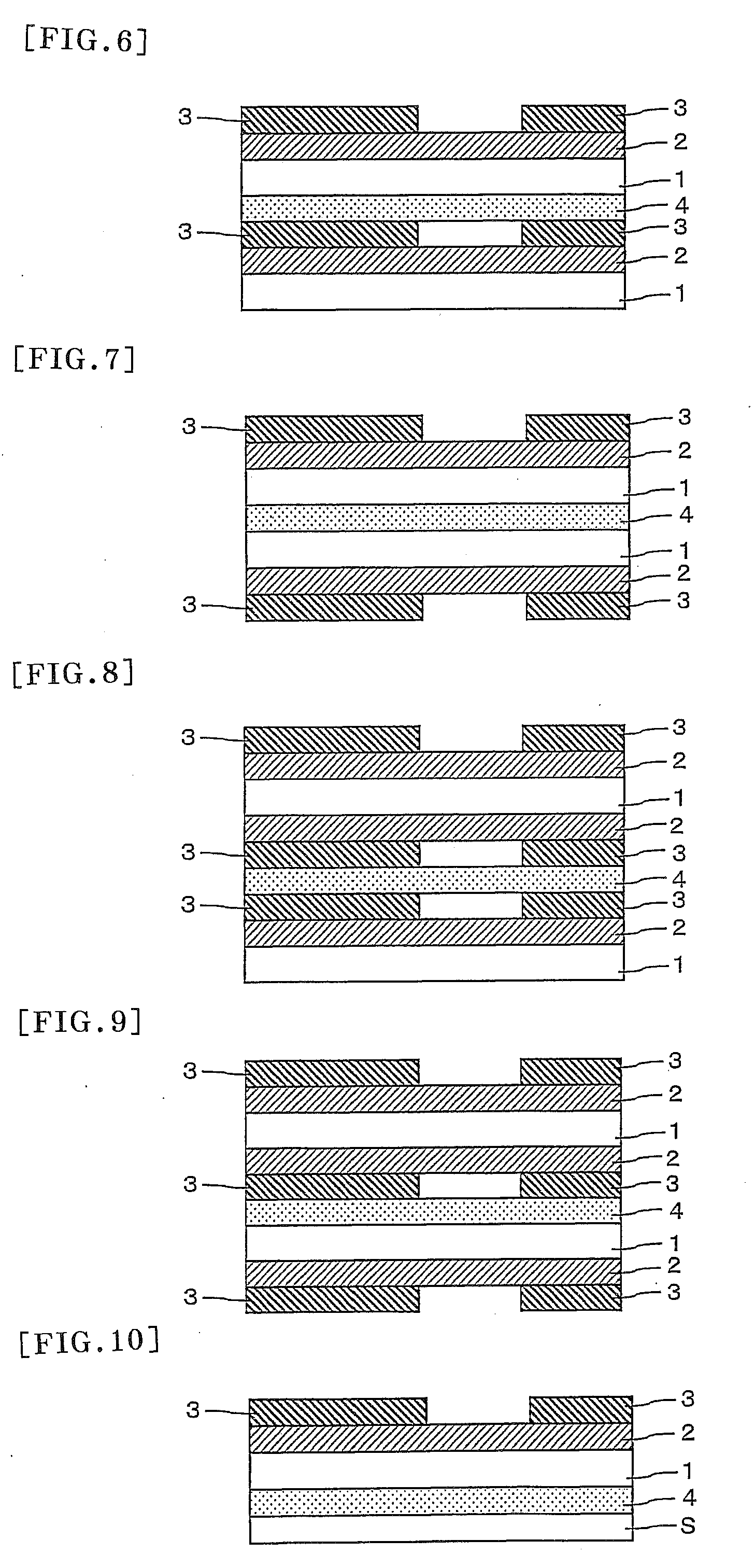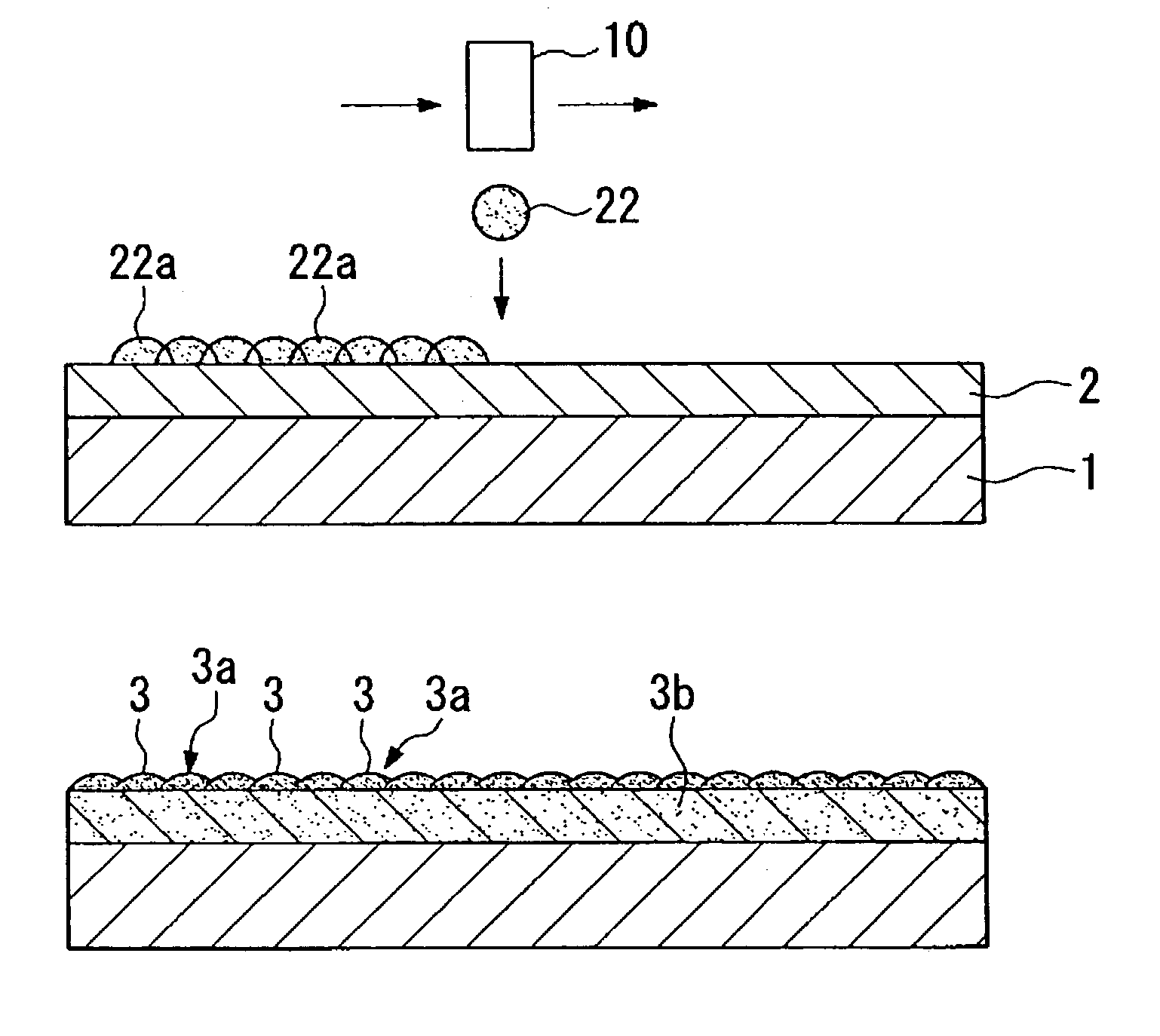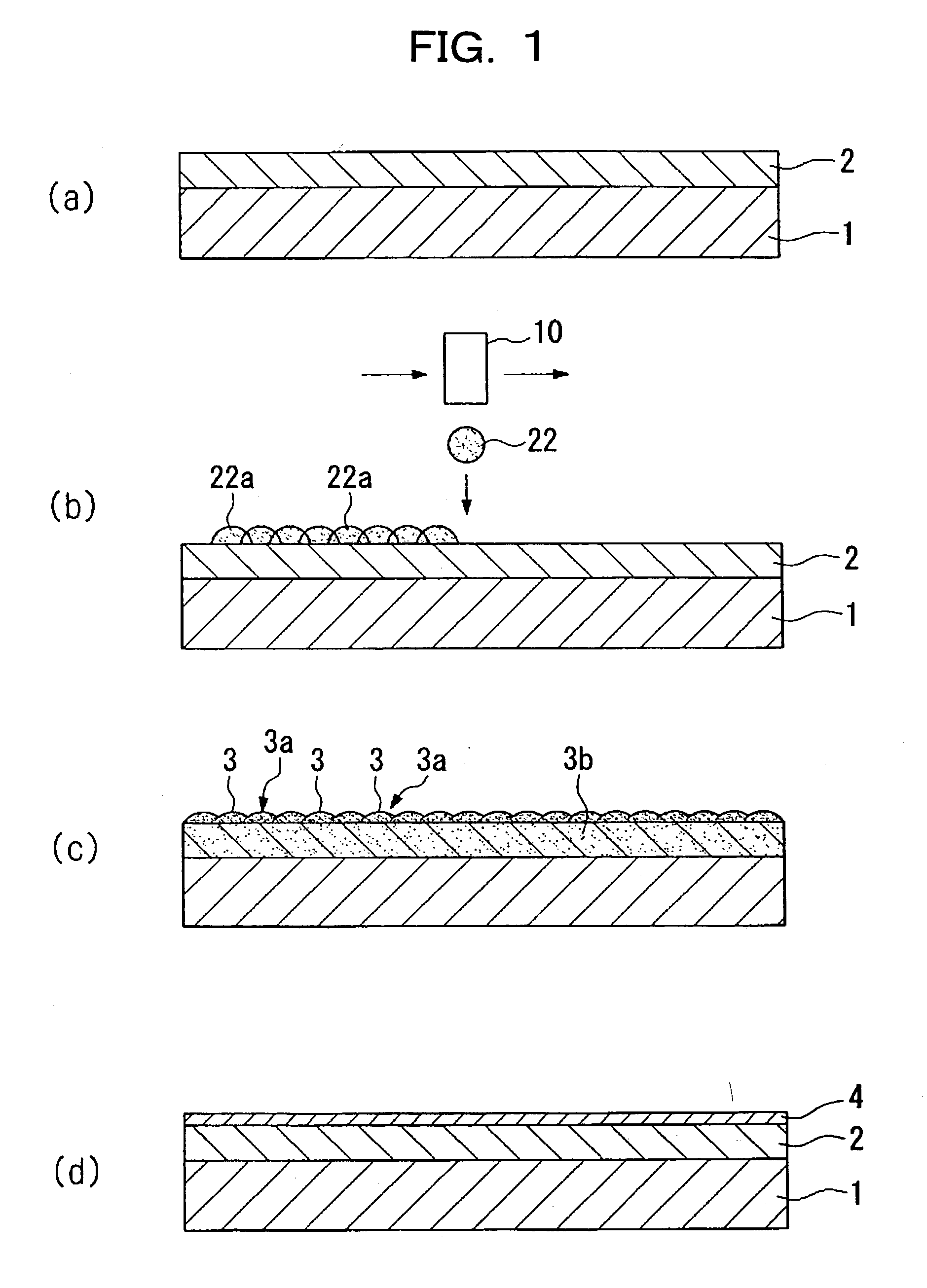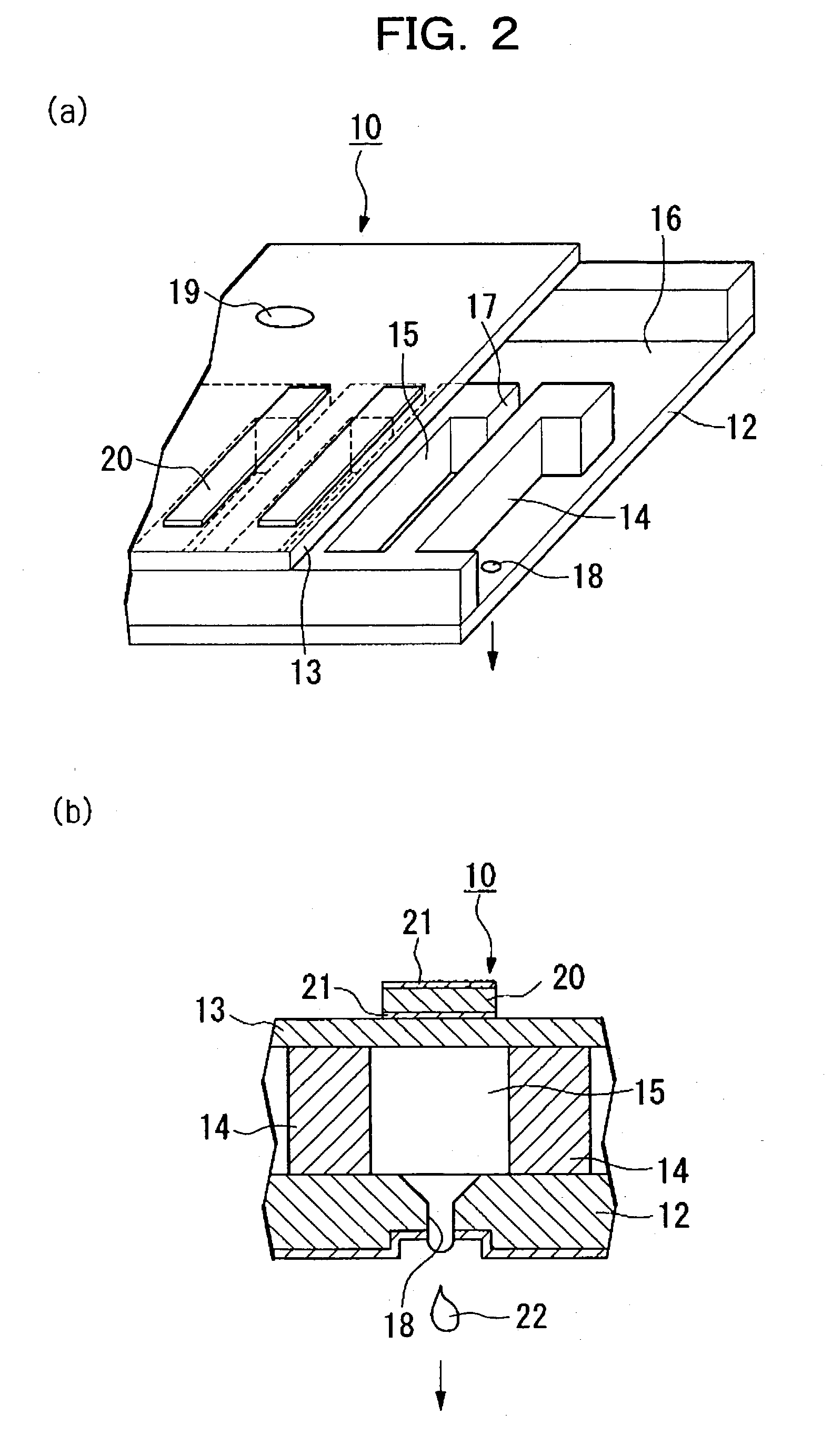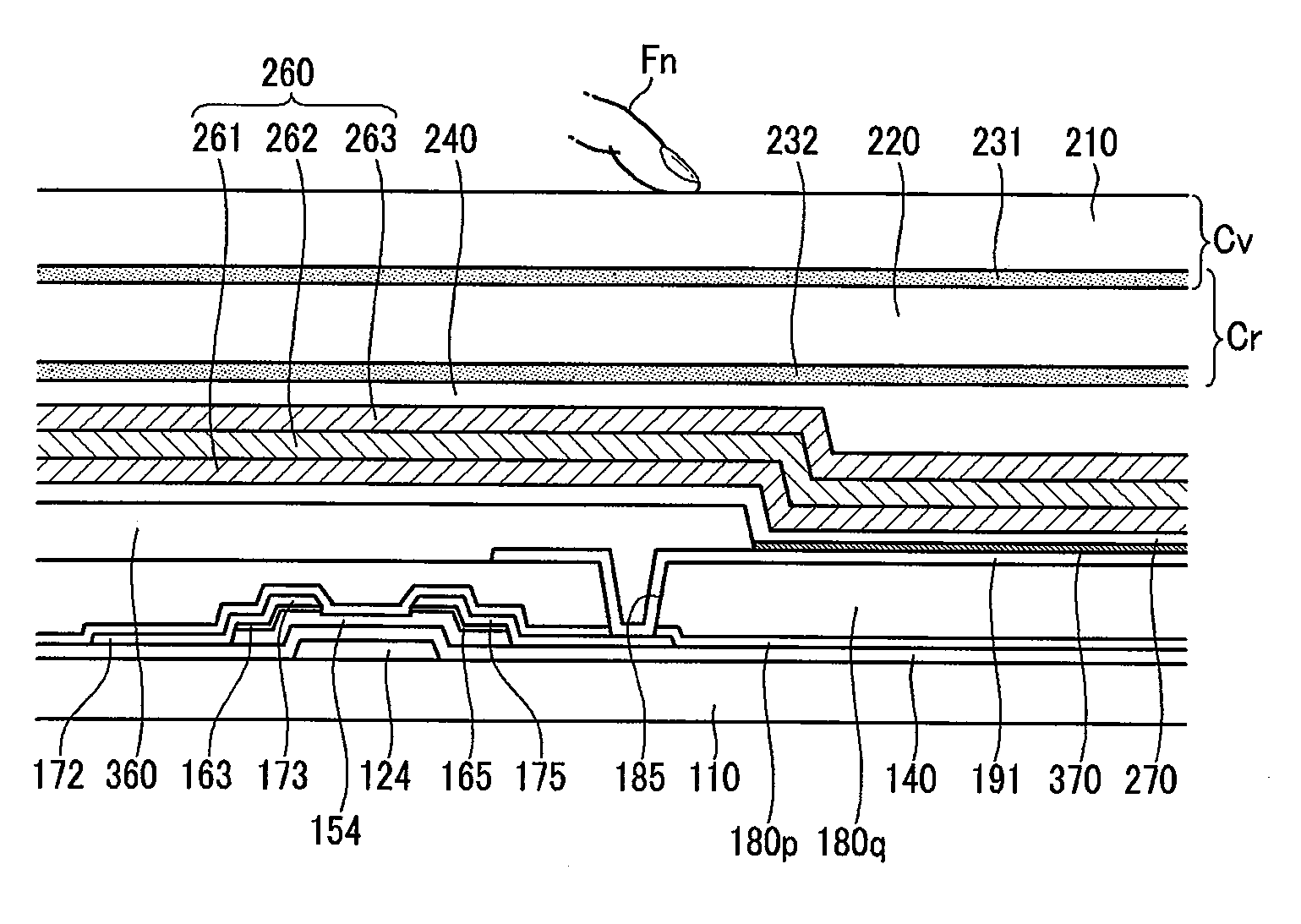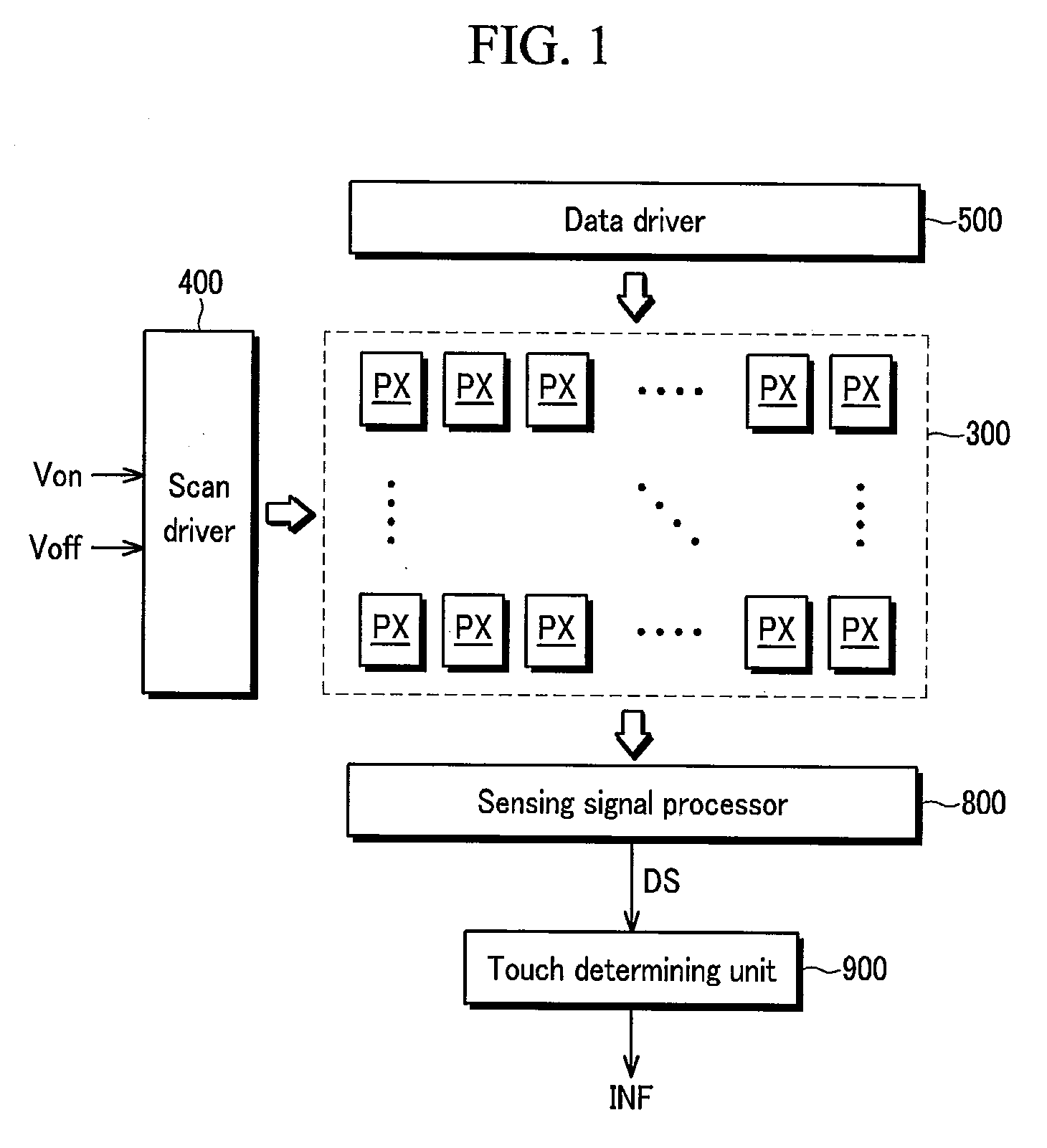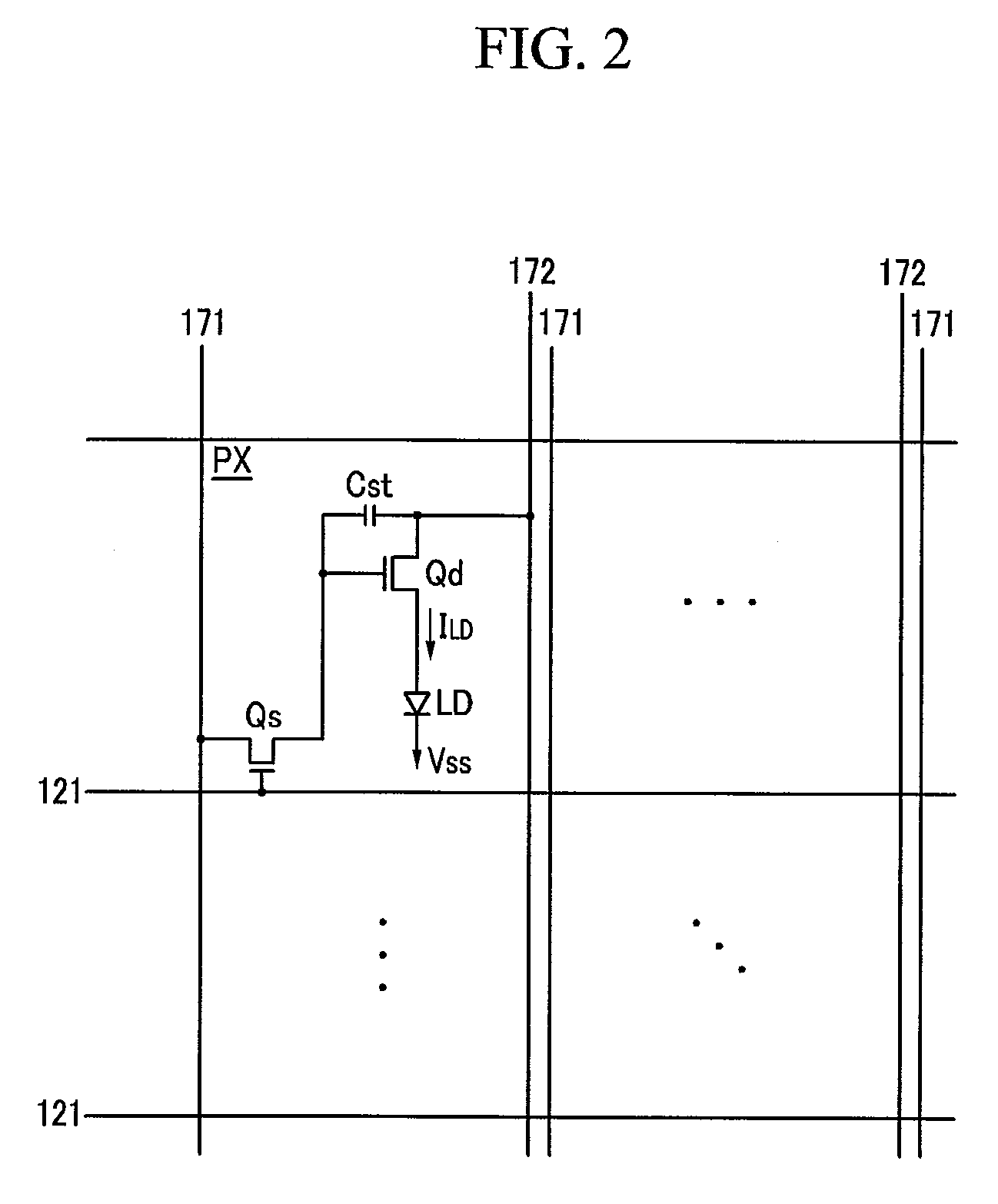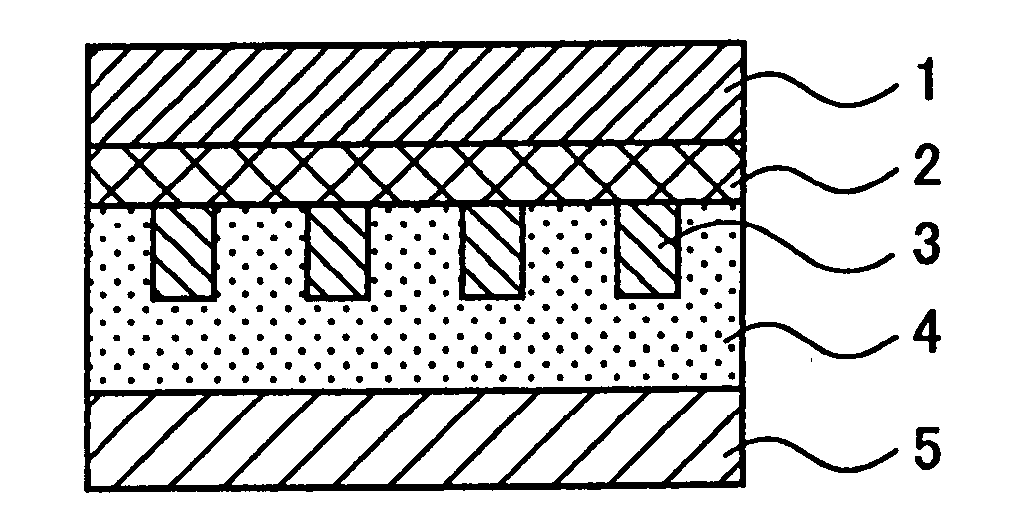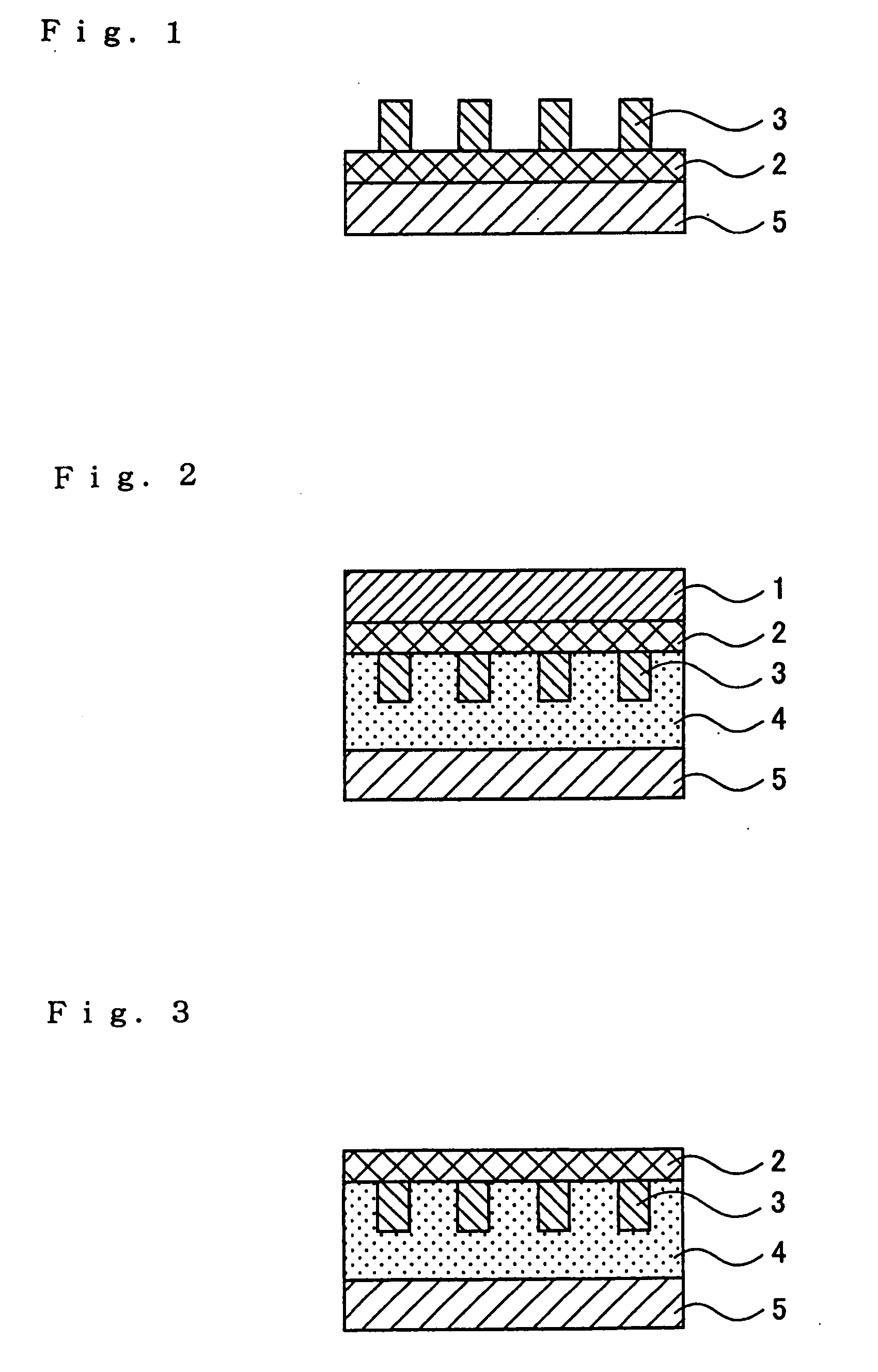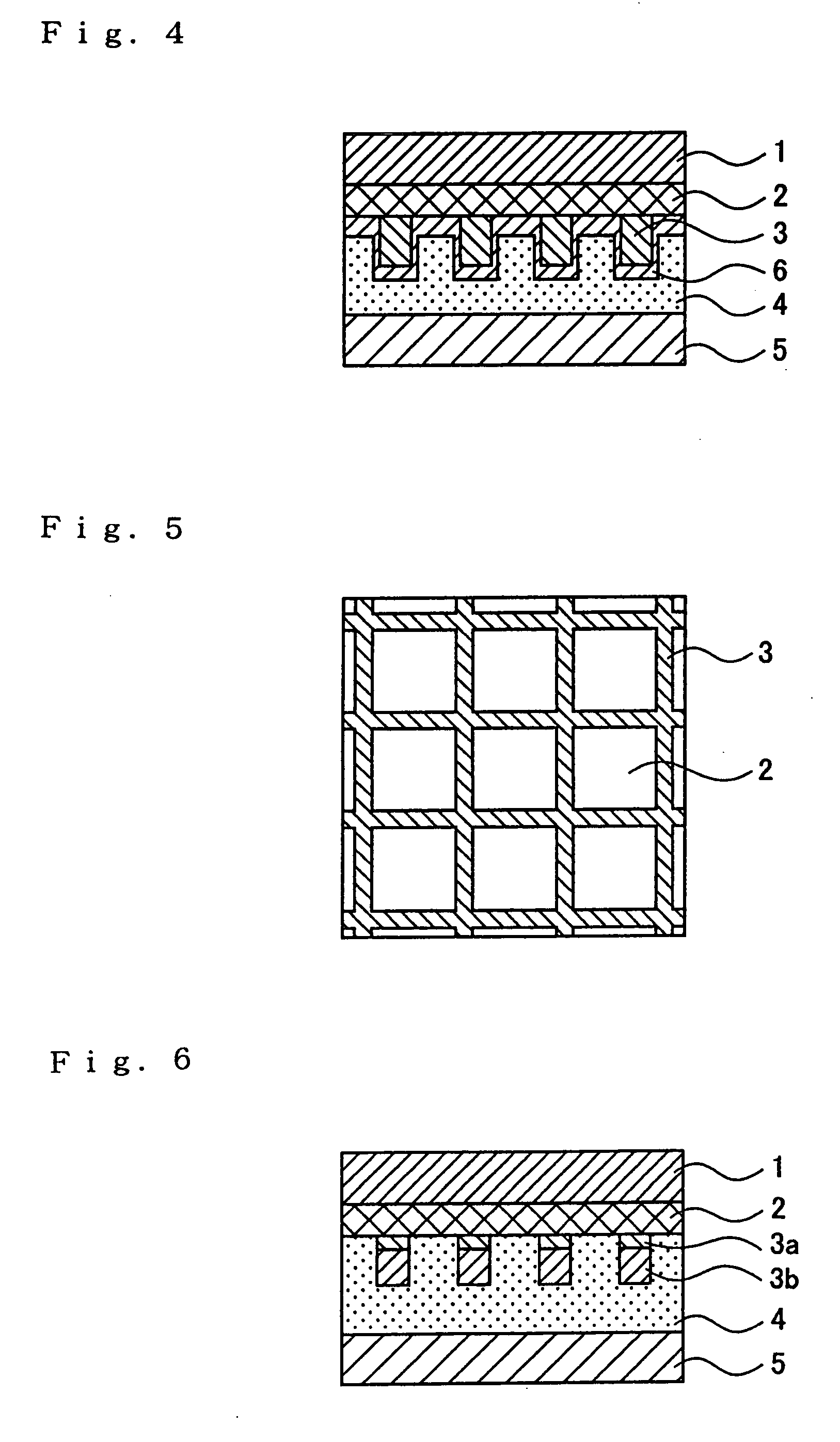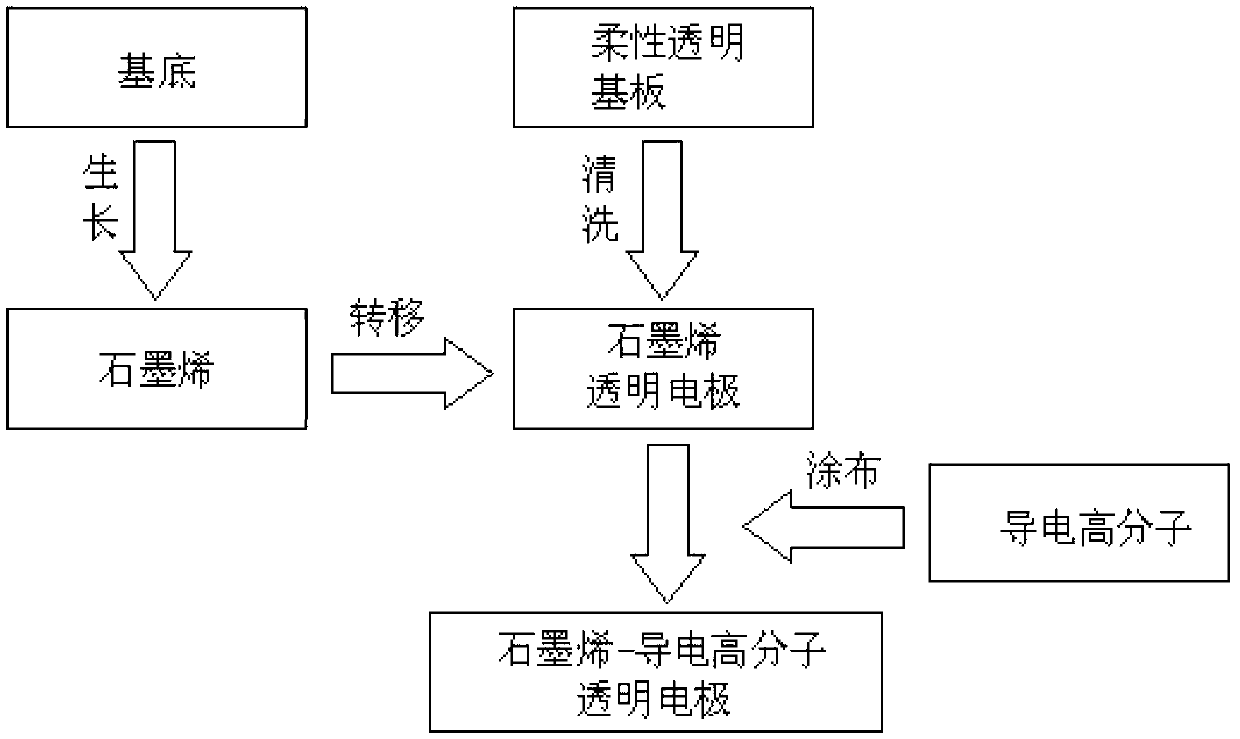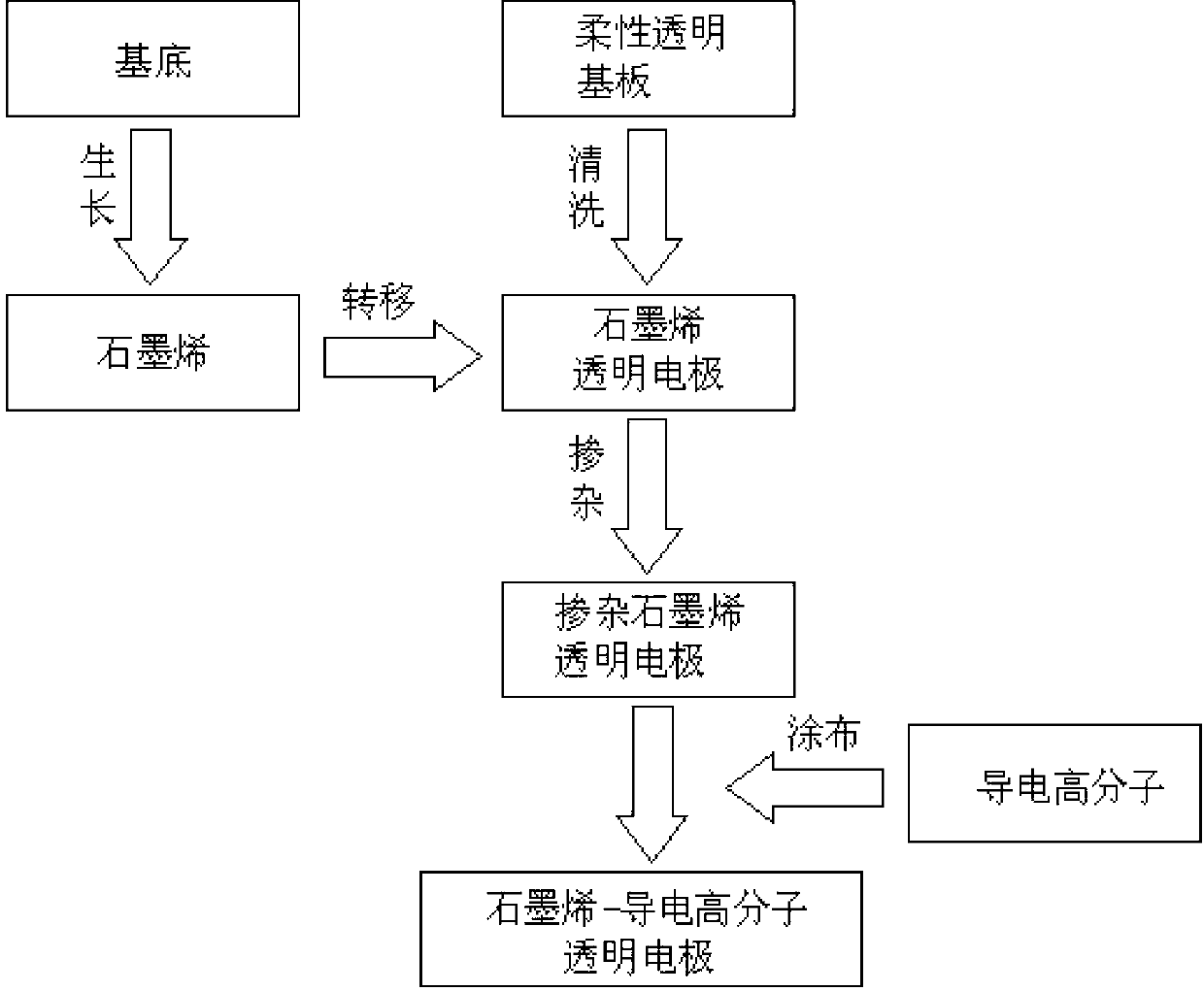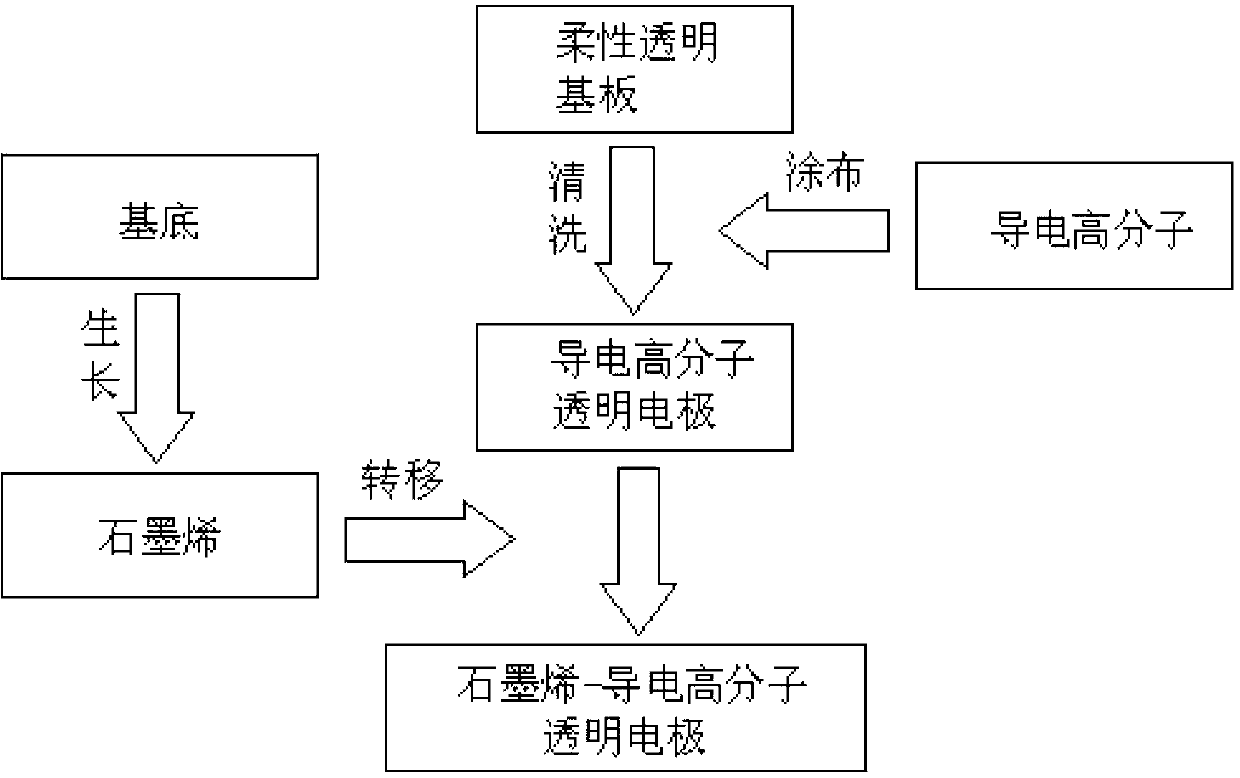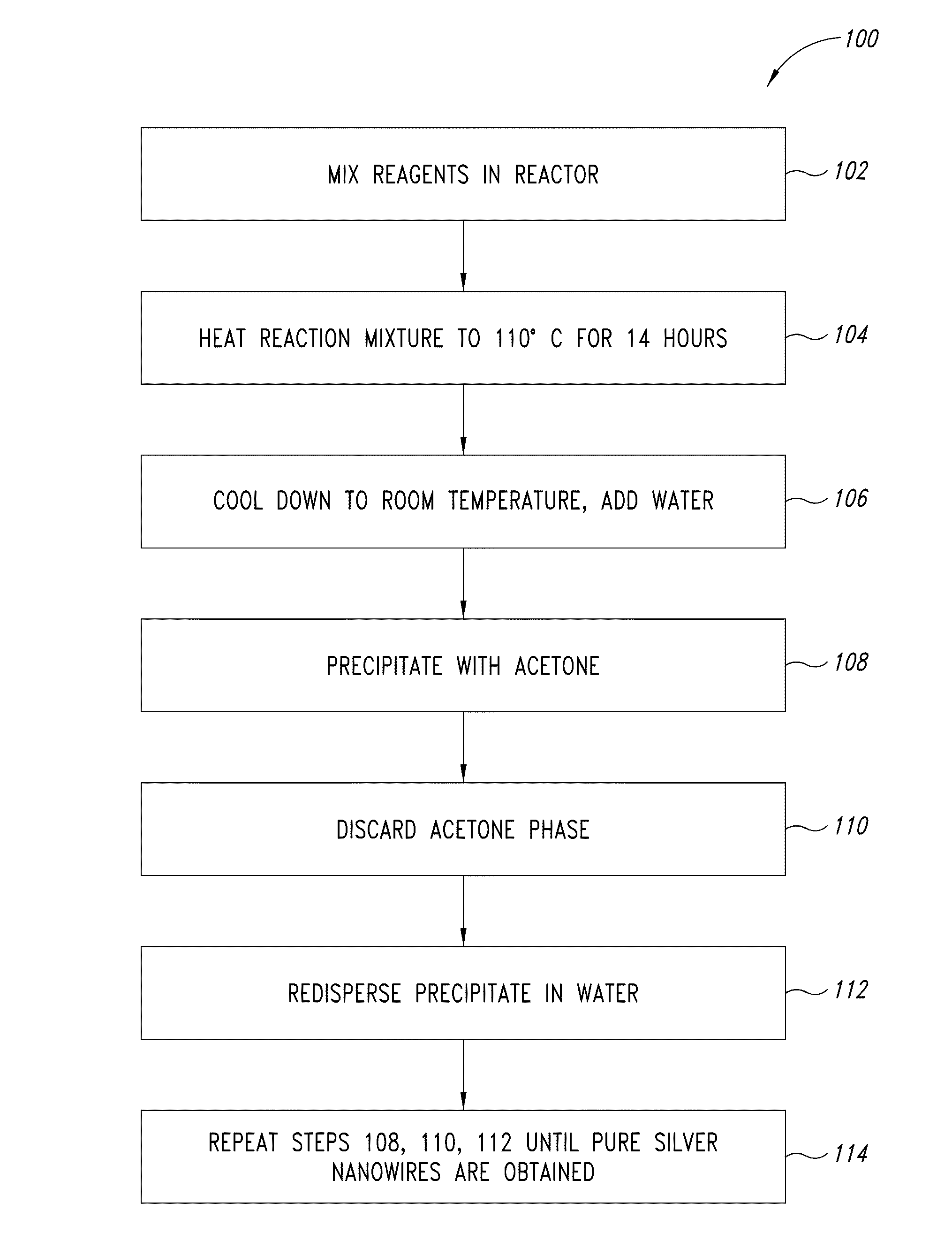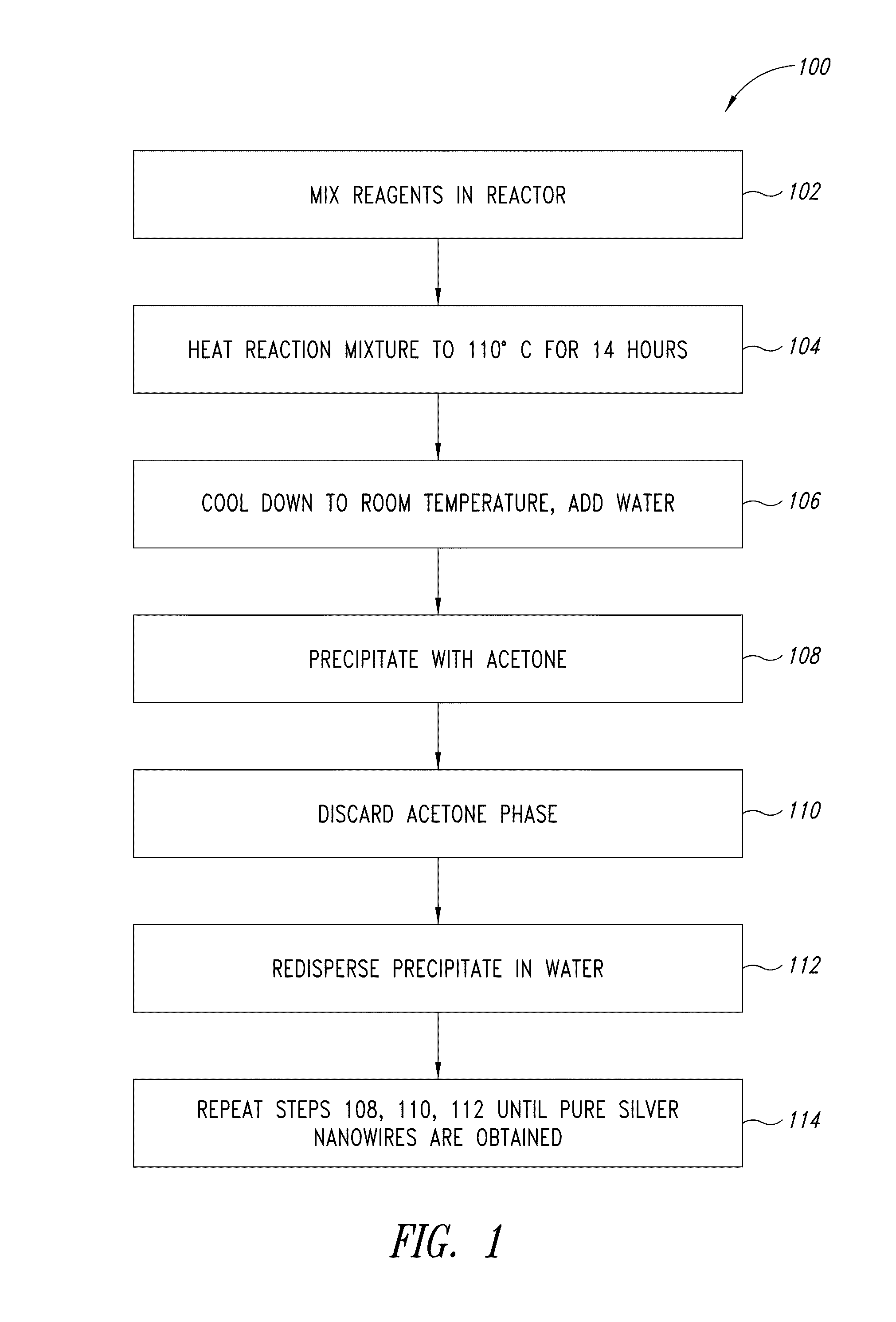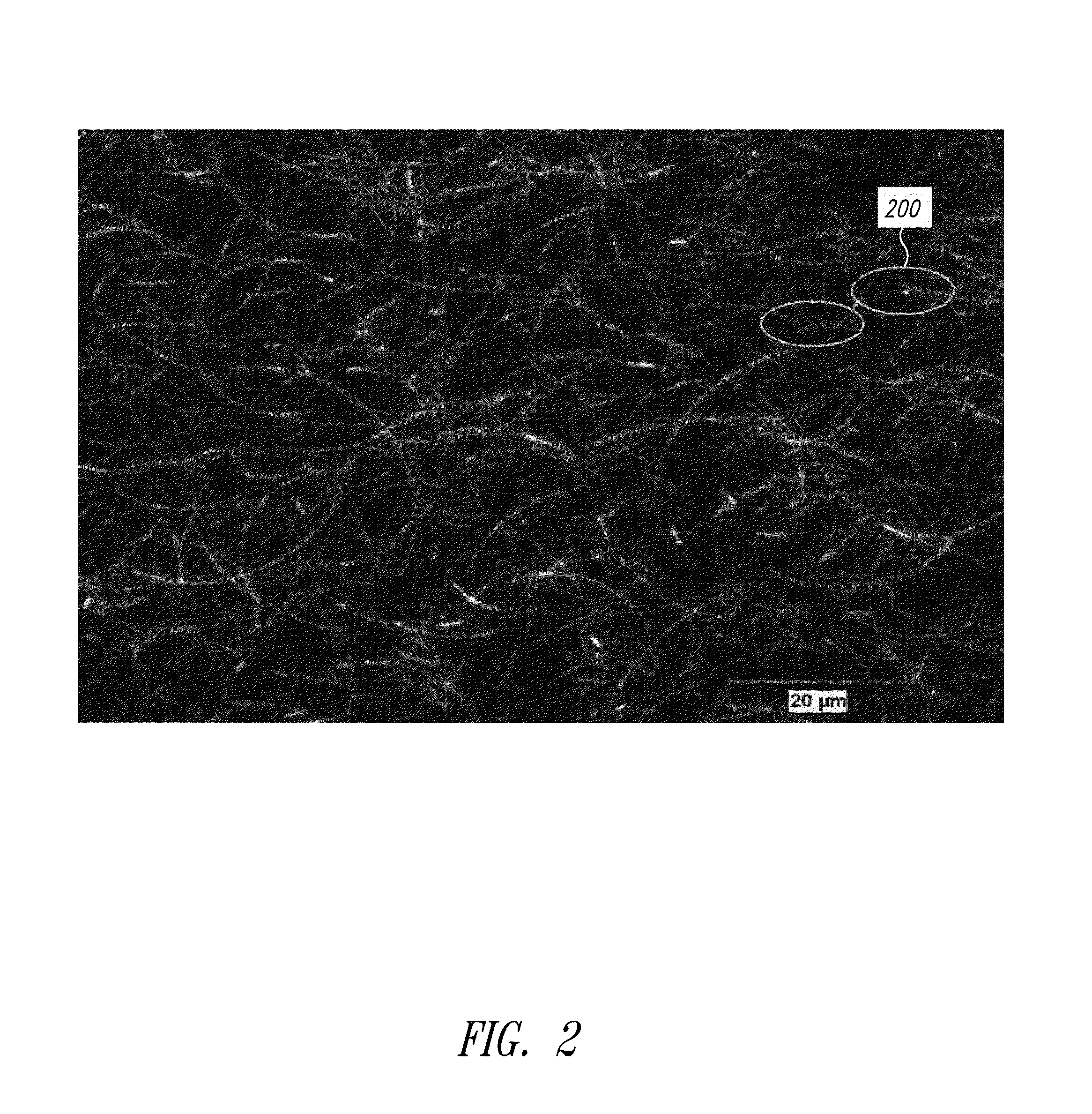Patents
Literature
Hiro is an intelligent assistant for R&D personnel, combined with Patent DNA, to facilitate innovative research.
4998results about "Conductive layers on insulating-supports" patented technology
Efficacy Topic
Property
Owner
Technical Advancement
Application Domain
Technology Topic
Technology Field Word
Patent Country/Region
Patent Type
Patent Status
Application Year
Inventor
Transparent conductive film and method for manufacturing the same
ActiveUS20080050595A1Improve economyConductive layers on insulating-supportsSynthetic resin layered productsRocking curveFull width at half maximum
A ZnO-based transparent conductive film has practicable moisture resistance, desired characteristics of a transparent conductive film, and excellent economy. The transparent conductive film is produced by growing ZnO doped with a group III element oxide on a substrate and has a region with a crystal structure in which a c-axis grows along a plurality of different directions. The transparent conductive film produced by growing ZnO doped with a group III element oxide on a substrate has a ZnO (002) rocking curve full width at half maximum of about 13.5° or more.ZnO is doped with a group III element oxide so that the ratio of the group III element oxide in the transparent conductive film is about 7% to about 40% by weight.The transparent conductive film is formed on the substrate with a SiNx thin film provided therebetween.The transparent conductive film is formed on the substrate by a thin film formation method with a bias voltage applied to the substrate.
Owner:MURATA MFG CO LTD
Low temperature electronic vaporization device and methods
ActiveUS20130042865A1Maintain efficiencyReduce the temperatureInput/output for user-computer interactionTobacco treatmentInhalationEnvironmental health
Low temperature electronic vaporization devices and method are described herein for emulating smoking wherein the devices generate an aerosol for inhalation by a subject by heating a viscous material that can have a tactile response in the mouth or respiratory tract.
Owner:JLI NAT SETTLEMENT TRUST
Touch screen sensor
Owner:3M INNOVATIVE PROPERTIES CO
Coatings comprising carbon nanotubes and methods for forming same
InactiveUS7060241B2Reduce manufacturing costImprove efficiencyMaterial nanotechnologyConductive layers on insulating-supportsSingle-Walled NanotubeCoating
Owner:NANO C INC
Highly catalytic screen-printing ink
ActiveUS7018568B2Easy to produceConductive layers on insulating-supportsConductive materialConductive polymerPrinting ink
The invention is directed to conductive polymer compositions, catalytic ink compositions (e.g., for use in screen-printing), electrodes produced by deposition of an ink composition, methods of making, and methods of using thereof. An exemplary ink material comprises platinum black and / or platinum-on-carbon as the catalyst, graphite as a conducting material, a polymer binding material, and an organic solvent. The polymer binding material is typically a copolymer of hydrophilic and hydrophobic monomers. The conductive polymer compositions of the present invention can be used, for example, to make electrochemical sensors. Such sensors can be used in a variety of analyte monitoring devices to monitor analyte amount or concentrations in subjects, for example, glucose monitoring devices to monitor glucose levels in subjects with diabetes.
Owner:LIFESCAN IP HLDG LLC +1
Conduction structure in transparent conduction film, transparent conduction film and manufacture method thereof
ActiveCN102903423AConductive layers on insulating-supportsTransparent dielectricsTransmittanceConductive materials
The invention discloses a transparent conduction film, a conduction structure thereof and a preparation method of the transparent conduction film. The transparent conduction film is of a single-sided dual-layer conduction structure. The conduction structure comprises a first metal embedding layer and a second metal embedding layer, wherein the first metal embedding layer is formed by impressing on a substrate or impressing on a polymer layer on the surface of the substrate; and the second metal embedding layer is formed by coating the polymer layer on the surface of the first metal embedding layer through impressing, the first layer of conduction structure and the second layer of conduction structure have a grid groove structure, and conductive materials are filled in grooves. The single-sided graphical transparent conduction film provided by the invention has the advantages of high resolution and transmittance, independent and adjustable sheet resistance, and the like. According to the transparent conduction film, the cost can be reduced, and the weight and the thickness of a manufactured touch panel can be reduced.
Owner:ANHUI JINGZHUO OPTICAL DISPLAY TECH CO LTD
Transparent Planar Body and Transparent Touch Switch
ActiveUS20080138589A1Increase awarenessConductive layers on insulating-supportsDecorative surface effectsVisibilityTransmittance
The present invention provides a transparent planar body and a transparent touch switch that can improve visibility. Specifically, the transparent planar body (1) has a patterned transparent conductive film (12) on at least one surface of a transparent substrate (11). This transparent planar body (1) comprises a transmittance-adjusting layer for equalizing the transmission spectrum of light transmitted through a patterned region wherein the transparent conductive film (12) is provided via the transparent substrate (11) with that transmitted through a non-patterned region wherein the transparent conductive film (12) is not provided via the transparent substrate (11).
Owner:GUNZE LTD
Low temperature electronic vaporization device and methods
InactiveUS20130312742A1Maintain efficiencyReduce the temperatureInput/output for user-computer interactionTobacco treatmentInhalationEnvironmental health
Low temperature electronic vaporization devices and method are described herein for emulating smoking wherein the devices generate an aerosol for inhalation by a subject by heating a viscous material that can have a tactile response in the mouth or respiratory tract.
Owner:JUUL LABS INC
Transparent Conductive Carbon Nanotube Film and a Method for Producing the Same
InactiveUS20070298253A1Conductive and soft and flexibleImprove conductivityMaterial nanotechnologyConductive layers on insulating-supportsCarbon nanotubeTransparent conducting film
A transparent conductive film wherein carbon nanotubes are discursively embedded in the surface portion of a resin film is produced by (A) dispersing carbon nanotubes on a substrate surface, (B) forming a transparent resin film over the substrate on which the carbon nanotubes are dispersed, and then (C) separating the thus-formed resin film. This is a novel technique for realizing a highly transparent conductive film which is flexible and highly conductive even when amount of carbon nanotubes used therefor is small.
Owner:NAT INST OF ADVANCED IND SCI & TECH
Nanoscale electronic devices & frabrication methods
InactiveUS20050064618A1Raise the possibilityConductive layers on insulating-supportsNanostructure manufactureNanowireElectric devices
The invention relates to a method of forming a conducting nanowire between two contacts on a substrate surface wherein a plurality of nanoparticles is deposited on the substrate in the region between the contacts, and the single nanowire running substantially between the two contacts is formed by either by monitoring the conduction between the contacts and ceasing deposition at the onset of conduction, and / or modifying the substrate to achieve, or taking advantage of pre-existing topographical features which will cause the nanoparticles to form the nanowire. The resultant conducting nanowires are also claimed as well as devices incorporating such nanowires.
Owner:UNIVERSITY OF CANTERBURY
Transparent carbon nanotube electrode using conductive dispersant and production method thereof
ActiveUS20080088219A1Improve conductivityMaterial nanotechnologyConductive layers on insulating-supportsSolar cellTouchscreen
Disclosed is a transparent carbon nanotube (CNT) electrode using a conductive dispersant. The transparent CNT electrode comprises a transparent substrate and a CNT thin film formed on a surface the transparent substrate wherein the CNT thin film is formed of a CNT composition comprising CNTs and a doped dispersant. Further disclosed is a method for producing the transparent CNT electrode.The transparent CNT electrode exhibits excellent conductive properties, can be produced in an economical and simple manner by a room temperature wet process, and can be applied to flexible displays. The transparent CNT electrode can be used to fabricate a variety of devices, including image sensors, solar cells, liquid crystal displays, organic electroluminescence (EL) displays and touch screen panels, that are required to have both light transmission properties and conductive properties.
Owner:SAMSUNG ELECTRONICS CO LTD
Transparent electroconductive film, method for manufacture thereof, and touch panel
InactiveUS20040265602A1Easy to prepareIncreased durabilityConductive layers on insulating-supportsContact surface shape/structurePhosphoric acidTransparent conducting film
A transparent conductive film comprising a polymer film and a transparent conductive layer provided thereon, especially a transparent conductive film improved in durability and mechanical and electrical properties, a process for the preparation thereof, and a touch panel provided with the transparent conductive film, as well as transparent conductive plate and the process for the preparation thereof. The transparent conductive film comprising a polymer film, an undercoat layer and a transparent conductive layer which are superposed in this order, and the undercoat layer contains a compound having at least one selected from an amino group and a phosphoric acid group.
Owner:BRIDGESTONE CORP
Transparent conductive laminated body and touch panel
InactiveUS20020158853A1High transparencyGood optical performanceConductive layers on insulating-supportsLayered productsRefractive indexTouch panel
A transparent conductive laminated body comprising a transparent dielectric substance thin film having two layers and furthermore a transparent conductive thin film being formed on one face of a transparent film substrate with thickness of 2 to 120 mum, and a transparent substrate being adhered on another face of the film substrate through a transparent pressure sensitive adhesive layer, wherein a relationship of n3<n1<=n2 <n4 is satisfied where a light index of refraction of the film substrate is defined as n1, a light indexes of refraction of the two layers of the dielectric substance thin films are defined as n2 and n3 from the film substrate side respectively, and a light index of refraction of the conductive thin film is defined as n4 is excellent in transparency and scratch-proof property of the conductive thin film, and, moreover, excellent also in flexibility. A touch panel using the transparent conductive laminated body concerned has an improved dotting property.
Owner:NITTO DENKO CORP
Vacuum deposition of bus bars onto conductive transparent films
InactiveUS6204480B1Suitable for processingWindowsConductive layers on insulating-supportsElectrical resistance and conductanceElectrical connection
Vacuum deposition processes such as sputter-depositing are employed to deposit electrically conductive bus bars onto thin film transparent conductor sheets. These assemblies provide efficient and durable electrical connections to the conductor sheets which can be laminated into glazing structures such as automotive windshields to provide resistance heating for defogging and deicing or the provide an electrical connection for in-window antennas and in window radiation shields.
Owner:SOUTHWALL TECH INC
Transparent conductive film and touch panel
InactiveUS6629833B1Increased durabilityImprove adhesionLiquid surface applicatorsConductive layers on insulating-supportsCross-linkTouchpad
A transparent conductive film (1) having a transparent plastic film (11) and a transparent conductive thin film (12) formed on at least one side thereof, characterized in that a resin layer (P) containing an ionic group in the range of 20 to 1000 eq / ton is provided between the transparent plastic film and the transparent conductive thin film and the ionic group containing resin has a cross-linked structure. The transparent conductive film has excellent adhesion to other conductive thin films and therefore exhibits excellent durability to input with a pen when used in touch panels.
Owner:TOYO TOYOBO CO LTD
Electrically Conductive Ink, Electrically Conductive Circuit, and Non-Contact-Type Medium
InactiveUS20080169122A1Improve conductivityWell formedConductive layers on insulating-supportsPrinted circuit aspectsHigh humidityContact type
Owner:TOYO INK SC HOLD CO LTD
Transparent conductive film and coating composition therefor
InactiveUS20060263588A1High transparencyImproved and well controllable electrical propertiesMaterial nanotechnologyConductive layers on insulating-supportsPolymer scienceCarbon fibers
The disclosed is a transparent conductive film that includes a matrix and carbon fibrous structures added to the matrix, wherein the carbon fibrous structures comprise carbon fibers, each having an outside diameter of 15-100 nm, and wherein the carbon fibrous structures each comprise a granular part at which two or more carbon fibers are bound to each other, and wherein the granular part is concurrently produced in a growth process for the carbon fibers. When the transparent conductive film is formed at a thickness of 0.1-5 μm on a glass substrate, it shows a surface resistivity of not more than 1.0×1012Ω / □, and a total light transmittance of not less than 30%. A coating composition for the conductive transparent film is prepared by using a media mill equipped with beads having an average diameter of 0.05-1.5 mm to disperse the carbon fibrous structures into the liquid resinous composition.
Owner:MITSUI & CO LTD +1
Low-haze transparent conductors
ActiveUS20110174190A1Material nanotechnologyConductive layers on insulating-supportsElectrical conductorHaze
This disclosure is related to low-haze transparent conductors, ink compositions and method for making the same.
Owner:CHAMP GREAT INTL
Conductive sheet and capacitive touch panel
ActiveUS20110290631A1Probability of complete disconnectionIncrease awarenessConductive layers on insulating-supportsElectronic switchingEngineeringTouch panel
Owner:FUJIFILM CORP
Appliance such as a refrigerator or freezer with a transparent viewing door and a method of manufacture of a refrigerator or freezer with a transparent viewing door
InactiveUS6268594B1Reduce formationLittle process outlayShow cabinetsConductive layers on insulating-supportsFlat glassInsulated glazing
A multipane insulating glass for appliances having an inner-chamber temperature which is lower than the ambient temperature, in particular for viewing doors of refrigerators and freezers comprises at least two panes which are of approximately equal size and are arranged at a distance from one another. The distance is maintained by a spacer which runs continuously around the vicinity of the edge. One of the two outer panes is provided with an electrically conductive, transparent coating on its side which faces towards the space between the panes. In this glass, the coating, which is applied to the entire surface, is deactivated in the peripheral area of the pane, containing the contact surface for the spacer. Also, a process for producing coated flat glass materials for such insulating glass materials, as described above.
Owner:GLAS SCHOTT +1
Thin film transistor, thin film transistor substrate, processes for producing the same, liquid crystal display using the same, and related devices and processes; and sputtering target, transparent electroconductive film formed by use of this,transparent electrode, and related devices and processes
InactiveUS20070170434A1Reduce light transmittanceConductive layers on insulating-supportsSemiconductor/solid-state device detailsIndiumLiquid-crystal display
Provided are a thin film transistor substrate having a transparent electroconductive film in which residues and so on resulting etching are hardly generated; a process for producing the same; and a liquid crystal display using this thin film transistor substrate. A thin film transistor substrate, comprising a transparent substrate, a source electrode formed over the transparent substrate, a drain electrode formed over the transparent substrate, and a transparent pixel electrode formed over the transparent substrate, wherein the transparent pixel electrode is a transparent electroconductive film which is made mainly of indium oxide, and further comprises one or two or more oxides selected from tungsten oxide, molybdenum oxide, nickel oxide and niobium oxide, and the transparent pixel electrode is electrically connected to the source electrode or the drain electrode; a process for producing the same; and a liquid crystal display using this thin film transistor substrate.
Owner:IDEMITSU KOSAN CO LTD
Silver nanowire-based transparent conductive thin film and preparation method thereof
InactiveCN102087886AReduce roughnessReduce transmittanceConductive layers on insulating-supportsIndividual molecule manipulationPolyvinyl alcoholPolymethyl methacrylate
The invention provides a silver nanowire-based transparent conductive thin film and a preparation method thereof. The preparation method is characterized by comprising the following steps of: forming a uniform adhesive layer on a substrate by organic polymer fluid; and forming a silver nanowire conductive layer on the adhesive layer, wherein silver nanowires can be firmly adhered to the adhesive layer. Through the adhesive layer, the firmness and the reliability of the silver nanowire transparent conductive thin film are greatly improved, the problem of easiness of falling of the silver nanowires is solved, and the selection range of the substrate is expanded. If the adhesive layer is formed by polyvinyl alcohol on a polymethyl methacrylate (PMMA) substrate, the visible light transmittance reaches 84 percent when square resistance is 130.
Owner:FUJIAN INST OF RES ON THE STRUCTURE OF MATTER CHINESE ACAD OF SCI
Low softening point glass composition, bonding material using same and electronic parts
ActiveUS20100180934A1Flow on effectReduce softeningAddress electrodesConductive layers on insulating-supportsTe elementAntimony
Owner:RESONAC CORP
Polymer Compound And Polymer Light-Emitting Device Using The Same
ActiveUS20080138651A1High luminous intensityHigh fluorescence intensityConductive layers on insulating-supportsOrganic chemistryCompound (substance)Polystyrene
High-molecular compounds comprising repeating units represented by the general formula (1) or (2) and having number-average molecular weights of 103 to 108 in terms of polystyrene: (1) [wherein Ar1 and Ar2 are each independently a trivalent aromatic hydrocarbon group or a trivalent heterocyclic group; and X1 and X2 are each independently O, S, C(═O), S(═O), SO2, C(R1)(R2), Si(R3)(R4), N(R5), B(R6), P(R7), or P(═O)(R8), with the provisos that X1 and X2 must not be the same and that X1 and Ar2 are bonded respectively to the adjacent carbon atoms constituting the aromatic ring of Ar1, and X2 and Ar1 are bonded respectively to the adjacent carbon atoms constituting the aromatic ring of Ar2] (2) [wherein Ar3 and Ar4 are each independently a trivalent aromatic hydrocarbon group or a trivalent heterocyclic group; and X3 and X4 are each independently N, B, P, C(R9), or Si(R10), with the provisos that X3 and X4 must not be the same and that X3 and Ar4 are bonded respectively to the adjacent carbon atoms constituting the aromatic ring of Ar3, and X4 and Ar3 are bonded respectively to the adjacent carbon atoms constituting the aromatic ring of Ar4].
Owner:SUMITOMO CHEM CO LTD
Transparent conductive film, method for production thereof and touch panel therewith
ActiveUS20080176042A1Good lookingIncrease the scope of applicationConductive layers on insulating-supportsLegendsTransparent conducting filmTouch panel
Owner:NITTO DENKO CORP
Conductive layer pattern and method for forming the same, wiring board, electronic device, electronic appliances and noncontact card medium
InactiveUS20030213614A1Eliminate effectiveQuality improvementPorous dielectricsConductive layers on insulating-supportsConductive materialsEngineering
Owner:SEIKO EPSON CORP
Touch sensible organic light emitting device
ActiveUS20100134426A1Conductive layers on insulating-supportsDischarge tube luminescnet screensFlexible organic light-emitting diodeOrganic light emitting device
Embodiments of the present invention generally relate to a touch sensible organic light emitting device. The organic light emitting device according to an exemplary embodiment of the present invention comprises: a substrate; a thin film transistor disposed on the substrate; an organic light emitting element connected to the thin film transistor and receiving a data voltage; a plurality of encapsulation thin films disposed on the organic light emitting element, and encapsulating the thin film transistor and the organic light emitting element; a planarization layer disposed on the encapsulation thin film; and a touch sensor disposed on the planarization layer.
Owner:SAMSUNG DISPLAY CO LTD
Transparent conductive multi-layer structure, process for its manufacture, and device making use of transparent conductive multi-layer structure
InactiveUS20070079869A1Improve conductivityPoor heat resistanceConductive layers on insulating-supportsLight-sensitive devicesAuxiliary electrodeSolar battery
A transparent conductive multi-layer structure having a smooth base material 1, a transparent conductive layer 2 formed on the smooth base material 1 by coating, an auxiliary electrode layer 3 formed in a pattern on the transparent conductive layer 2, and a transparent substrate 5 joined to the transparent conductive layer 2 and auxiliary electrode layer 3 through an adhesive layer 4. On a smooth peeled-off surface of the transparent conductive layer 2 from which the smooth base material 1 has been peeled off, various devices are formed to set up devices such as a dye-sensitized solar cell and an organic electroluminescent device.
Owner:SUMITOMO METAL MINING CO LTD
Graphene composite transparent electrode and preparation method and application thereof
ActiveCN103345963AStay flexibleImprove conductivityConductive layers on insulating-supportsCable/conductor manufactureLiquid-crystal displayTransmittance
The invention discloses a graphene composite transparent electrode and a preparation method of the graphene composite transparent electrode and application of the graphene composite transparent electrode. The graphene composite transparent electrode comprises a flexible transparent base plate. A graphene layer and a conductive macromolecule layer are arranged on the flexible transparent base plate. The preparation method of the graphene composite transparent electrode can be achieved by two ways, one way includes the steps that graphene is transferred to the flexible transparent base plate, and then conductive macromolecule materials coat the surface of graphene, and the other way includes the steps that firstly the conductive macromolecule materials coat the surface of the flexible transparent base plate, and then the graphene is transferred to the conductive macromolecule layer of the flexible transparent base plate. The graphene composite transparent electrode can be applied to manufacturing touch screens, solar cells, organic light emitting diodes, liquid crystal display screens, thin film transistors, flexible electronic products or wearable electronic products. The graphene composite transparent electrode takes the performance of electrical conductivity, light transmittance and flexibility into account and has the excellent photoelectric property and flexibility.
Owner:CHONGQING GRAPHENE TECH +1
Purification of metal nanostructures for improved haze in transparent conductors made from the same
InactiveUS20110045272A1Material nanotechnologyConductive layers on insulating-supportsMetal nanowiresNanometre
Provided are a method of isolating and purifying metal nanowires from a crude and complex reaction mixture that includes relatively high aspect ratio nanostructures as well as nanostructures of low aspect ratio shapes, and conductive films made of the purified nanostructures.
Owner:CHAMP GREAT INTL
Features
- R&D
- Intellectual Property
- Life Sciences
- Materials
- Tech Scout
Why Patsnap Eureka
- Unparalleled Data Quality
- Higher Quality Content
- 60% Fewer Hallucinations
Social media
Patsnap Eureka Blog
Learn More Browse by: Latest US Patents, China's latest patents, Technical Efficacy Thesaurus, Application Domain, Technology Topic, Popular Technical Reports.
© 2025 PatSnap. All rights reserved.Legal|Privacy policy|Modern Slavery Act Transparency Statement|Sitemap|About US| Contact US: help@patsnap.com
